
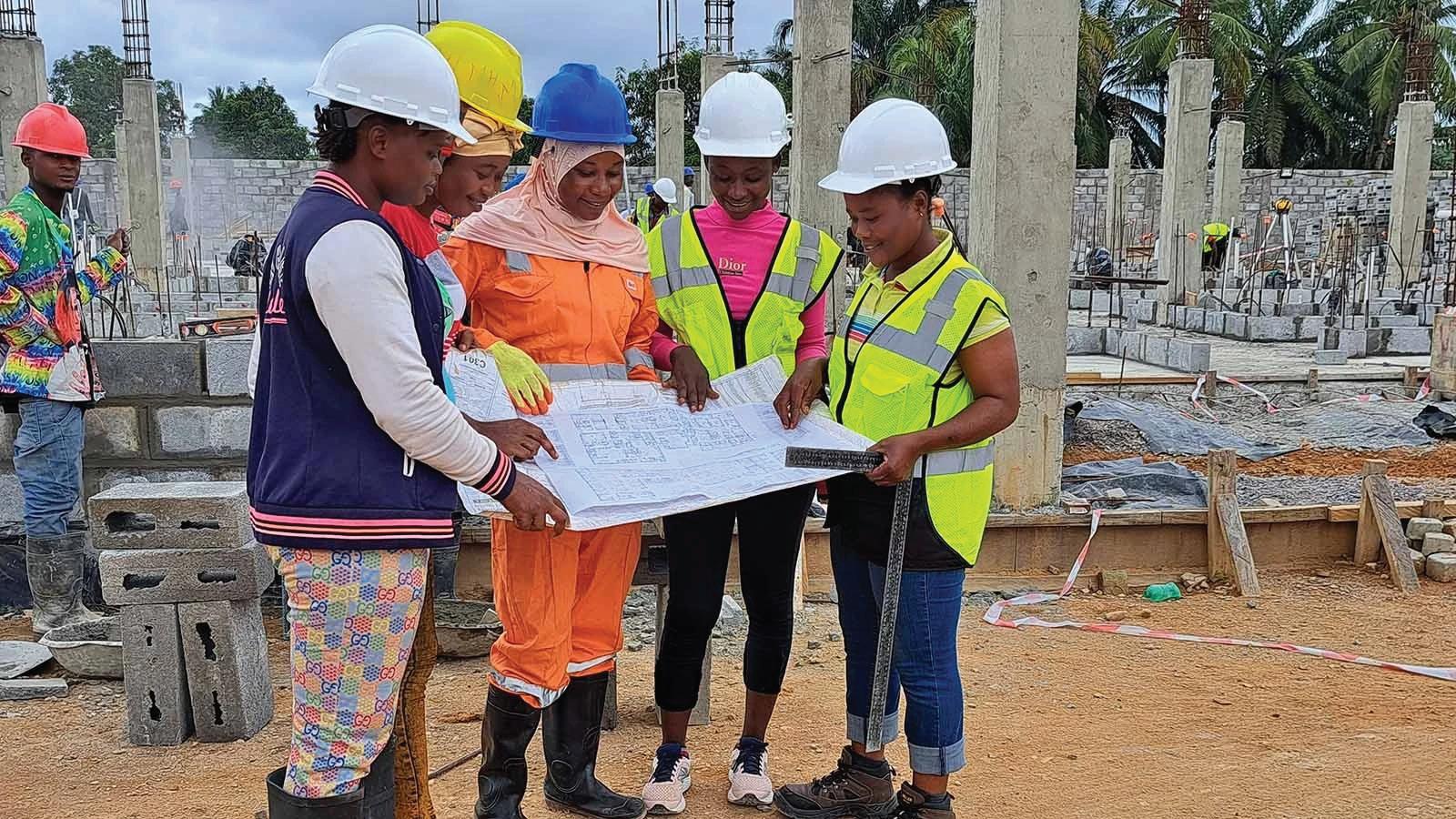
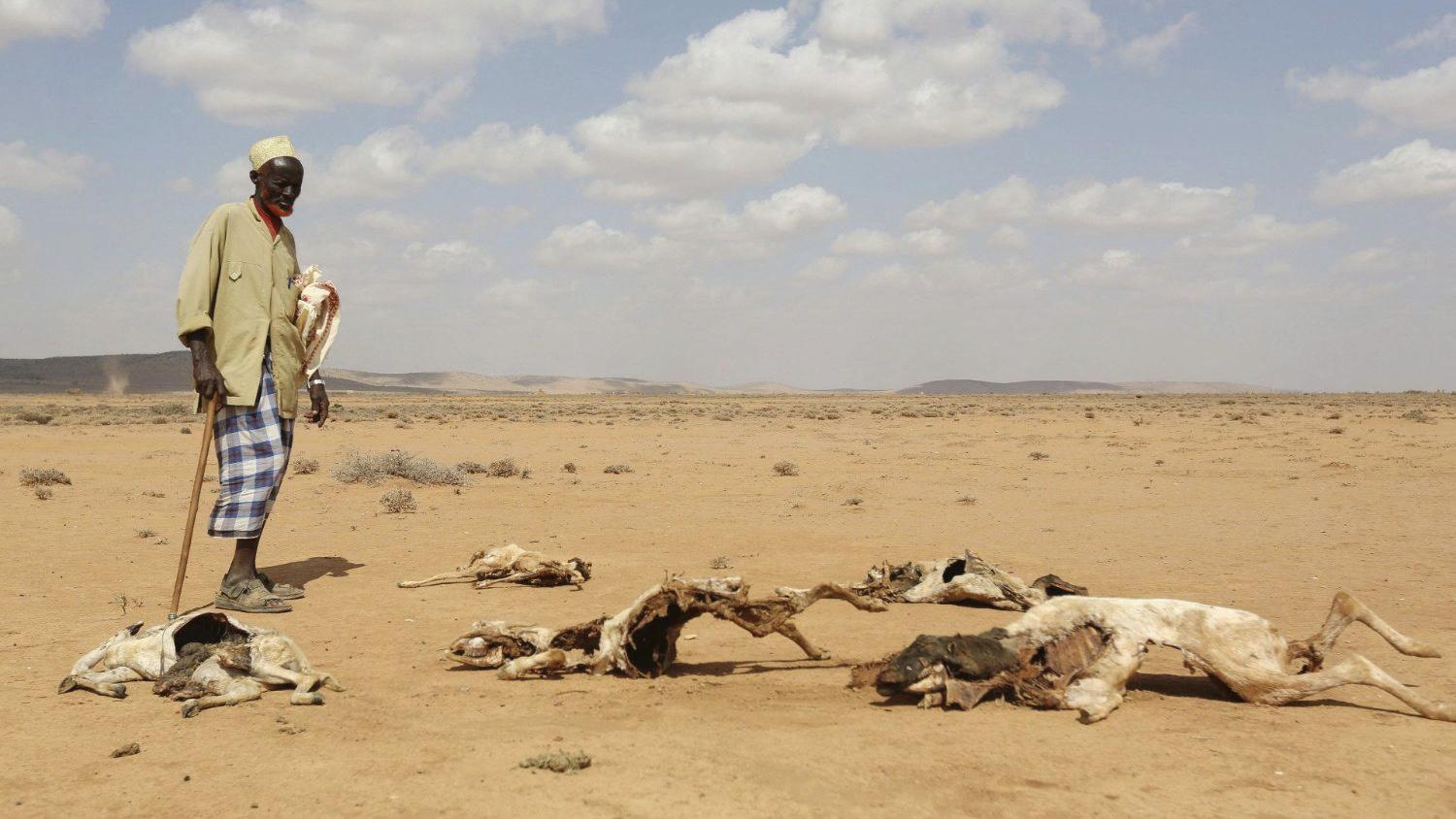


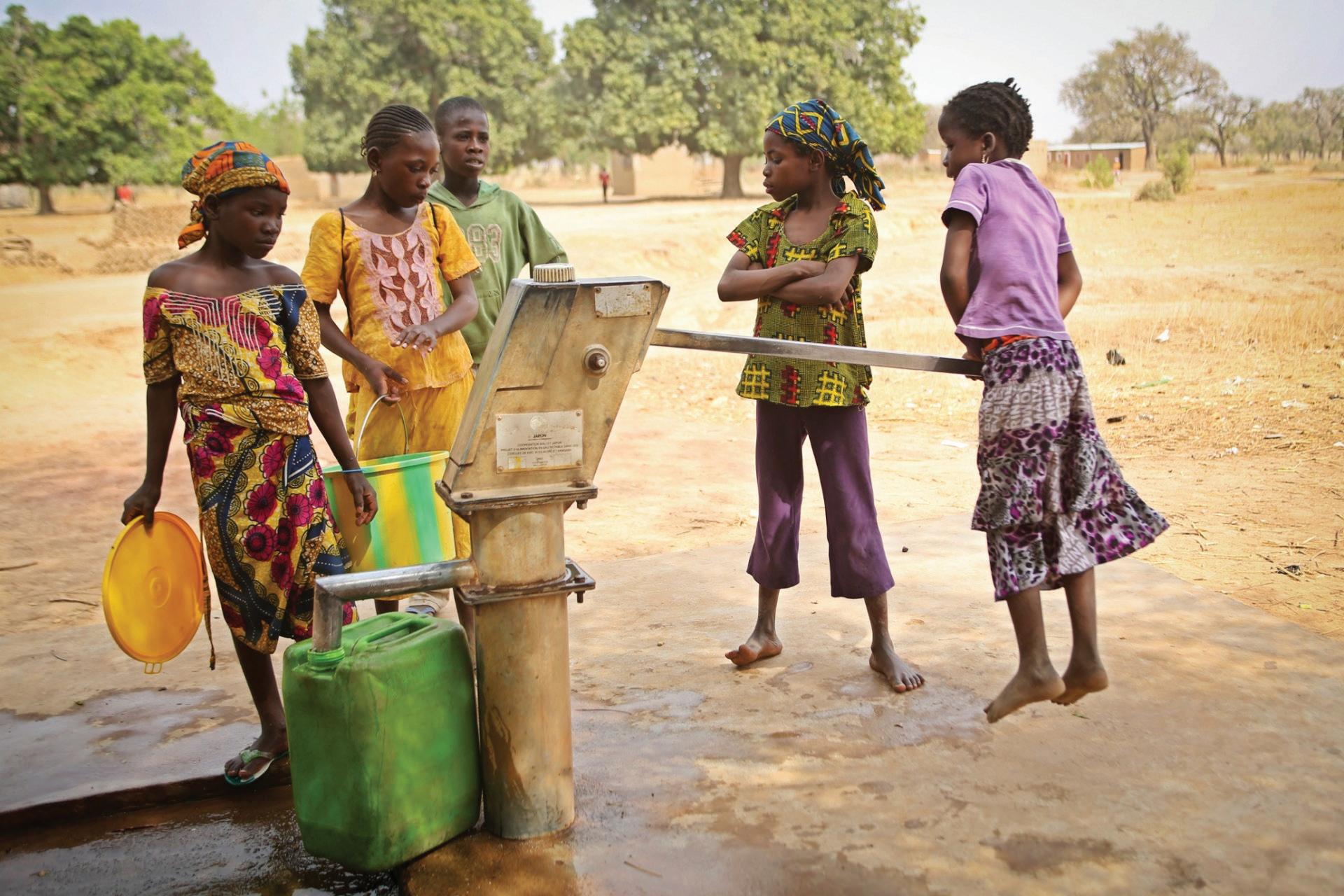
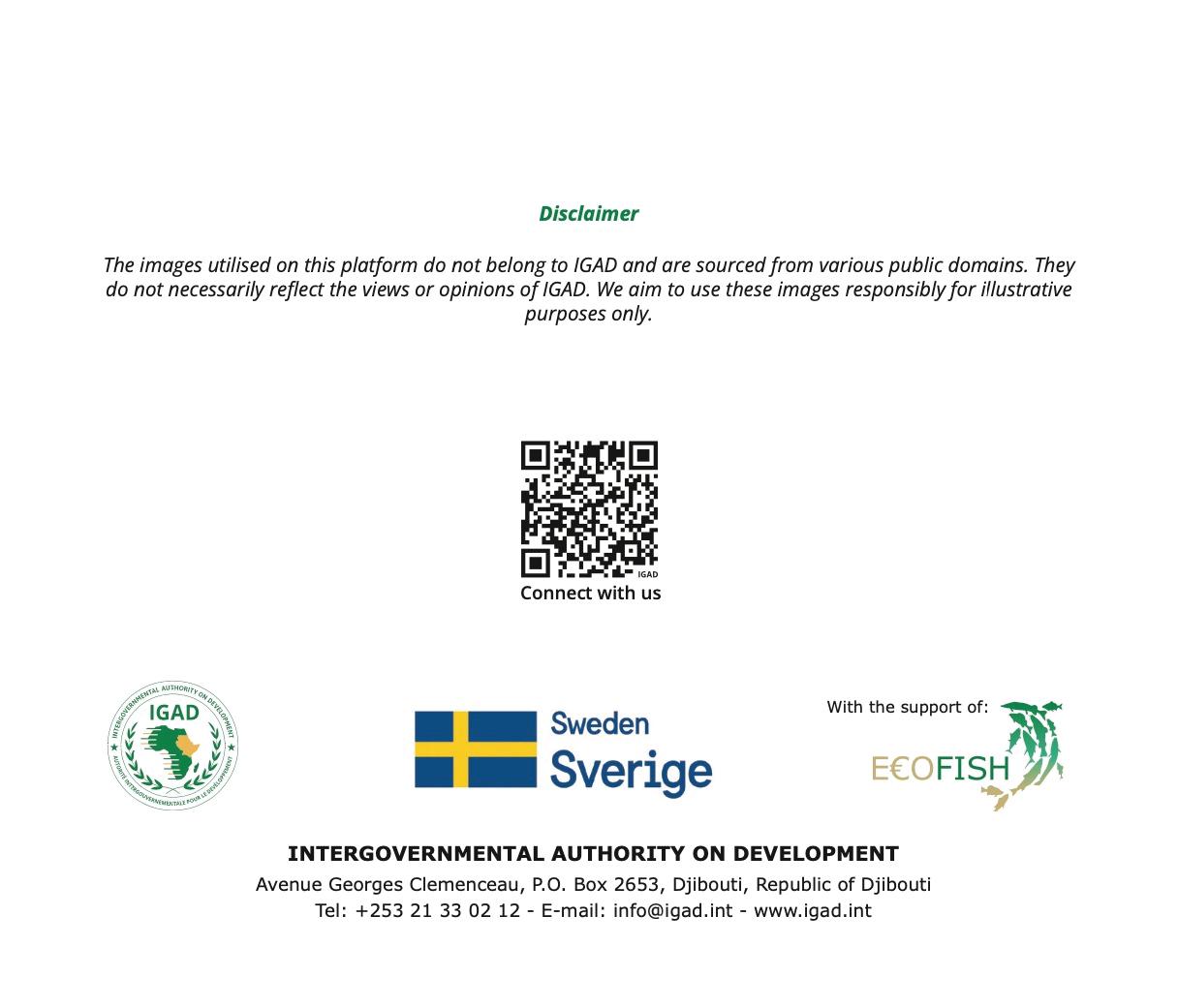
January-March 2024 IGAD QUARTERLY 1st Edition
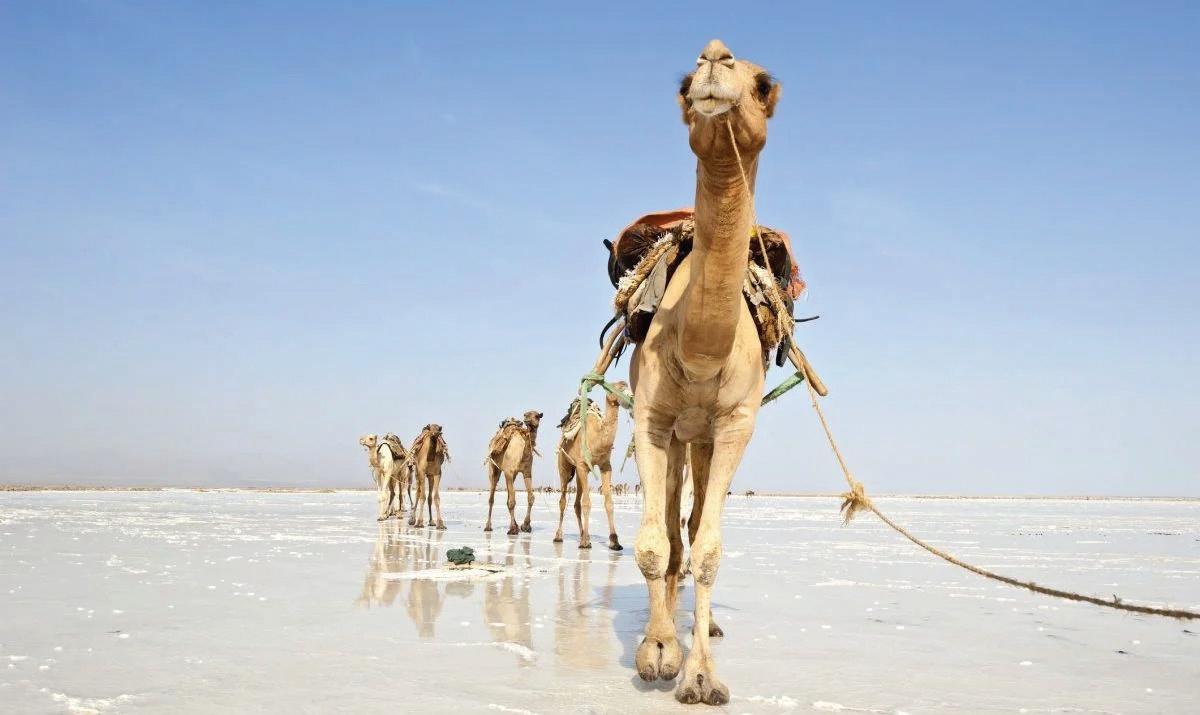




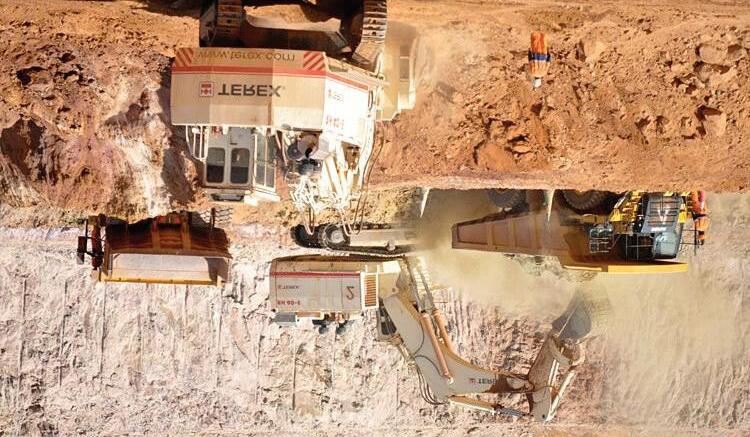

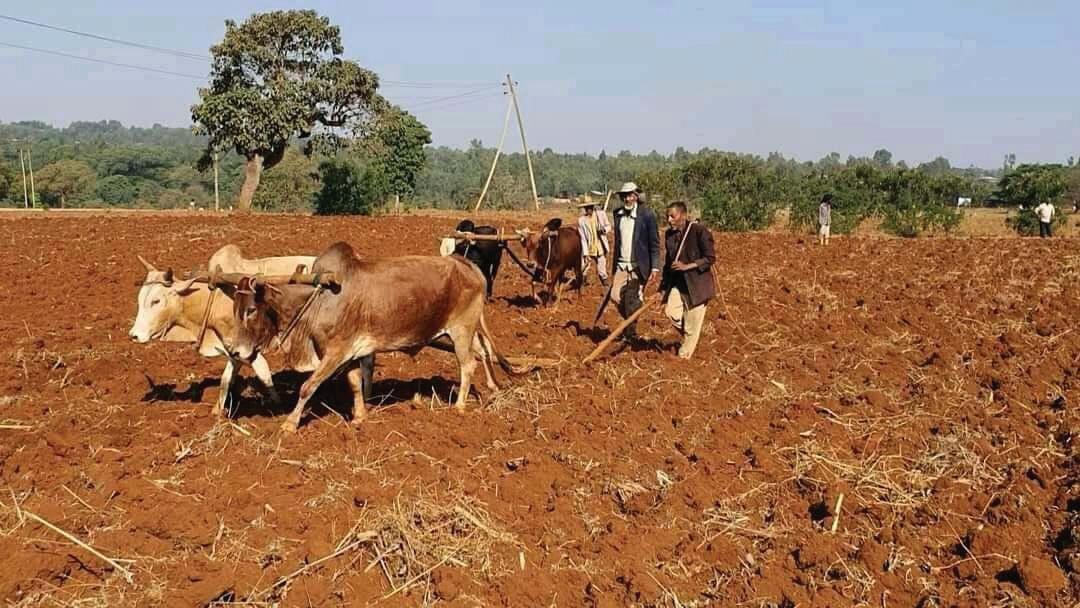

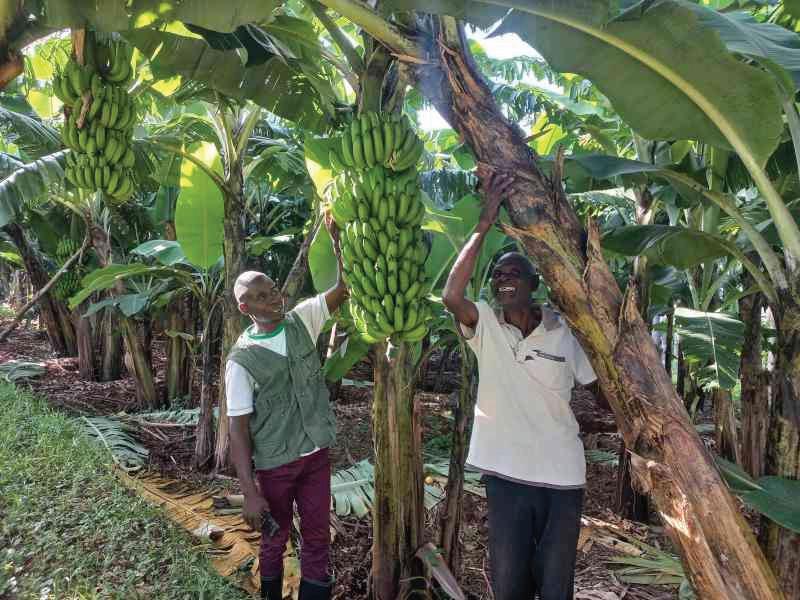
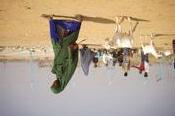
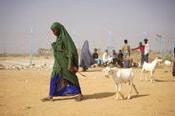
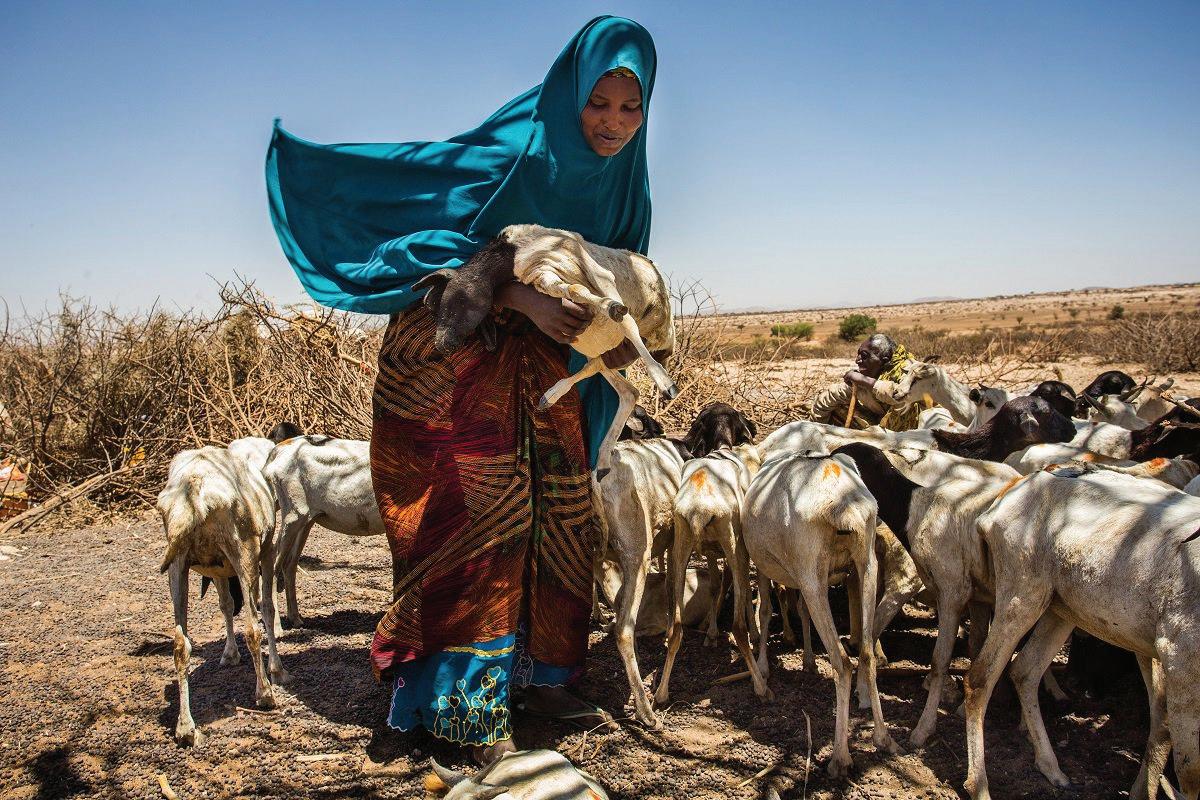

Follow us on ;
@igadsecretariat
@igadsecretariat
@igadsecretariat
@igadsecretariat
OFFICE OF THE EXECUTIVE SECRETARY
The 42nd Extraordinary Summit of the IGAD Assembly of Heads of State and Government.
IGAD Delegation at the 37th African Union Summit.
Strengthening Regional Ties and Peace E orts: H.E. Dr. Workneh's Diplomatic Mission in South Sudan.
IGAD Appoints First-Ever Youth Envoy.
Fragility Forum 2024: IGAD Dialogue makes case for Resilience-building in the Horn of Africa.
A glimpse of the IGAD Gender A airs experience sharing and gender agenda setting mission at the Commission on the Status of Women (CSW) 68th Session.
IGAD celebrated International Women’s Day.
Resilience of Women in the IGAD Region.
Preserving Biodiversity: The Horn of Africa’s Battle Against Illegal Wildlife Trade and the Innovative Solutions of HAWEN and TWIX.
TABLE OF CONTENTS
01 GENDER 02
06 07 08 09 10 14 17 18 AGRICULTURE AND ENVIRONMENT 03
Advocating
Climate Solutions Amidst Women’s Rights Challenges. Advancing Water Security in the IGAD Region. 25 27 28 ICPALD 04 Regional Pastoralism Expo 31 HEALTH AND SOCIAL DEVELOPMENT 05 IGAD - GIZ deliver IT equipment to Somalia and Uganda to accelerate and strengthen disease surveillance and monitoring systems in the region. 34
POEM:
for Gender-Responsive
IGAD - GIZ launches interventions to support the Moyale cross border host and mobile communities’ migrations potentials.
IGAD and Cities Alliance organize Learning Event on Solutions Migration and Displaced Persons in Secondary Cities.
IGAD to assess Skills and Opportunities for Migrants and Displaced Persons in Urban Cities of the Region.
Harmonisation
Improvement of Production and Utilisation of
Statistics in the IGAD Region - Technical working sub-group on Displacement Statistics. 35 37 38 39 PEACE AND SECURITY 06 41 42 CORPORATE SERVICES 09 M&E and Statistics Activities IGAD to Implements an Intranet Resource Portal 50 53 ICEPCVE 07 4th Annual Regional Research Conference: Integrating Gender Perspectives to Prevent and Counter Violent Extremism. Regional Legislators Meeting: Gender Sensitive P/CVE Legislations. High Level Regional Legislators’ Meeting: Gender Sensitive P/CVE Legislations. About IGAD Leadership Academy. 44 44 45 46 CEWARN 08 CEWARN and NSC of Kenya co-jointly launch the CEWARN Compendium in Nairobi. 47 Launching and Sensitisation Workshop of the Ethiopia Peace Building Training Manual. IGAD Conducts a Gender Mainstreaming Workshop for IGAD Member States’ Legislative Bodies. IGAD Media Awards 2024 10 IGAD Media Awards 2024: Celebrating Excellence in Journalism 54
and
Displacement
O ce of the Executive Secretary 01
The 42nd Extraordinary Summit of the IGAD Assembly of Heads of State and Government.
IGAD Delegation at the 37th African Union Summit.
IGAD Appoints First-Ever Youth Envoy.

05
The 42nd Extraordinary Summit of the IGAD Assembly of Heads of State and Government
IGAD Summit in Entebbe Addresses Regional Challenges
The 42nd Extraordinary Session of the IGAD Assembly of Heads of State and Government convened in Entebbe, Uganda, on January 18, 2024, marking a significant gathering aimed at addressing pressing regional issues. Hosted by the President of the Republic of Uganda, H.E. Yoweri Kaguta Museveni, the summit was graciously presided Chaired by H.E. Ismael Omar Guelleh, President of the Republic of Djibouti, and attended by H.E. Dr. William Ruto, President of the Republic of Kenya; H.E. Dr. Hassan Sheikh Mohamud, President of the Federal Republic of Somalia; H.E. Salva Kiir Mayardit, President of the Republic of South Sudan; H.E. Yoweri Kaguta Museveni, President of the Republic of Uganda;
Also, in attendance were: H.E. Dr. Workneh Gebeyehu, the Executive Secretary of IGAD; H.E. Moussa Faki Mahamat, Chairperson of the African Union Commission; H.E. Ramtane Lamamra, Personal Envoy of the UN Secretary General for Sudan; partners from the Kingdom of Saudi Arabia, United Arab Emirates, Egypt, European Union, United States of America, Türkiye, and the Arab League.
The 42nd Extra-ordinary Summit addressed the escalating tensions between member states Ethiopia and Somalia, as well as the unfolding events in Sudan. The Heads of State and Government emphasised the importance of dialogue in de-escalating conflicts, condemning the use of war as a means to address disputes. Their call for peaceful resolution echoed the sentiments of IGAD, underscoring the organisation's dedication to resolving conflicts through diplomatic channels.
The IGAD Executive Secretary, in a statement following the conclusion of the summit, expressed gratitude to all participating Heads of State and Governments for their commitment to addressing regional challenges, acknowledging the importance
of the shared responsibility of member states in tackling issues a ecting the region.
The summit concluded with a renewed sense of purpose and commitment to collaboration among IGAD member states. With a firm resolve to address regional challenges through peaceful means.
As the IGAD region continues to navigate complex geopolitical dynamics and emerging challenges, the 42nd Extraordinary Session serves as a testament to the organisation's unwavering commitment to promoting peace, stability, and development. Through collective action and dialogue, IGAD remains steadfast in its mission to foster cooperation and solidarity among member states for the collective benefit of the region.
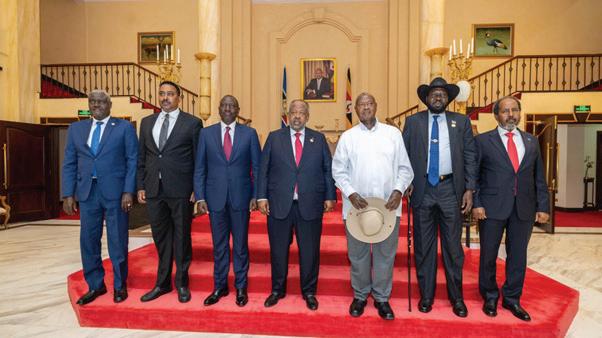
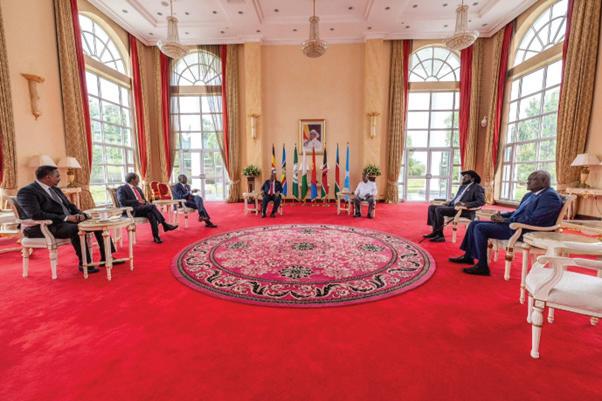
06
IGAD Delegation at the 37th African Union Summit
Introduction :
The recently concluded 37th African Union (AU) Summit held in Addis Ababa, Ethiopia, marked a significant moment for the Intergovernmental Authority on Development (IGAD) and its member
The IGAD delegation made a significant impact across various summit events, including the 44th Ordinary Session of the Executive Council and the Heads of State and Government Assembly. These

Reforms, highlighting Kenya’s dedication to regional and continental cooperation.
ty Council non-permanent seat for 2025-2026, demonstrating confidence in Somalia’s diplomatic prowess and its ability to advocate for African interests on the global stage.
grant agreements with the Governments of Switzerland and Ireland to support the Ceasefire and Transitional Security Arrangements Monitoring and Verification Mechanism (@CTSAMM_SSudan) in South Sudan. These agreements reinforce IGAD’s commitment to peacebuilding e orts in the region.
07

Throughout the summit, the IGAD delegation engaged in constructive dialogues with various stakeholders, including; Representatives from the United States State Department, H.E. Amb. Mike Hammer and Assistant Administrator for the bureau
UK Special Envoy for the Horn of Africa, H.E. Sarah Montgomery Germany’s Special Envoy for the Horn of Africa,
Former Prime Minister for Sudan, H.E. Abdalla Hamdok, Ambassador of Canada in Ethiopia and Djibouti, Ambassador of Switzerland in Ethiopia and Djibouti, and Ambassador of Ireland in Ethiopia and Djibouti,
Minister of Foreign A airs Brazil, H.E. Minister Mauro Vieira and other key partners. These discussions focused on enhancing collaboration, addressing regional challenges, and exploring avenues for mutual cooperation in
The 37th AU Summit provided a platform for IGAD member states to actively engage with regional and international partners, rea rm commitments to peace and stability, and advance collective e orts towards sustainable development in the Horn of Africa. Moving forward, IGAD remains steadfast in its dedication to fostering cooperation, strengthening partnerships, and addressing the diverse needs of the region for the prosperity of its people.
Strengthening Regional Ties and Peace E orts: H.E. Dr. Workneh's Diplomatic Mission in South Sudan
Between March 26th and March 29th, 2024, H.E. Dr. Workneh, the Executive Secretary of the Intergovernmental Authority on Development (IGAD), embarked on a significant diplomatic journey to South Sudan, aiming to foster cooperation and spur development within the region.
On Wednesday, March 27th, 2024, Dr. Workneh arrived at Juba International Airport, initiating his two-day o cial visit to South Sudan. He was warmly received by Mohammed Abdallah, the deputy Minister of Foreign A airs and International Cooperation of South Sudan, marking the beginning of his diplomatic engagement.
Dr. Workneh commenced a series of high-level meetings in Juba, in line with IGAD's facilitative role towards implementing the Revitalised Agreement for Resolution of Conflict in South Sudan (R-ARCSS). His first meeting involved discussions with Major General (Retired) Charles Tai Gituai, the chair of the Reconstituted Joint Monitoring and Evaluation Commission (RJMEC), and Major General Hailu Gonfa, the chair of the Ceasefire and Transitional Security Arrangements Monitoring and Verification Mechanism (CTSAMVM). Deliberations focused on assessing the progress and challenges encountered in implementing the peace agreement signed in Addis Ababa in 2018.
08
Expressing IGAD's commitment to the peace process, Dr. Workneh reiterated the organization's steadfast support towards achieving lasting peace in South Sudan. Subsequent engagements included meetings with the High-Level Standing Committee, led by the Minister for Cabinet A airs, Martin Elia Lomuro Lomuro, and other key stakeholders involved in the peace process.
Throughout his visit, Dr. Workneh emphasised the importance of collaboration and determination in achieving sustainable peace in South Sudan. He underscored IGAD's readiness to continue supporting the government and the people of South Sudan in their journey towards peace, security, and prosperity.
Dr. Workneh's diplomatic mission also included meetings with leaders and representatives of the Trilateral Mechanism, the African Union (AU), the
United Nations (UN), and IGAD, further enhancing regional cooperation and coordination e orts. The visit culminated in a series of engagements on Thursday, March 28th, 2024, including meetings with key figures such as Vice President Mama Rebecca Nyandeng and President Salva Kiir Mayardit. Discussions delved into various aspects of regional cooperation and development, reinforcing the commitment towards peace and prosperity in South Sudan.
The mission concluded on Friday, March 29th, 2024, with a final meeting at the AU Mission, where Dr. Workneh engaged with African Union representatives and members of the C5. As Dr. Workneh and his delegation bid farewell, their departure from Juba International Airport marked the end of a successful and impactful diplomatic mission, strengthening regional ties and advancing peace e orts in South Sudan.
IGAD Appoints First-Ever Youth Envoy
November 29, 2023 (MOMBASA, Kenya): the first-ever IGAD Youth Envoy was announced and appointed by H.E. Dr. Workneh Gebeyehu, the IGAD Executive Secretary.
H.E. Dr. Workneh Gebeyehu integrated the youth agenda into his flagship project for the first 100 days in o ce. This initiative aimed at realizing sustainable development and stability in the IGAD region. The establishment of the IGAD Youth Forum for Peace in 2021 was a step towards achieving these goals, providing a platform for youth engagement in conflict prevention, peacebuilding, and regional dialogue.
To operationalize the Youth Forum, the Executive Secretary appointed a high-level expert panel responsible for the trans-
parent and merit-based selection of the IGAD Youth Envoy. The Youth Envoy Mr. Sam Ogwal from Uganda was chosen from eligible candidates nominated by IGAD Member States, to play a crucial role in advocating for youth policy implementation, connecting with youth leaders, and bridging the between the youth and decision-makers at the regional level.
The newly appointed Youth Envoy is tasked with promoting inclusivity, gender balance, and diversity while upholding principles of transparency and accountability. Collaborating with IGAD leaders and various programs, the envoy will contribute to developing strategies that engage young people in economic, social, and political spheres

09
Fragility Forum 2024: IGAD Dialogue makes case for Resilience-building in the Horn of Africa
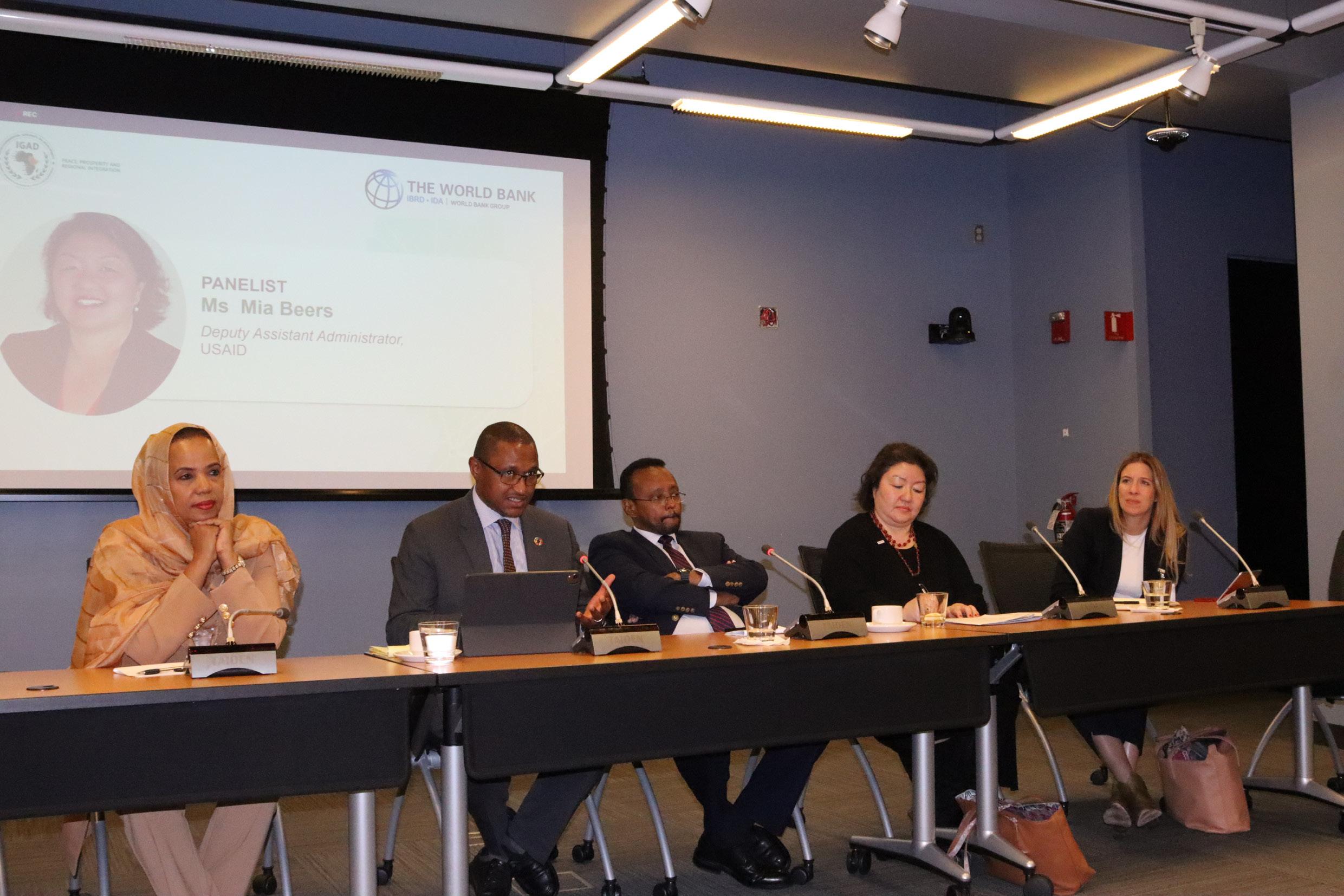
Speakers at the high-level dialogue organised by the Intergovernmental Authority on Development (IGAD) on the sidelines of the World Bank Fragility Forum 2024 made a strong case for investment to solutions that increase resilience and adaptability to climate and conflict related vulnerabilities in the Horn of Africa.
The hybrid dialogue organised under the theme, “Resilience-building in the Horn of Africa at the intersection of climate and conflict,” was one of the key events of the March 1st, 2024 Partners Day at the World Bank complex in Washington DC, a platform designed to foster collaboration and dialogue across a range of thematic areas for stakeholders and partners to the
World Bank following the 27th –29th World Fragility Forum main event.
In a session moderated by the UNHCR Regional Director for East, Horn of Africa and Great Lakes, Mr. Mamadou Dian Balde, the Director Health and Social Development at the IGAD Secretariat, Mme Fathia Alwan, representing the IGAD Executive Secretary, Dr. Workneh Gebeyehu stressed the need for collaboration to address the main causes of human mobility and displacement in the IGAD region being conflicts and adverse e ects of climate change.
“Currently around 60 million people in the IGAD region are faced with food insecurity mainly as a result of climate change.”
Mme Fathia highlighted how in 2022 and 2023 climate change resulted in five consecutive failed rainfall seasons in many countries in the Horn of Africa while other parts of the Horn experienced flooding. This, she said, was happening in a region that hosts close to 25 million displaced people comprising of over 19 million IDPs and 5 million refugees.
“The e ects of climate change across the region, including its contribution to disaster risk, are resulting in new patterns of human mobility and displacement within countries and across national borders.”
10
Appearing on the subsequent panel discussion which featured a wide range of topics, Mia Beers, the Deputy Assistant Administrator for the United States Agency for International Development (USAID) said the Agency had developed shock response monitoring systems to track the results of interventions and measure success in resilience programming in the Horn of Africa.
She highlighted a number of success stories as a result of these interventions including timely response to shocks which has been important to saving lives and livelihoods.
“Disaster response time in some IGAD Member States has been reduced from as much as 180 days in the drought of 2011 in the Horn to about 21 days in the recent crises in 2022 and 2023,” Mia said.
The World Bank Group’s Global Crisis Risk Platform Lead, Mr. Lindsey Paul Jones acknowledged that while the Horn of Africa is highly vulnerable to climatic shocks, the amount of climate financing going into the region is much lower than adaptation and mitigation financing and called for e orts to address the mismatch.
Kate Montgomery from Investment Fund, Acumen Capital Partners shared about how the Fund had developed products for financing companies and solutions working in the forced displacement space in the East and Horn of Africa and called for the full implementation of the IGAD Kampala Declaration on Jobs, Livelihoods and Self-Reliance of Refugees, Returnees and Host Communities to expediate private sector investments in displacement settings.
Dr. Guleid A. Artan, the Director, IGAD-Climate Prediction and Application Centre (ICPAC) established that climate prediction technologies were making a di erence in o ering timely information against disasters.
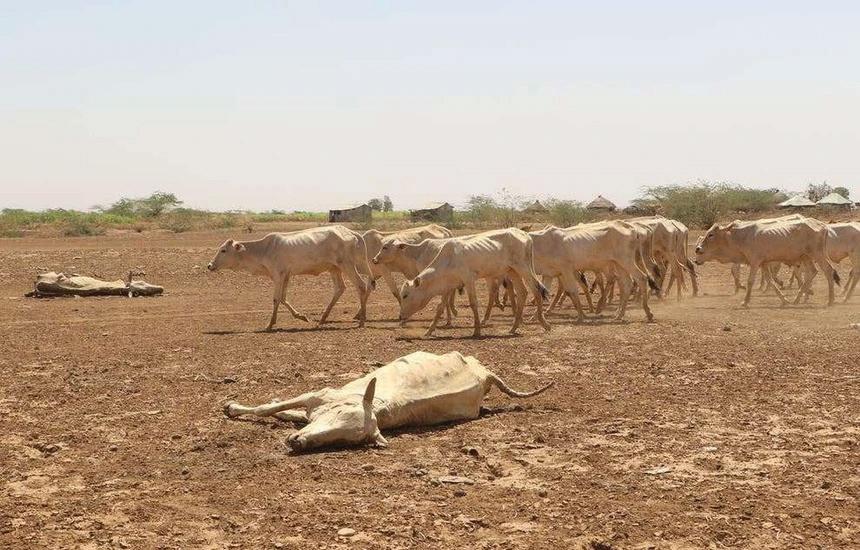
“Our commitment to climate prediction is grounded on the belief that informed decision making is the cornerstone of resilience by leveraging cutting edge technology, data driven insights and promoting regional cooperation,” said Dr. Artan.
The side event was attended by a cross-section of stakeholders including government representatives, international organisations, civil society, academia and the private sector.
According to the World Bank Information note, The Fragility Forum is a biennial event that brings together policymakers and practitioners from humanitarian, development, peace and security communities; public and private sector; academia; and civil society. The objective is to exchange innovative ideas and knowledge to improve development approaches in fragile, conflict and violence-a ected (FCV) settings to foster peace and stability.
The Fragility Forum 2024 was organised under the theme “Adapting and Innovating in a Volatile World,” with sessions curated around four sub-themes; Learning from our experiences in Fragility, conflict, and violence (FCV), fostering resilience in complex risk environments, addressing FCV in Middle income countries and the private sector in FCV.
Currently around 60 million people in the IGAD region are faced with food insecurity mainly as a result of climate change
11
Gender 02
A glimpse of the IGAD Gender A airs experience sharing and gender agenda setting mission at the Commission on the Status of Women (CSW) 68th Session.
IGAD celebrated International Women’s Day.
POEM: Resilience of Women in the IGAD Region.
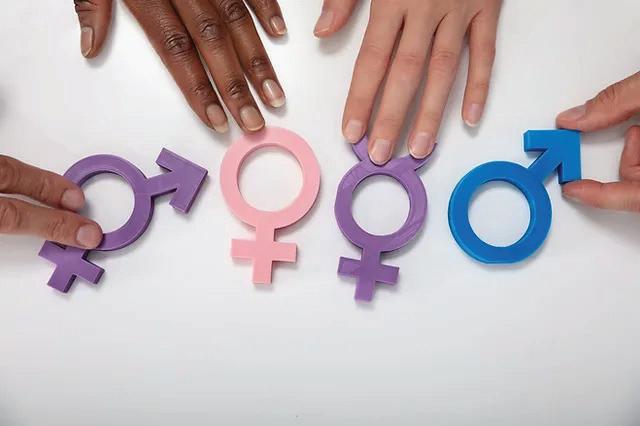
12
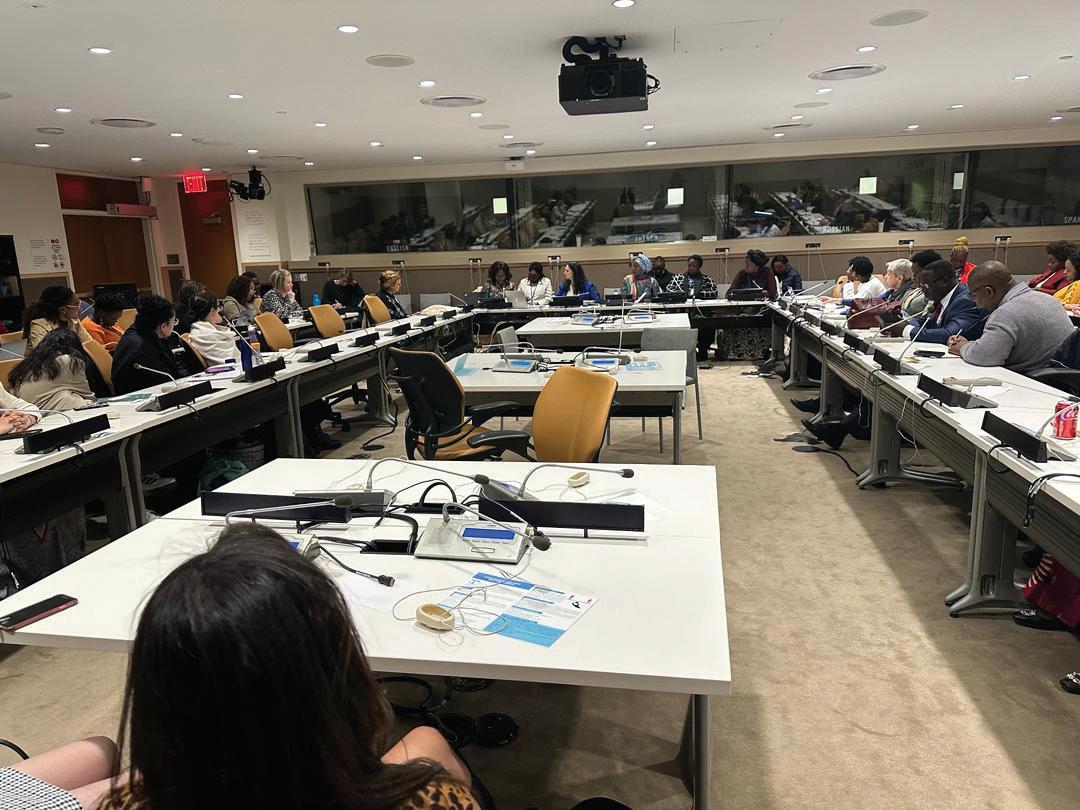
13
A
glimpse of
the IGAD Gender A
airs experience sharing and gender agenda setting mission at the Commission on the Status of Women (CSW) 68th Session, 11-21 March, 2024 New York, USA
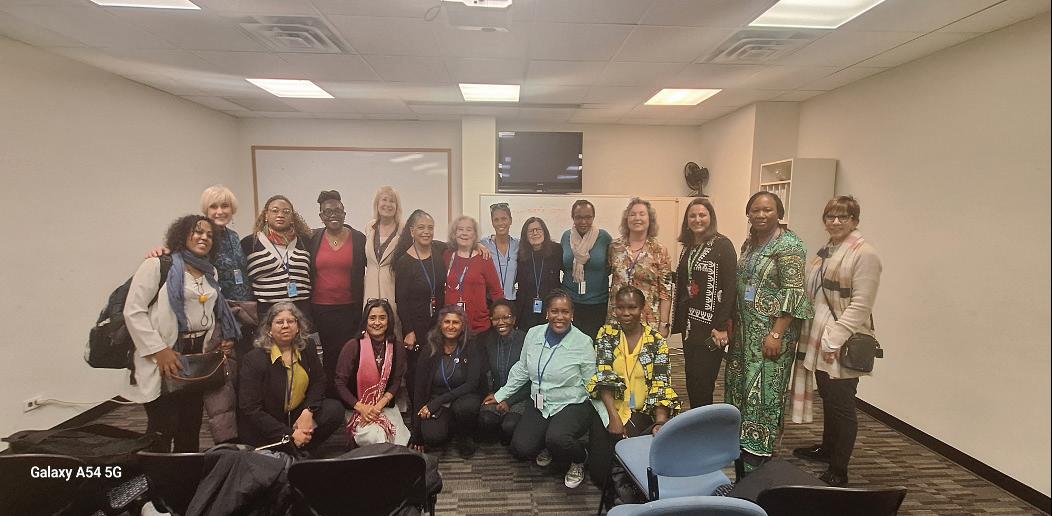
Translating commitments to actions!
The CSW is the principal global policy-making forum dedicated exclusively to gender equality and the advancement of women’s rights. Every year, representatives of United Nations (UN) member states, Regional Organisations and CSOs gather in New York to evaluate progress on gender equality, identify challenges, set global standards, and formulate concrete policies to promote gender equality and the advancement of women worldwide. The forum plays a critical role by bringing together governments, UN entities, NGOs, and other international and regional organisations to promote women’s rights and advance gender equality.
The 68th Session of the CSW held from 11-22 March 2024 under the priority theme “Accelerating the achievement of gender equality and the empowerment of all women and girls by addressing poverty and strengthening institutions and financing with a gender perspective” and the review theme, “Social protection systems, access to public services and sustainable infrastructure for gender equality and the empowerment of women and girls.”
IGAD Gender Department mandated to accelerate gender equality and women empowerment within
IGAD and Member States across IGAD region launched two comprehensive institutional policy frameworks at the end of 2023, IGAD Regional Gender Strategy 2023-2030 and IGAD Regional Action Plan on Women, Peace and Security 2023-2030 which were adopted by the IGAD Ministerial in Mombasa, Kenya.
The development process of the two strategic documents engaged IGAD member states at all levels from the inception in June 2021 throughout the three years period. Gender experts of Member States and IGAD sta s were engaged in person and virtually to ensure the documents were owned by both member states and IGAD for joint and coordinated implementations for accelerating gender equality and women empowerment in all aspects of development.
Several learning and best practices were recorded not only from the end products of the two strategic documents but also from the development process through the engagements of Member States, regional gender experts, IGAD regional forums’ members and sta s. Member Stats and IGAD have learned that translating commitments into action is critical and the focus within the coming seven years of implementaion of the two strategic documents
14
will be translating these commitments into concrete and impactful actions by all actors in Member States.
With the purpose of sharing its experience and setting the agenda of gender equality and women empowerment within the context of IGAD Region, IGAD Gender Project Coordinator participated in the CSW 68th Session in various events from 11-22 March 2024 in New York, USA. Among several parallel and special sessions on financing gender equality and women empowerment, female genital cutting, economic empowerment of women entrepreneurs’ gender equality and sustainable development, financial empowerment is the winner: nudging the world toward gender equality and launch of phase III UNFPA-UNICEF Global Programme to end Child Marriage were some. Two special events are covered under this article to provide a glimpse of events and actions
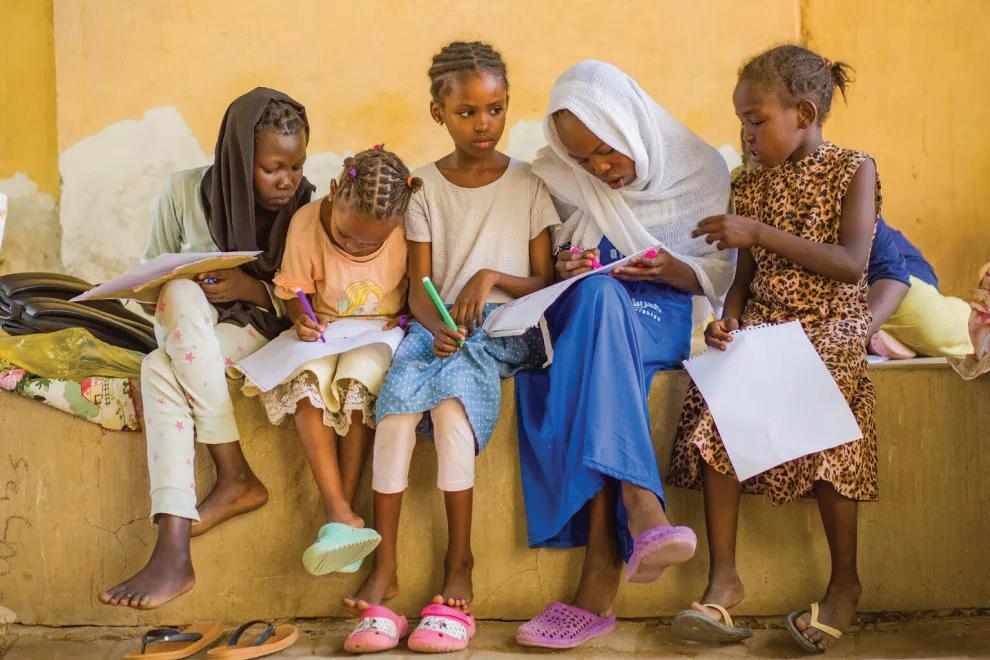
“Gender perspective in post conflict economic recovery and peace building”
13 March 2024, UNCC, New York, USA
IGAD Gender in collaboration with Women’s International Peace Center, Mediators Beyond Borders International, Dynamique Des Femmes Juristes (DFJ), Democratic Republic of Congo and Women Partners for Health (WOPAH) and South Sudan co-organised a special event on Gender perspective on Socio-Economic Post-Conflict Recovery and Peacebuilding on 13th March 2024 in New York at UNCC with a theme “gender perspective in post conflict economic recovery and peace building “. The event aimed at contributing to the overarching theme of CSW68 by focusing on the intersections between poverty, women’s socio-economic empowerment, post-conflict socio-economic recovery and peacebuilding e orts in conflict-a ected countries.
While the contribution of women and girls to the social and economic advancement of their communities and nations is recently acknowledged, this has not translated into significant gains and transformed experiences for these women and girls in the context of South Sudan and Democratic Republic of Congo. The challenges face by women and girls during conflict and post conflict recovery and the disproportionate impact of conflict on women
and girls were comprehensively addressed through a panel discussion. IGAD Gender Project Coordinator highlighted that feminisation of poverty where most women and girls in the IGAD region su er from deprivation and depletion shaped by structural inequalities in the household, labour market, and state institutions, and exacerbated by women’s experience of exclusion and discrimination. Poverty deprives women of the right to enjoy a decent standard of living, food security and nutrition, housing, quality healthcare and education. The disproportionate amount of care and domestic work performed by women limits their time, access to decent work, quality education and health care. This deprivation can also be seen in women’s unequal access to productive assets, finance, and in the restriction of their ability to participate fully and meaningfully in policy decision making processes, including on issues of financing. Despite the formulation of policies and strategies, concrete measures that translate these commitments into actions need to be taken. IGAD further highlighted the importance of regional approaches for coordinating national and cross boarder gender equality interests, financing the empowerment of women and gender mainstreaming in climate induced conflict management processes in IGAD region cross boarder areas for impactful results.
15

"Advancing women's political participation and decision making"
14 March 2024, UN Head Quarters, New York, USA
Special event on the launch of youth in democracy women’s leadership through social norms change initiative, UN Women, the Inter-Parliamentary Union, International IDEA and the United Cities and Local Governments.
The EU, UN Women and National governments including the government of Belgium launched a three-year initiative on political empowerment of women. During the launch UN Women and EU highlighted that the initiative aims at enhancing progress towards achieving SDG 5 gender equality goals, as well as to leverage collective action, partnerships, coordination, knowledge, and resources at a global level to promote the full and e ective participation and decision-making of diverse women, especially those most often left behind, through social norms change, networking and global and cultural attitudes that portray the roles of women in communities and society as incompatible with political power. It will build the political skills of young women, and engage men, boys, o ce holders and the media as allies for gender equality and women’s empowerment. IGAD Gender Coordinator, Ms. Awotash Tefera highlighted IGAD’s e orts towards advancing the political participation and leadership of women in the region using various regional approaches and platforms. She further noted the need for contextual approach that constructively engages men and boys and measures IGAD has been taking in the region to advance gender equality in the political front. The European Commission and UN Women further a rmed that approaches and strategies we use need to be tailored to promote the equal and mean-
ingful participation of men and women in leadership.
On 22 March 2022, at the end of the various sessions and parallel and special events, the commission on the status of women issued agreed conclusion that call up on actions aligned with the theme of the 68th session. By reiterating all international commitments including the Beijing declaration and platform for Action and SDGs dedicated to advance gender equality and women empowerment, the commission urged governments to act to fully implement existing commitments and obligations with respect to the achievement of gender equality and the empowerment of all women and girls. The call to actions addresses the advancement of women rights in political social and economic spheres. See the full agreed conclusion here:
https://www.unwomen.org/sites/default/files/2024-03/csw-68-agreed-conclusions-advance-uneditedversion-2024-03-22-en.pdf
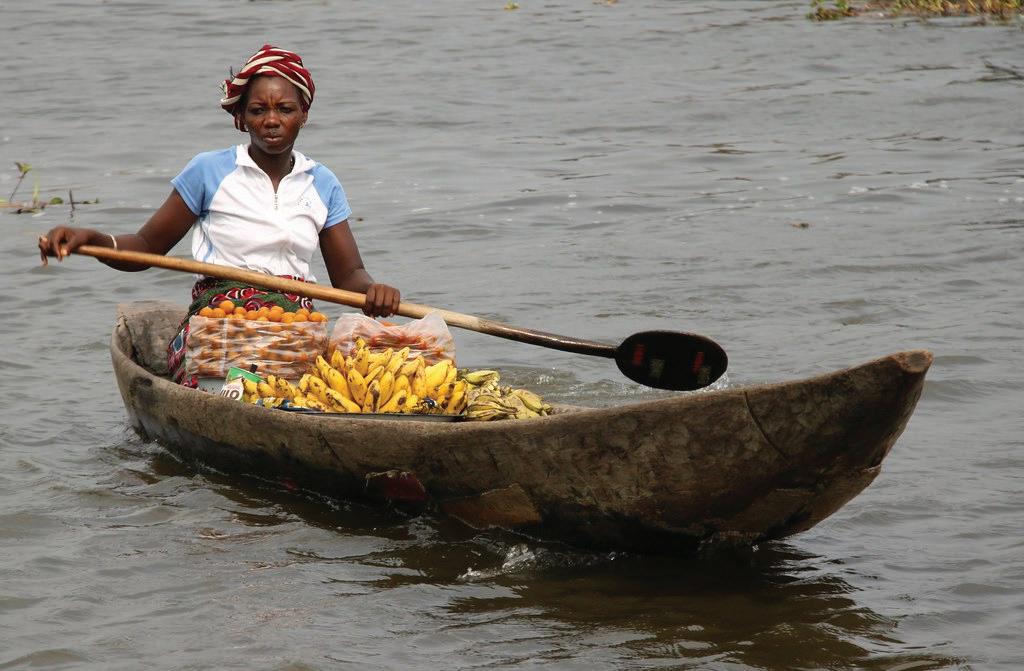
16

IGAD celebrated International Women’s Day
March 8, 2024 (DJIBOUTI-VILLE, Djibouti): The Intergovernmental Authority on Development (IGAD) marked International Women’s Day with a vibrant celebration held in Djibouti under the theme "Invest in Women: Accelerate Progress".
The event saw the participation of IGAD Executive Secretary, Dr. Workneh Gebeyehu, alongside a delegation of Migration and Forced Displacement experts from all IGAD member states. In his opening remarks, Dr. Gebeyehu highlighted the pivotal role
women have played in the IGAD region in peacebuilding, conflict resolution, sustainable development, and fostering social cohesion.
“On this International Women’s Day, let us celebrate the achievements of women, honour their resilience, and recommit ourselves to the pursuit of gender equality and women’s empowerment,” Dr. Gebeyehu proclaimed. He further elaborated on the indispensable contributions of women leaders in the IGAD region, emphasising their
determination and leadership in shaping a better future and ensuring that women's voices are heard and respected.
“As we reflect on the progress we have made, we must also acknowledge the challenges that women continue to face,” he continued. “Gender inequality, discrimination, violence, and lack of access to education and healthcare remain significant barriers to the full realisation of women’s rights and potential.”
17

Dr. Gebeyehu called upon all IGAD member states to stand in solidarity with women and advocate for their cause to create a more just and equal society. “Let us pledge to support policies and initiatives that promote gender equality, empower women economically and politically, and ensure their full participation in decision-making processes,” he urged.
IGAD’s migration programmes, among other initiatives, prioritise support for women in cross-border areas through policy development, knowledge-sharing, peer learning, and developmental projects, including community cohesion cash schemes.
POEM: Resilience of Women in the IGAD Region
On the 8th of March, as we celebrate, To mark the Women’s Day, a special date, This poem is dedicated to you, To honour the strength and grace you radiate
For the women who rise with the morning sun, With dreams and aspirations, never undone, Your spirit shines bright, like a guiding star, In every endeavour, you’ve come so far.
In fields and o ces, you make your mark, Breaking barriers, igniting a spark, Your resilience knows no bounds or measure, In every challenge, you find hidden treasure.
With compassion as your guiding light, You nurture, heal, and make things right, As mothers, sisters, daughters, and friends, Your love and support, it never ends.
In classrooms, you thirst for knowledge’s gain, Seeking wisdom, breaking every chain, Your intellect and curiosity inspire, As you reach for the stars, aiming higher.
In boardrooms, your voices resound, Leadership and expertise, you astound, With determination and courage so true, You pave the way for a future anew.
On this Women’s Day, we stand in awe, Of the strength and resilience that you draw, You’ve faced adversity with unwavering might, Transforming challenges into beams of light.
So, to the women of the world so grand, This poem is dedicated, hand in hand, May your spirits forever soar and rise, For you are the heroes in our eyes.
On the 8th of March, as we celebrate, To mark the Women’s Day, a special date, This poem is dedicated for you, For the remarkable women, strong and true.
Dedicated to the resilient women of the IGAD region, Whose strength and courage inspire and enliven, Through trials and triumphs, they persevere, Their resilience, a beacon shining clear.
To the women farmers, nurturing the land, To the traders, forging paths so grand, To the rangers, guardians of nature’s grace, To the artists, creating beauty in every space.
To the peacemakers, bridging divides, To the refugees, rebuilding their lives, To the nurturers, weaving love and care, To the leaders, breaking barriers with flair.
18
POEM:
Resilience of Women in the IGAD Region
To the fighters for justice, equality, and peace, To the voices that won’t cease, To the seekers of knowledge, breaking chains, To the entrepreneurs, embracing new domains.
To the mothers, sisters, daughters, and friends, Whose resilience knows no ends, We celebrate your strength, your unwavering might, In the IGAD region, your future shines bright.
This dedication is a tribute to your spirit, Your resilience, a force that uplifts and uplifts, May your stories continue to inspire and ignite, In the IGAD region, your resilience takes flight.
In the land where the sun shines bright, In the IGAD region, a wondrous sight, There dwell women of strength and grace, Whose resilience we now embrace.
On this Women’s Day, let us celebrate, Their spirits unyielding, their hearts innate, Through trials and tribulations they persist, Their courage and determination we can’t resist.
From Djibouti to Ethiopia’s highland plains, From Eritrea’s shores to Sudan’s terrains, From Kenya’s savannahs to Somalia’s coasts, These women’s resilience echoes the most.
In Ethiopia’s highlands, where co ee beans grow, Women farmers work tirelessly, row by row. They tend to the crops with unwavering care, Their resilience brings sustenance beyond compare.
Ethiopia’s women, nurturers of the land, In rural communities, their strength expands. They till the soil, they sow the seeds, Their resilience, a source of sustenance that exceeds.
In Djibouti’s bustling streets and busy ports, Women traders engage in commerce of all sorts. With determination, they negotiate and sell, Their resilience fuels economic growth so well.
Djibouti’s women, guardians of the sea, Fishers and divers, embracing the maritime plea. They navigate the waters, preserving marine life, Their resilience, a beacon in the depths so rife.
In Eritrea’s landscapes, where strength is revered, Women break barriers, their voices heard. They challenge traditions, paving the way, Their resilience empowers a brighter day.
Eritrea’s women, artists of life, Through creativity, they transcend strife. With colours and melodies, they heal and inspire, Their resilience, a masterpiece that never tires.

19

Sudan’s women, fierce and bold, In the face of adversity, they unfold. They fight for justice, equality, and peace, Their resilience brings hope, never to cease.
Sudan’s women, catalysts of progress, From education to healthcare, they address. Challenging norms, they pave the way, Their resilience, an unstoppable ray.
In Kenya’s savannahs, where wildlife roams free, Women rangers protect with unwavering glee. They guard the fauna, preserving nature’s grace, Their resilience safeguards this precious space.
Kenya’s women, leaders in their own right, Breaking barriers and shining with might. From politics to business, they make their mark, Their resilience, a catalyst for a more inclusive spark.
Somalia’s women, resilient through strife, They rebuild their communities, breathing life. With resilience as their guiding light, They bring hope and healing, day and night.
Somalia’s women, fighters for change, In the face of adversity, they rearrange. They reclaim their voices, they break free, Their resilience, a testament to their fierce decree
In South Sudan, where conflicts have raged, Women emerge as peacemakers, undeterred and engaged.
They bring communities together, healing wounds, Their resilience breaks barriers, fostering harmony that astounds.
Uganda’s women, warriors of hope, In refugee settlements, they tirelessly cope. They rebuild their lives, creating new beginnings, Their resilience shines through, igniting brighter innings.
Women, they rise in the face of adversity’s might, Their dreams and aspirations take flight, They break the shackles that hold them tight, Their voices resound with unwavering might.
In the fields, they toil with unwearied hands, Tending to crops and cultivating lands, Nurturing families with love and care, Their resilience a testament, beyond compare.
In homes, they nurture and heal, Their love and compassion, a sacred seal, As mothers, sisters, and daughters they stand, Their resilience, a bond, a united band.
In the IGAD region, their stories intertwine, Women’s resilience, a beacon that will shine. Their strength, their courage, an unwavering flame, Guiding the future with resilience as their name.
20
In the IGAD region, women’s resilience runs deep, Stories of triumph and perseverance to keep. Let’s delve into their lives, their journeys untold, Their strength, their struggles, their victories unfold.
So, on this Women’s Day, let us raise our voice, In honour of these women, let us rejoice, Their resilience, a beacon, a guiding light, In the IGAD region, shining ever so bright.
Poem written by:
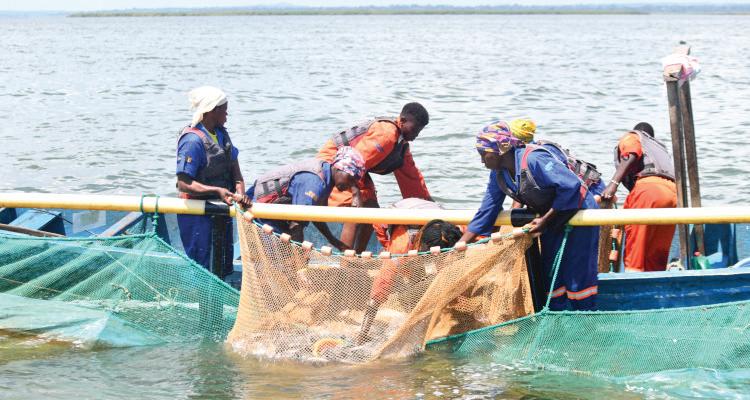

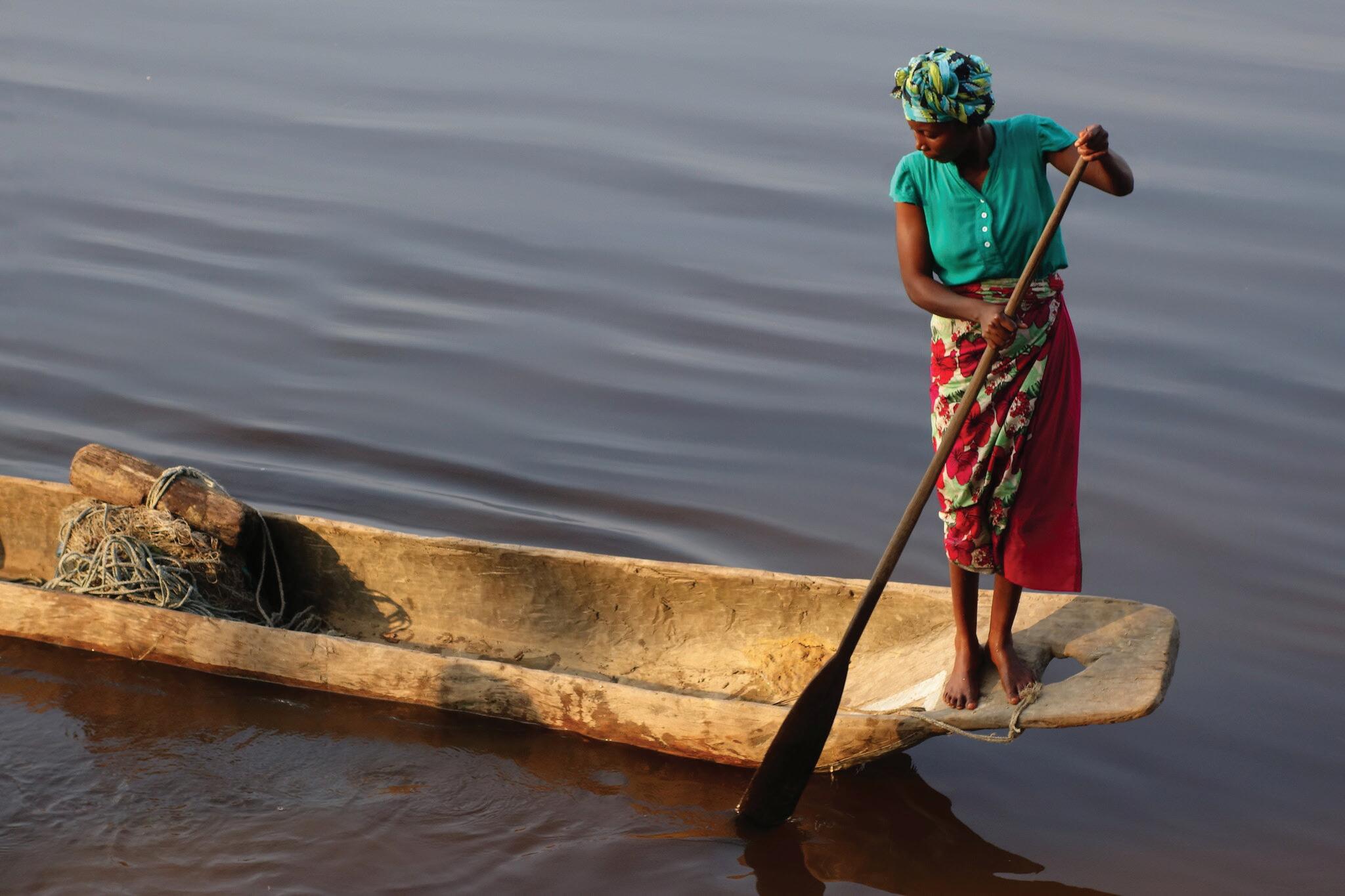
21

Honouring the strength, resilience, and courage of women worldwide! On this #InternationalWomensDay, join me in celebrating the incredible role of women in our region as advocates and enablers for peace. In areas marred by conflict, women confront a myriad of challenges, yet their pivotal roles in shaping peace are undeniable. Here's to the unsung heroes, the peacemakers, and the pillars of stability—may your impact continue to ripple across borders.
Happy International Women's Day!
Dr. Workneh Gebeyehu, IGAD Executive Secretary
22
Agriculture and Environment 03
Preserving Biodiversity : The Horn of Africa’s Battle Against Illegal Wildlife Trade and the Innovative Solutions of HAWEN and TWIX.
Advocating for Gender-Responsive Climate Solutions Amidst Women’s Rights Challenges.
Advancing Water Security in the IGAD Region.
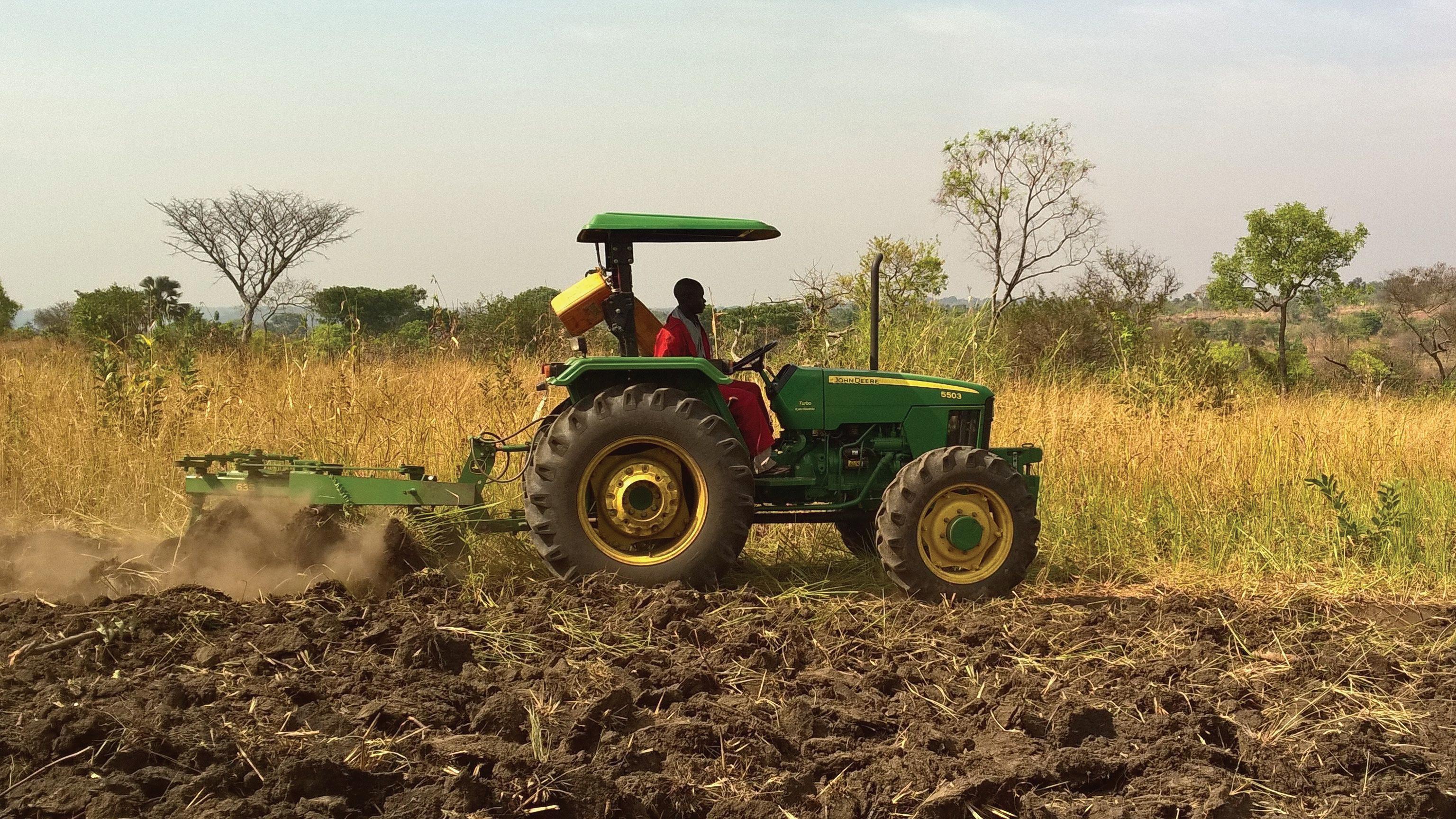
23
Preserving Biodiversity

THEME: Connecting People and Planet:
24
1,500 mammal species,
1,400 breeding bird species,
3,200 higher plant species, several challenges threaten this rich biodiversity. High population growth, poaching, illegal wildlife trade, human-wildlife conflicts, habitat loss, climate change, industrialisation, overexploitation, poor land use practices, and increasing pollution
Preserving Biodiversity : The Horn of Africa’s Battle Against Illegal Wildlife Trade and the Innovative Solutions of HAWEN and TWIX
THEME: Connecting People and Planet:
The Horn of Africa (HoA) boasts an extraordinary array of biodiversity, featuring rare and endemic wildlife species, unique habitats, ecosystems, and both tangible and intangible heritage. With over 1,500 known mammal species, 1,400 breeding bird species, and more than 3,200 higher plant species, the region holds immense potential for sustainable development and livelihood support. Its abundant resources could serve as a solid foundation for tourism and other natural resources-based development programs, provided they are e ectively managed. However, several challenges threaten this rich biodiversity. High population growth, poaching, illegal wildlife trade, human-wildlife conflicts, habitat loss, climate change, industrialization, overexploitation, poor land use practices, and increasing pollution are among the factors endangering unique species. If left unaddressed, these challenges could exacerbate social, economic, security, and environmental problems, undermining sustainable development, food security, good governance, and the rule of law.
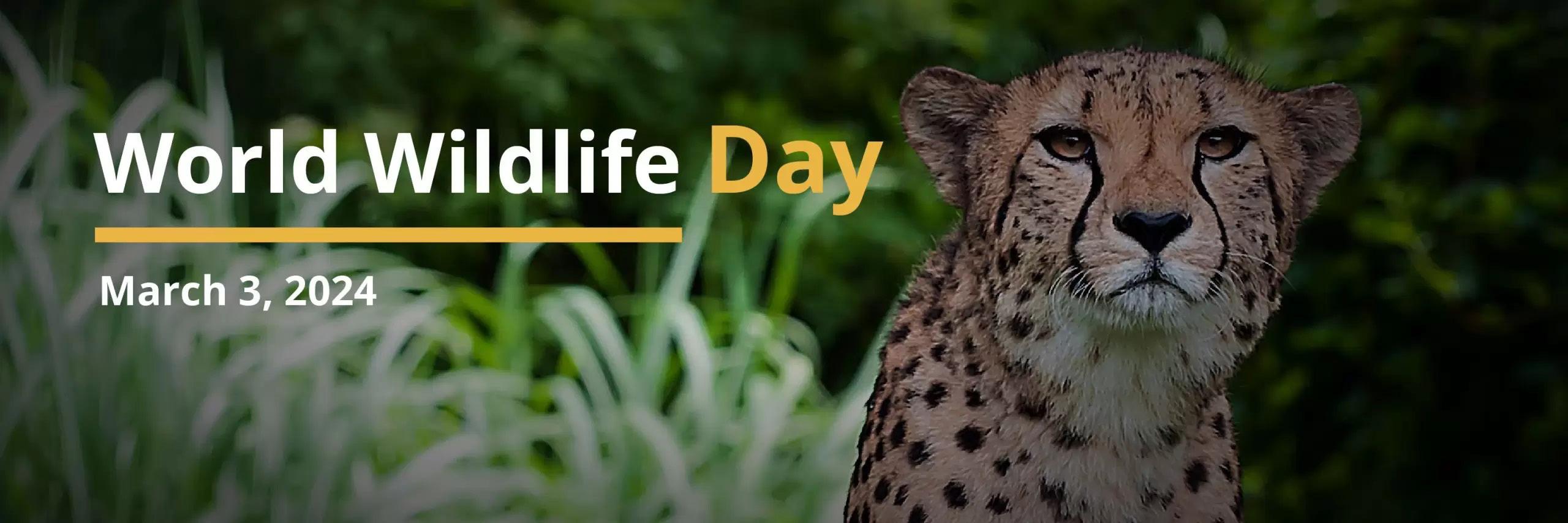
A significant emerging threat in the Horn of Africa is the illegal trade of live cheetahs, with Ethiopia and Somalia identified as key countries of origin, according to the UNODC World Wildlife Crime Report in 2020. For example, in the 10 years since 2013, TRAFFIC’s Wildlife Trade Information System (WiTIS) has recorded 208 live Cheetahs confiscated in 38 seizures in Somalia alone. This illicit tra cking, if not curbed, poses a severe risk to conservation e orts in the region.
To tackle these issues, the African Union took a stand in 2014, adopting an Executive Council decision on the illegal exploitation and trade of Wild Flora and Fauna. Subsequently, the African Union developed a Strategy on Combating Illegal Exploitation and Illegal Trade in Wild Flora and Fauna. In alignment with this strategy, the Intergovernmental Authority on Development (IGAD) adopted its Wildlife Management Strategy in 2017.
In response to the challenges and dynamics of the region, the Horn of Africa Wildlife Enforcement Network (HAWEN) was established in 2017. HAWEN aims to strengthen intergovernmental cooperation in preventing and combating wildlife tra cking.
25
The network seeks to e ectively coordinate and facilitate member states in implementing the IGAD’s Wildlife Strategy, fostering harmonized information sharing, and promoting transboundary collaboration.
The HAWEN Secretariat, based in Djibouti, is actively engaged in implementing elements of the HAWEN Action Plan approved in 2018.
Additionally, the Eastern Africa-TWIX platform, managed by TRAFFIC, provides a crucial tool for combatting illegal wildlife trade (IWT). This platform includes a website, database, and mailing list, facilitating real-time information exchange and international cooperation among law enforcement agencies and management o cials. A sensitisation workshop on the TWIX platform was conducted in 2018, and currently, 350 users are connected, with over 100 seizure data entries and more than 230 exchanged messages.

Support for HAWEN and TRAFFIC’s Eastern Africa-TWIX has been extended by various entities and governments, including the Netherlands, U.S., GIZ, IWT DEFRA CF, in collaboration with the Cheetah Conservation Fund, and INL.
Looking ahead, the focus is on documenting best practices for digital innovations in wildlife conservation, developing a regional wildlife resource database, adopting digital technologies to trace and report illegal wildlife trade, and providing capacity-building for wildlife law enforcement. Training and mentoring on the TWIX platform will be o ered to ensure maximum benefit for frontline law enforcement o cials from IGAD member states.
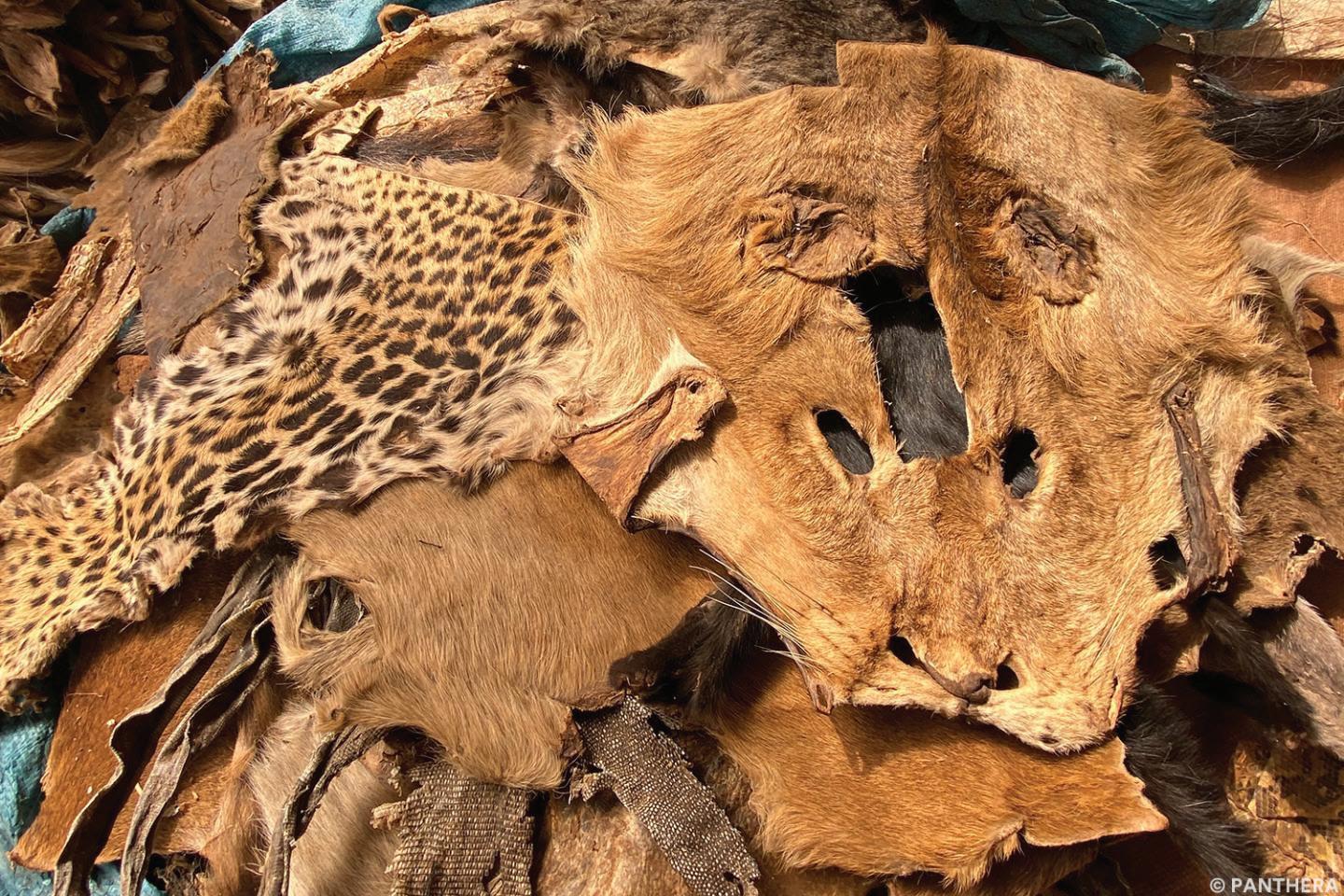
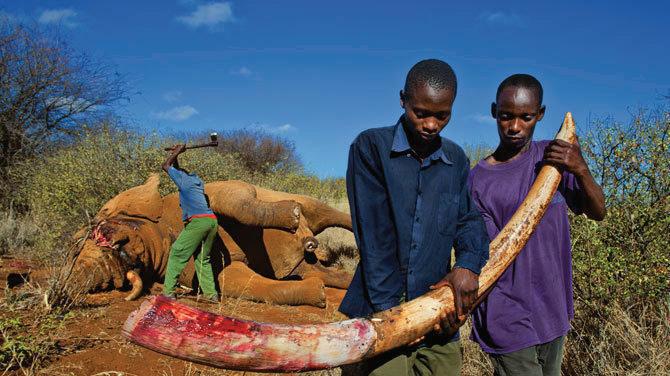
The focus is on documenting best practices for digital innovations in wildlife conservation, developing a regional wildlife resource database, adopting digital technologies to trace and report illegal wildlife trade, and providing capacity-building for wildlife law enforcement
The focus is on documenting best practices for digital innovations in wildlife conservation, developing a regional database, adopting technologies to trace and report illegal wildlife trade, and providing capacity-building for wildlife law enforcement
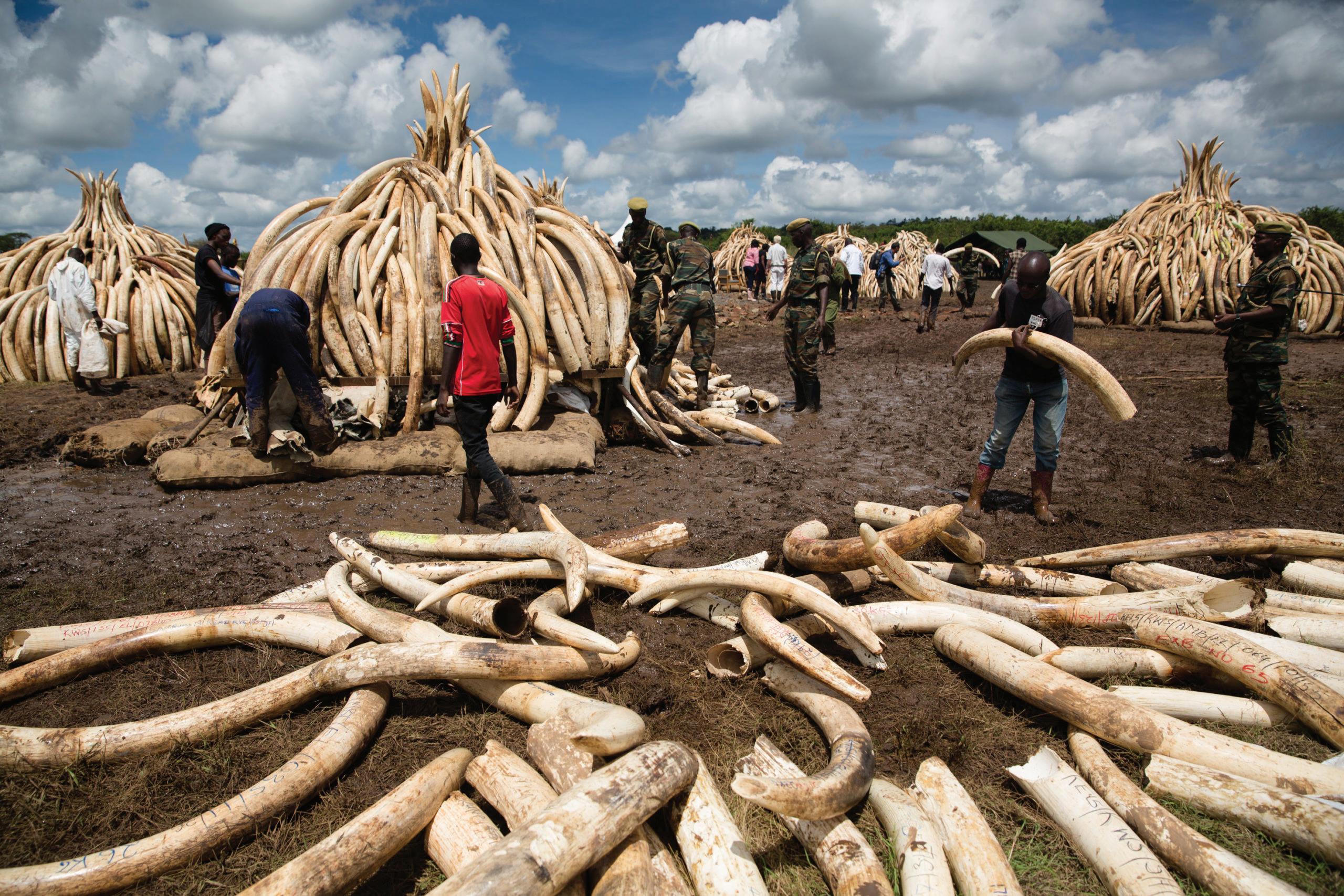
26
Advocating for Gender-Responsive Climate Solutions Amidst Women’s Rights Challenges
IGAD joins the rest of the world in commemorating International Human Rights Day, marking the conclusion of the 16 Days of Activism. This year’s global theme for IHRD, ‘Equality, Freedom, and Justice,’ aligns with IGAD commitments outlined in the IGAD Gender Strategy 2023-2030, along with other frameworks like the IGAD Regional Strategy 2020-2025.
Rural women in the IGAD Region predominantly derive their livelihoods from agriculture and fisheries. However, these crucial sectors face substantial impacts from climate change, disrupting not only production but the entire value chain. IGAD has actively studied the gender perspective within climate change’s influ ence on agriculture and the Blue economy, propelling the design and implementa tion of gender transformative interventions.
With support from the African Development Bank/African Climate Change Fund, the Land Governance Programme recently conducted a Gender and Power analysis within the context of climate change. Similarly, a gender analysis related to the Blue economy received backing from the Swedish Government. Both assessments vividly highlight intersectional inequalities exacerbated by climate change, a ect


sifying competition among agriculture, ecosystems, and settlements, thereby impacting rights such as access to water and sanitation, health, life, food, and an adequate standard of living. Women’s rights, particularly, have been infringed due to this crisis, largely influenced by existing social norms and gender roles.
The Fifth Assessment Report (AR5) by the Intergovernmental Panel on Climate Change (IPCC) emphasizes the vulnerability of socially, economically, culturally, and politically marginalized individuals to climate change and its responses. The Convention on the Elimination of all Forms of Discrimination Against Women (CEDAW), as the first explicit global framework on women’s rights, underscores the need to protect rural women from such infringements (Article 14).
Rural women in the IGAD Region predominantly derive their livelihoods from agriculture and fisheries. However, these crucial sectors face substantial impacts from climate change,

27
Climate change significantly diminishes surface and groundwater resources, intensifying competition among agriculture, ecosystems, and settlements
Most IGAD member states have ratified CEDAW, committing to eradicating all forms of discrimination against rural women, ensuring gender equality, promoting their participation in rural development, and empowering them in decision-making processes.
At the continental and regional levels, frameworks like the African Union Climate Change and Resilient Development Strategy 2022-2032 and the IGAD Climate Change Strategy and Action Plan 2023-2030 explicitly address climate change as a human rights concern. Despite progress in developing climate-related frameworks, the exclusion of women and marginalized voices in policy and decision-making spaces on climate action perpetuates barriers to inclusive and contextual climate solutions.

In 2023, IGAD received funding from the African Development Bank/Africa Climate Change Fund to implement a project across Djibouti, Kenya, and Uganda. The project aims to promote gender equality in accessing land resources for transfor mative climate change adaptation, addressing gender inequalities in climate action through policy and programming. A gender and power analysis conducted in these countries revealed the dynamics and inequalities accelerating the climate crisis.

Advancing Water Security in the IGAD Region
Introduction
The IGAD region, facing the critical issues of water scarcity and climate change, is advancing water security through the collaborative e orts of its member states. The Water Unit under the Agriculture and Environment Division spearheads this initiative, focusing on sustainable groundwater management and regional cooperation to build resilience and trust across communities. IGAD’s commitment to water security has been evident over the years through a series of strategic initiatives. Since 2007, Water Unit has undertaken projects ranging from the mapping of transboundary water resources to fostering river basin dialogues and governance. Notable milestones include the signing of an MOU between Kenya and Uganda for joint river basin management and the launch of targeted groundwater initiatives.
28

The Groundwater for Resilience (HoA GW4R) Program stands as the latest testament to IGAD’s ongoing commitment, reflecting a nuanced understanding of the region’s needs and a vision for comprehensive water resource management.
Groundwater for Resilience Program
The Horn of Africa Groundwater for Resilience (HoA GW4R) Program, now in its first phase, is actively engaged in Ethiopia, Kenya, and Somalia. It aims to enhance sustainable groundwater use and establish a foundation for climate resilience, with plans to extend to more IGAD member states in future phases.
IGAD Platform for Groundwater Collaboration (I-PGWC)
The IGAD-Platform for Groundwater Collaboration (I-PGWC) facilitates regional cooperation, promoting a unified approach to address water challenges. This platform enables member states to share knowledge, harmonize policies, and strengthen collaboration in groundwater management, ensuring a comprehensive strategy across the IGAD region.
IGAD’s proactive approach includes the development of key agreements and systems for e ective water management. Notably, the preparation of a Memorandum of Understanding (MOU) for the joint
management of the Merti Aquifer between Kenya and Somalia exemplifies the region’s e ort to foster cooperative water resource governance. Additionally, the establishment of a regional Groundwater Information System and data-sharing protocols are crucial steps toward integrated water management across the IGAD region.
Strategic Feasibility Studies for Transboundary Aquifers
To deepen understanding and management of vital water resources, IGAD has initiated feasibility studies for three transboundary aquifers: Dawa, Shabelle, and Northern basement aquifer. These studies aim to assess aquifer systems, identify sustainable management practices, and enhance cooperation between sharing countries. The Dawa Aquifer study, for example, encompasses a comprehensive assessment of groundwater development and management, exploring potential projects to improve drought resilience and socio-economic development across Ethiopia, Kenya, and Somalia.
Comprehensive Water Security Strategy
Beyond immediate groundwater management, IGAD’s strategy includes developing alternative water sources and climate-resilient infrastructure. This holistic approach ensures a sustainable water supply and integrates climate adaptation measures across the region.
29
Advancing Water Security in the IGAD Region
Perspectives on Regional Integration
The Director of Agriculture and Environment stressed out that “Water is the lifeblood of our communities and economies. Our e orts in transboundary water management depict IGAD’s dedication to regional integration, ensuring that every drop counts towards the collective growth and well-being of our member states.”
Reflections on Water Stewardship
Echoing this sentiment, the Program Manager of the Water Unit adds, “As we mark World Water Day, it’s pivotal to reflect on our shared waters as not just a resource but as a shared heritage that calls for collective stewardship and wisdom. Our programs are more than initiatives; they are a dialogue of cooperation and a vision for a water-secure future.”
Conclusion
As IGAD celebrates World Water Day, it stands as a testament to regional unity, showcasing a holistic approach to water resource management that resonates with the global call for sustainability and resilience. IGAD’s e orts in the Water Unit underscore a robust commitment to mitigating water scarcity and enhancing resilience. The HoA GW4R Program and its strategic feasibility studies of transboundary aquifers, alongside the I-PGWC, exemplify regional cooperation in water resource management.
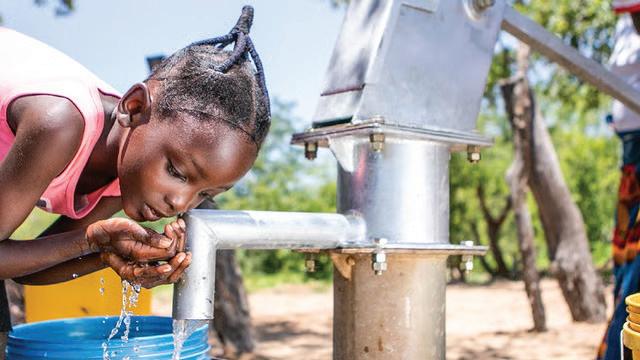
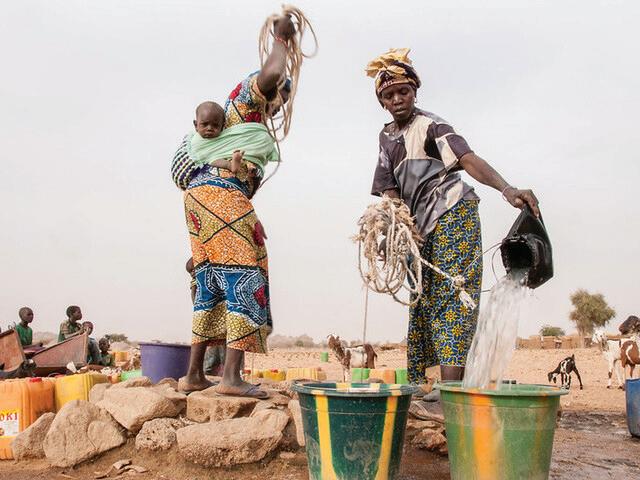

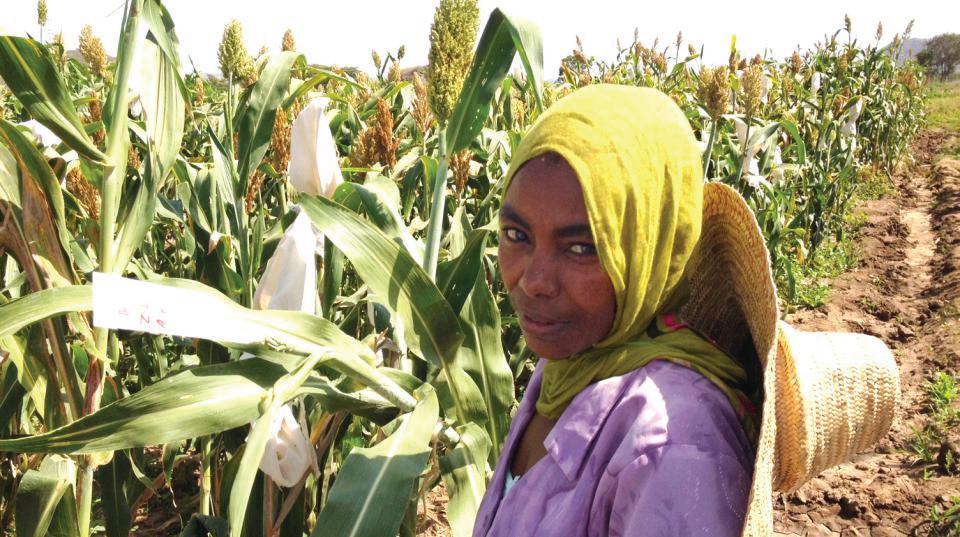

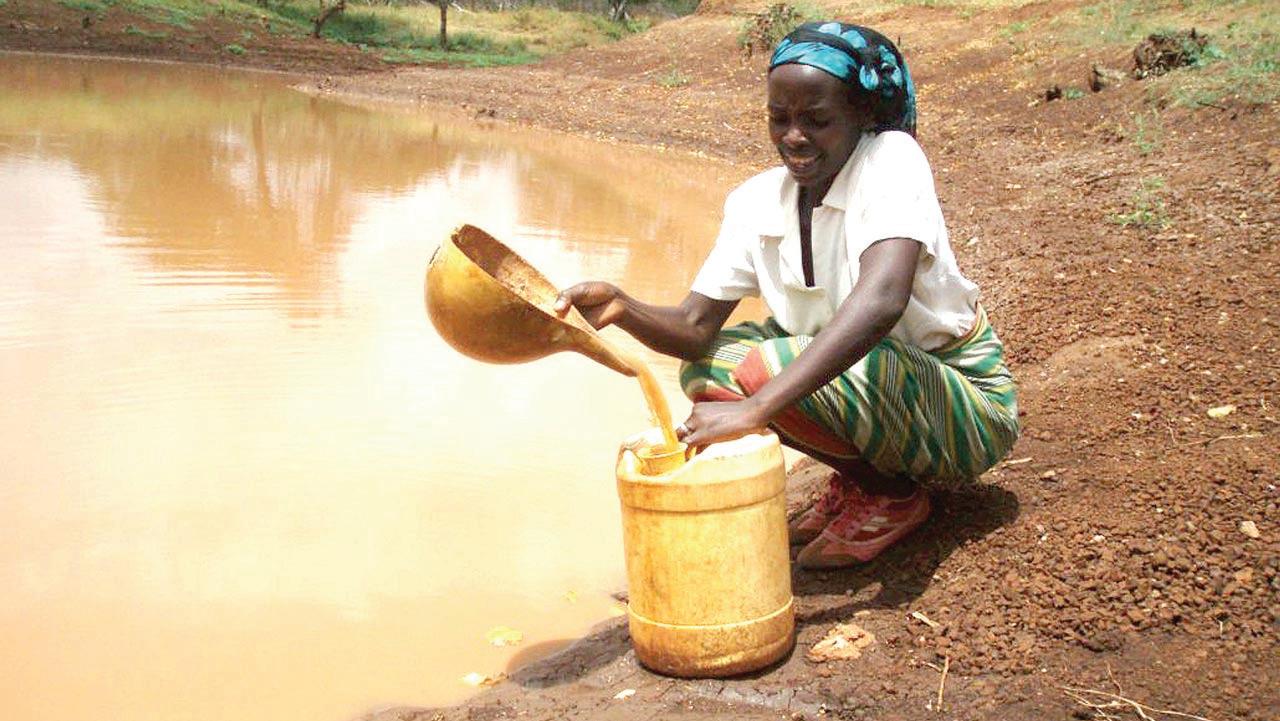

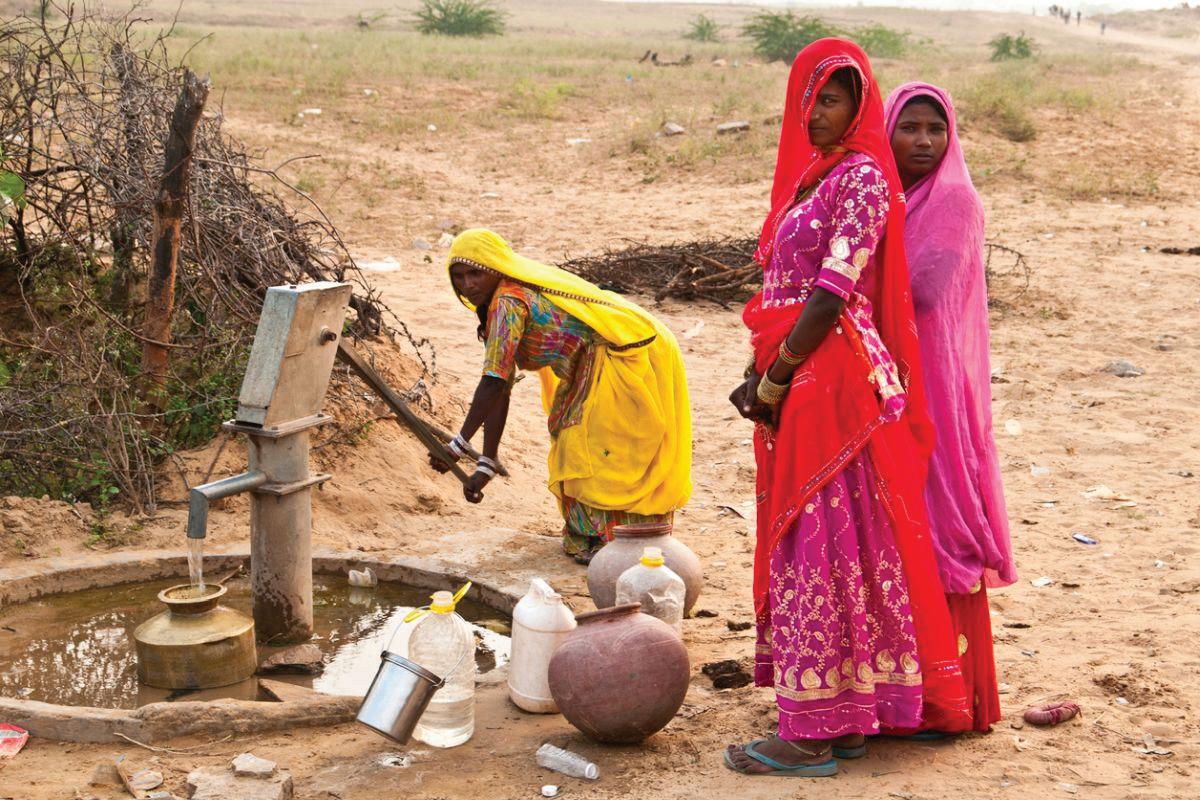
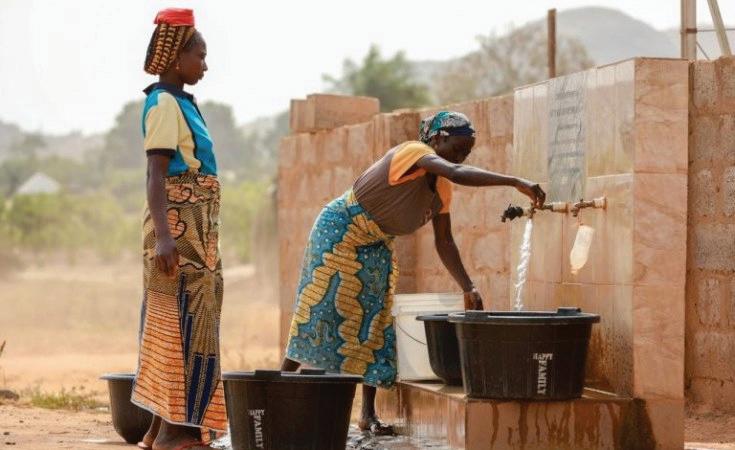
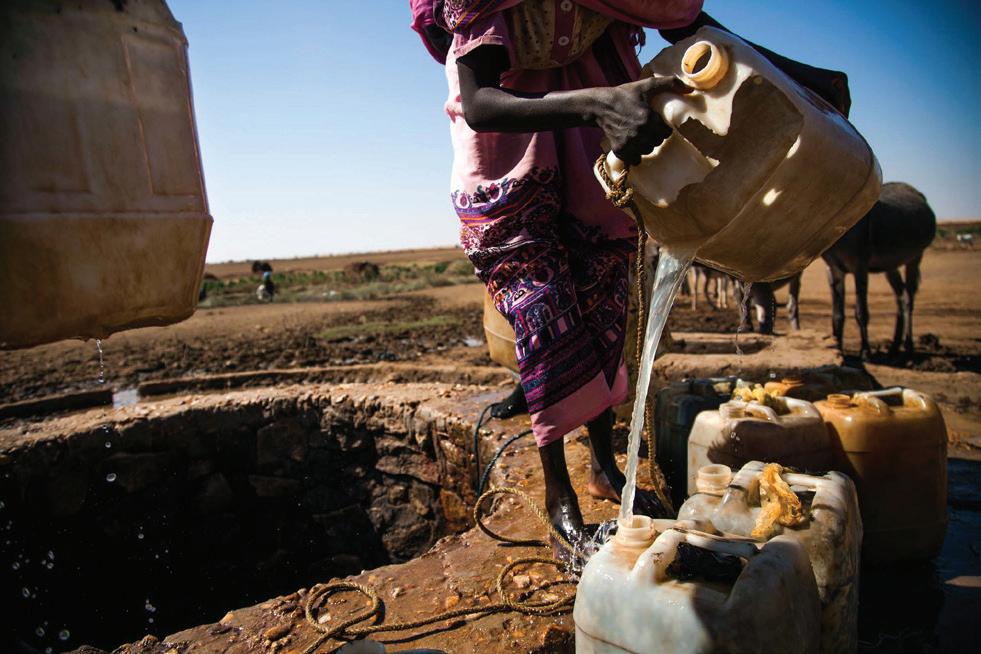
30
ICPALD

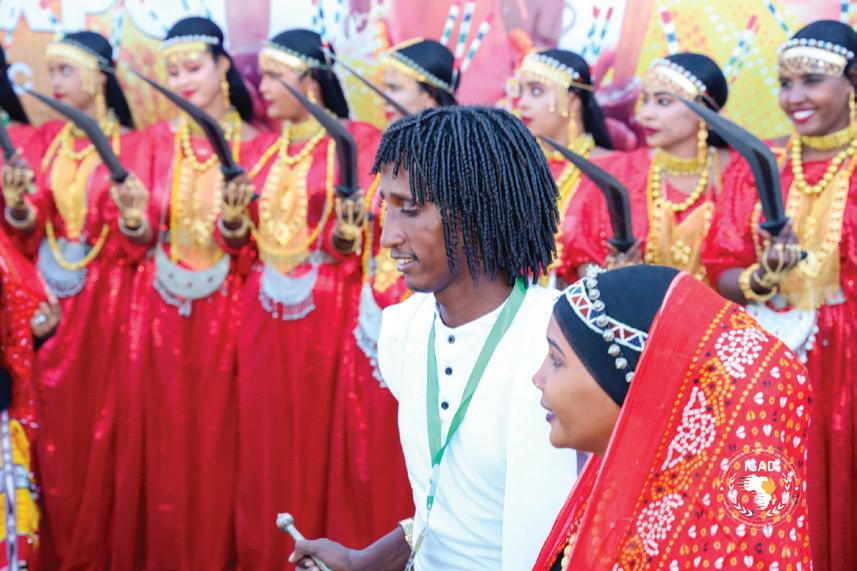
Regional Pastoralism Expo
The first ever Regional Pastoralism Day and Expo held from January 26 – February 1, 2024 convened stakeholders, policymakers, and communities in a dynamic celebration of the rich tapestry of pastoral life. Against the backdrop of climate change, governance challenges, conflict, and the need for sustainable actions, the event emerged as a crucible for transformative discussions during thematic panel discussions and interactions with pastoral communities.
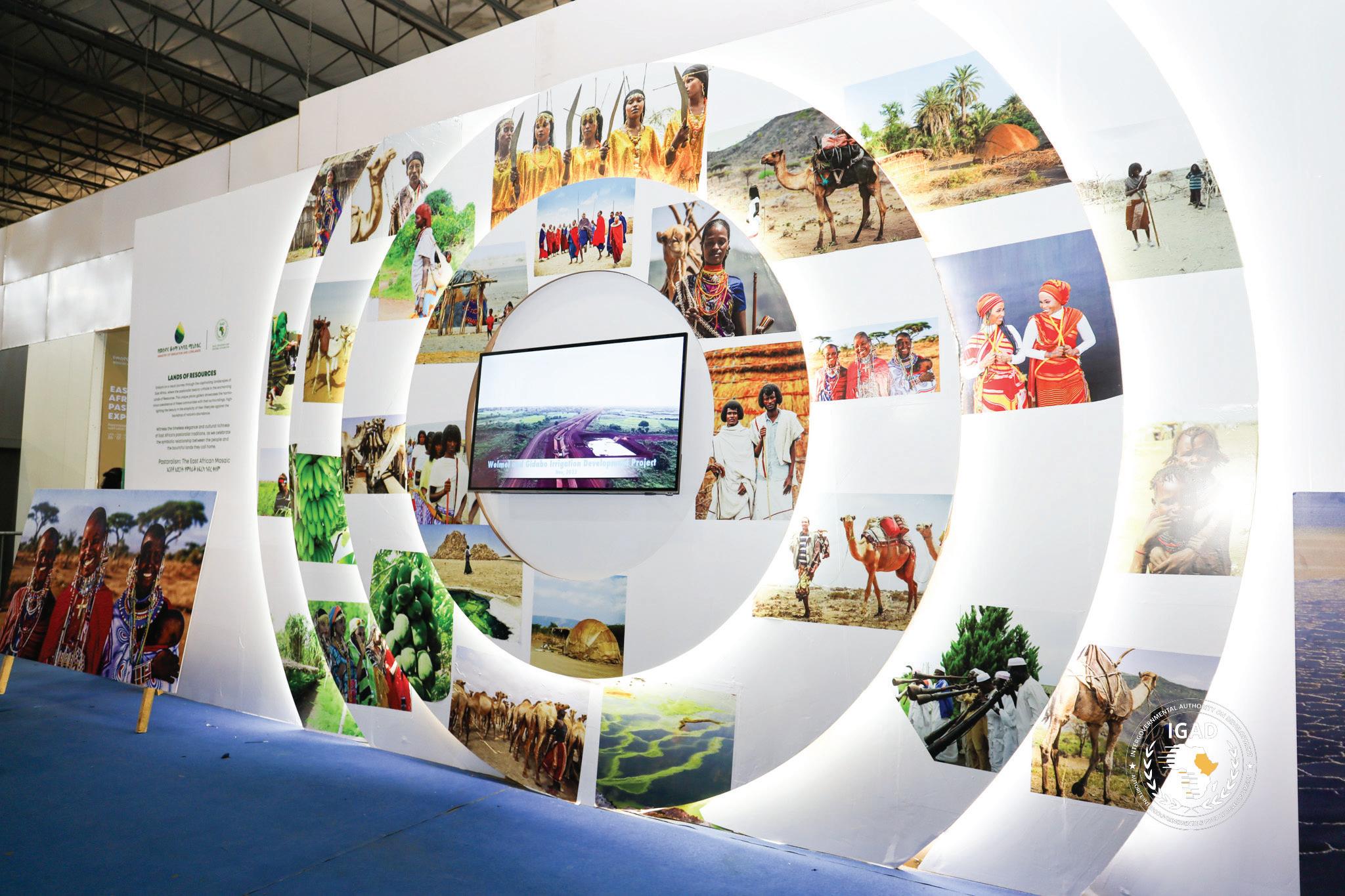
The Expo illuminated the intricate challenges pastoral communities face at the nexus of climate change, mobility, governance and conflict as stakeholders observed that climate variability is impacting food security and pastoralists' livelihoods underscoring the urgency for holistic and adaptive strategies. These will include livelihood diversification and utilisation of innovative technologies to modernise pastoralism and tap into the vast potentials of the pastoral areas. Collaboration with the private sector emerged as critical in transforming the pastoral landscape through investments and sustainable development projects, to foster economic growth and resilience.
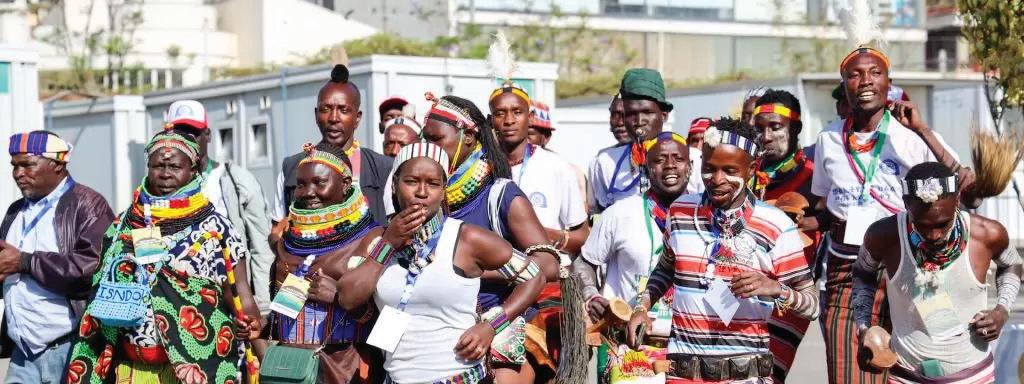
Acknowledging pastoralists’ transhumance, the IGAD’ Protocol on Transhumance emerged as a pivotal tool to ensure safe, free and orderly movement across national boundaries in the region. Stakeholders emphasised the need for its ratification, domestication, and enactment
31
04
Regional Pastoralism Expo

of comprehensive laws to protect transhumant populations as they cross national borders for grazing pasture, water, markets and social support.
Women, youth and vulnerable groups in pastoralist communities, gained prominence in discussions. Recommendations called for their active involvement in decision-making processes, recognising their pivotal role in alternative livelihoods, resource management, and community resilience. Enhanced youth participation was re- emphasized, especially in light of the adoption of the AU youth charter and the formalisation of land policies.
Recommendations emphasised adopting available policies, multi-stakeholder approaches, and community-centered initiatives for rangeland restoration. Proper documentation and dissemination of successful models were underscored, alongside the significant role of youth in these endeavors.
Exhibitors and discussions highlighted the need for observing business laws, favorable government policies, and conflict resolution mechanisms for cross-border trade. Governments were urged to consider policies fostering cross-border collaboration and eliminating factors contributing to conflict.
While acknowledging the challenges, the Regional Pastoralism Expo also celebrated the resilience and diversity of pastoral communities. Key highlights included the acknowledgement of the crucial role of women and youth as well as the private sector as stakeholders commit to a future where pastoralism becomes a thriving, adaptive and resilient system that benefits the pastoral areas – beyond pastoralists. Emphasising the importance of participatory approaches in transforming pastoralism, the Expo laid the foundation for a new narrative that places pastoral communities at the forefront of sustainable development in the region.
32
Health and Social Development 05
IGAD - GIZ deliver IT equipment to Somalia and Uganda to accelerate and strengthen disease surveillance and monitoring systems in the region.
IGAD - GIZ launches interventions to support the Moyale cross border host and mobile communities’ migrations potentials.
IGAD and Cities Alliance organise Learning Event on Solutions Migration and Displaced Persons in Secondary Cities.
IGAD to assess Skills and Opportunities for Migrants and Displaced Persons in Urban Cities of the Region.
Harmonisation and Improvement of Production and Utilisation of Displacement Statistics in the IGAD Region - Technical working sub-group on Displacement Statistics.
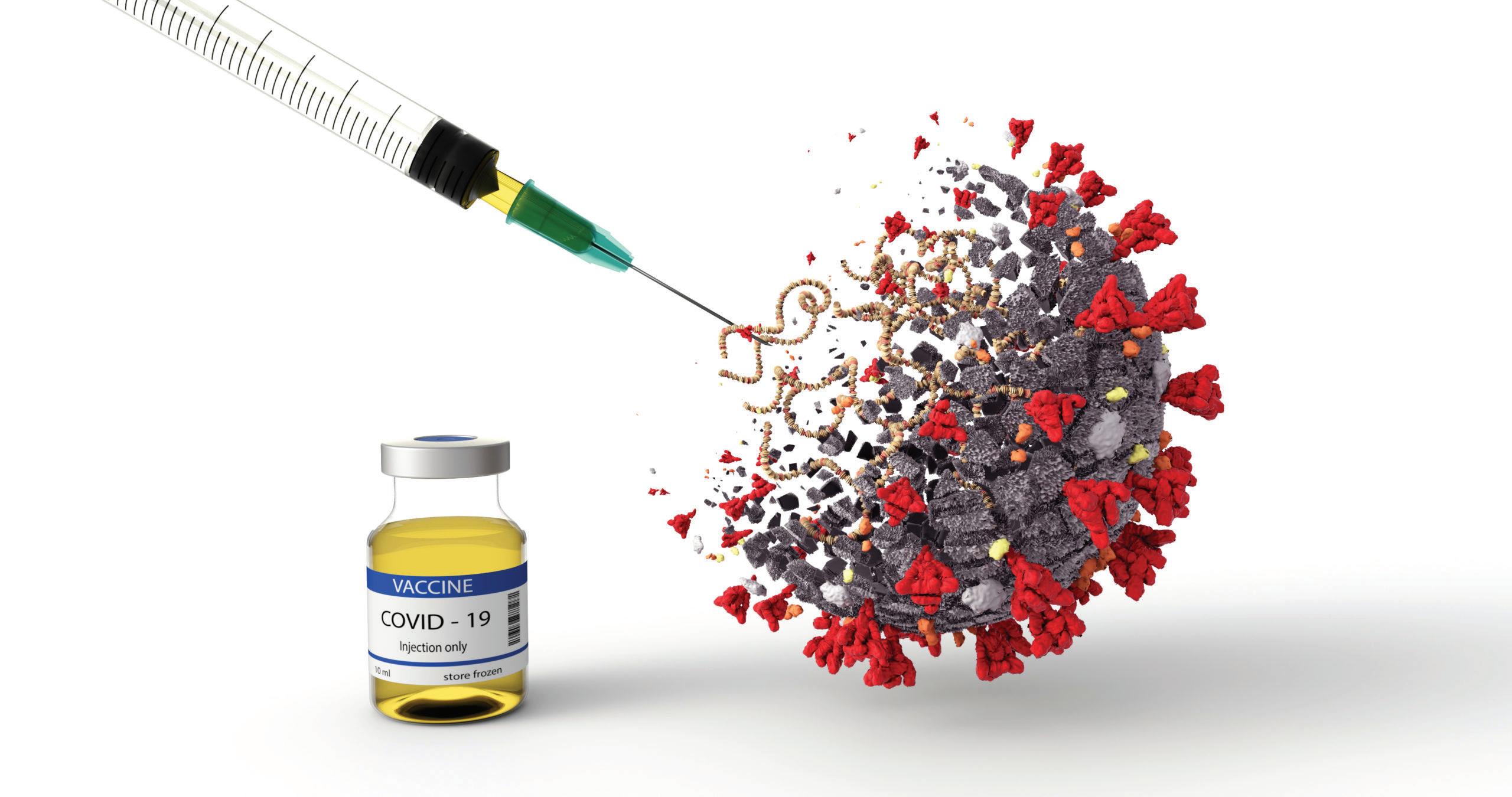
33
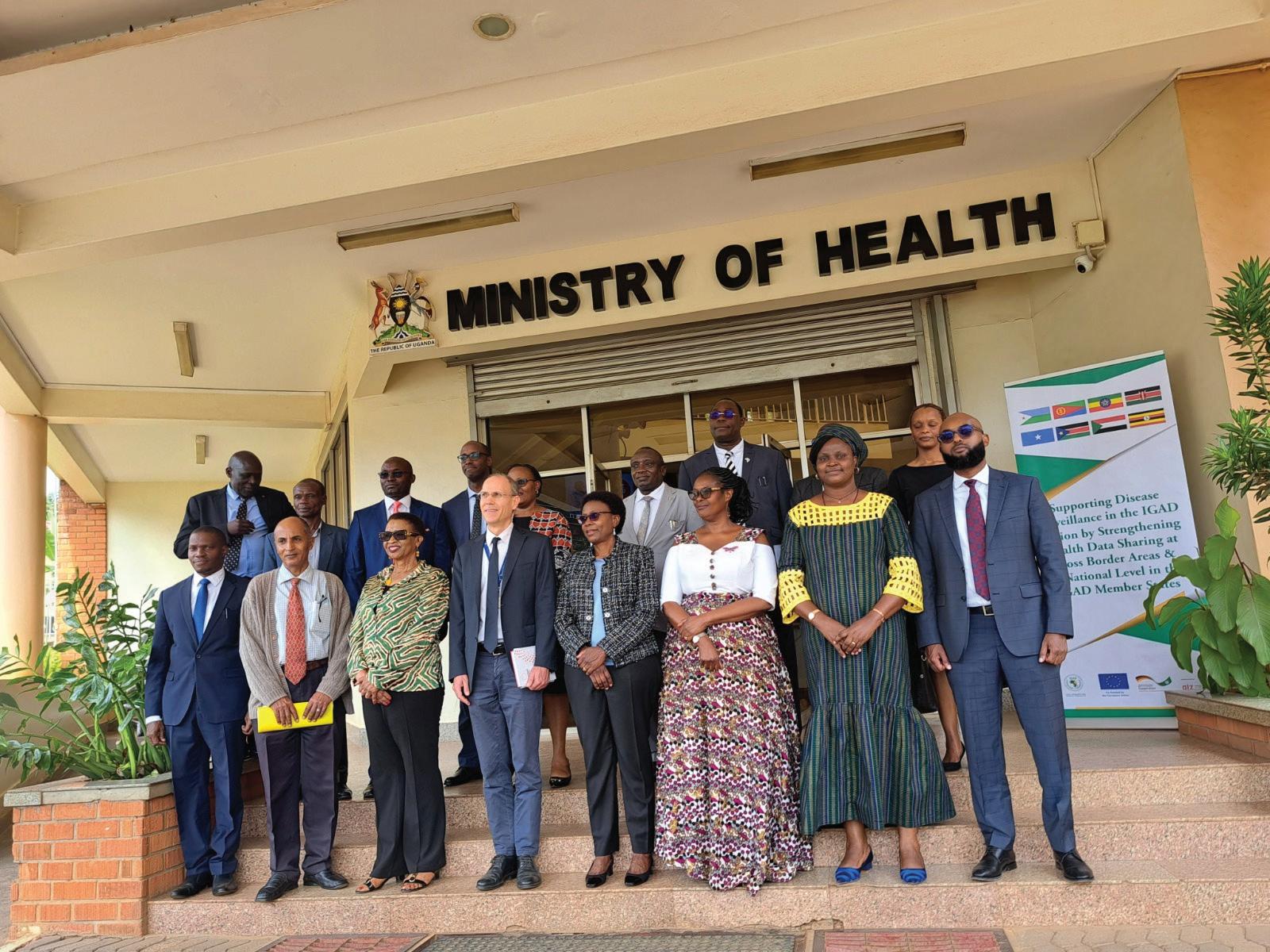
IGAD - GIZ deliver IT equipment to Somalia and Uganda to accelerate and strengthen disease surveillance and monitoring systems in the region.
Pivotal moments were witnessed in the capital cities of Mogadishu, Federal Republic of Somalia and in Kampala in the Republic of Uganda as IGAD Heads of Mission and Digital Health Project team coordinated the handover of Information Technology (IT) equipment to the Honorable Ministers of the Health in the respective Member States with the financial support from the European Union and the Federal Ministry of Economic Cooperation and Development (BMZ).
In Somalia on February 15, 2024, representing the IGAD Executive Secretary Workneh Gebeyehu (PhD), Amb. Mohamud Kaarshe - the IGAD Head of Mission for Republic of Somalia, o cially handed over the Information Technology hardware equipment to Dr. Marian Mohamed Hussein, State Minister of Health of the Federal Republic of Somalia and was witnessed by senior o cials from the Ministry of Health and IGAD.
And in Uganda on February 28, 2024, also representing the Executive Secretary of IGAD; Mrs. Joselyn Bigirwa - the IGAD Head of Mission to the Republic of Uganda together with Mr Nicolas GONZE - European Union’s Head of Governance and Social Inclusion in Uganda, Mr. Joshua Mokaya – GIZ’s
Regional Health Advisor and IGAD’s Dr. Ahmed Bashir handed over the IT equipment to the Minister of Health - Ms. Ruth Aceng and was witnessed by two State Ministers of Health as well as other senior o cials of Ministry of Health and Digital Health Project team.
At both events, Dr Bashir explained that the IT equipment that was inclusive of laptops, desktop computers, printers, scanners, access points and their respective accessories were to be delivered across the Member States in accordance to each Member State’s findings as a result of a rapid assessment of hardware needs that was jointly undertaken by IGAD & GIZ for Member States during the first quarter of 2022.
The IT equipment donated will be integrated within the existing IDSR system and allow for the exchange of health data for disease surveillance systems at various levels: health units at cross-border points, health facilities, sub-national health o ces, and overarching Ministries of Health o ces. In essence, the procured hardware seeks to elevate data management practices, making disease surveillance more e cient and streamlined.
34
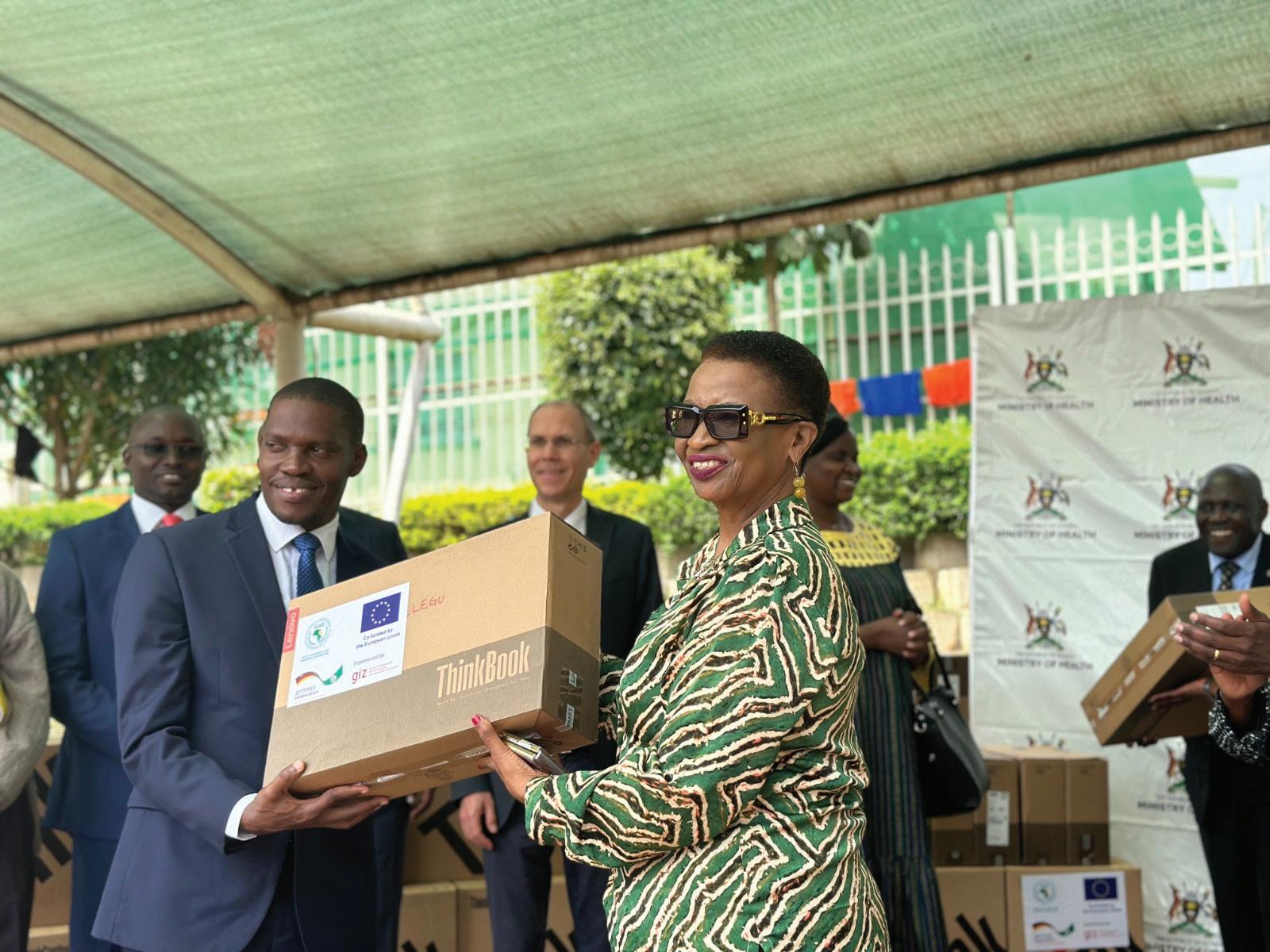
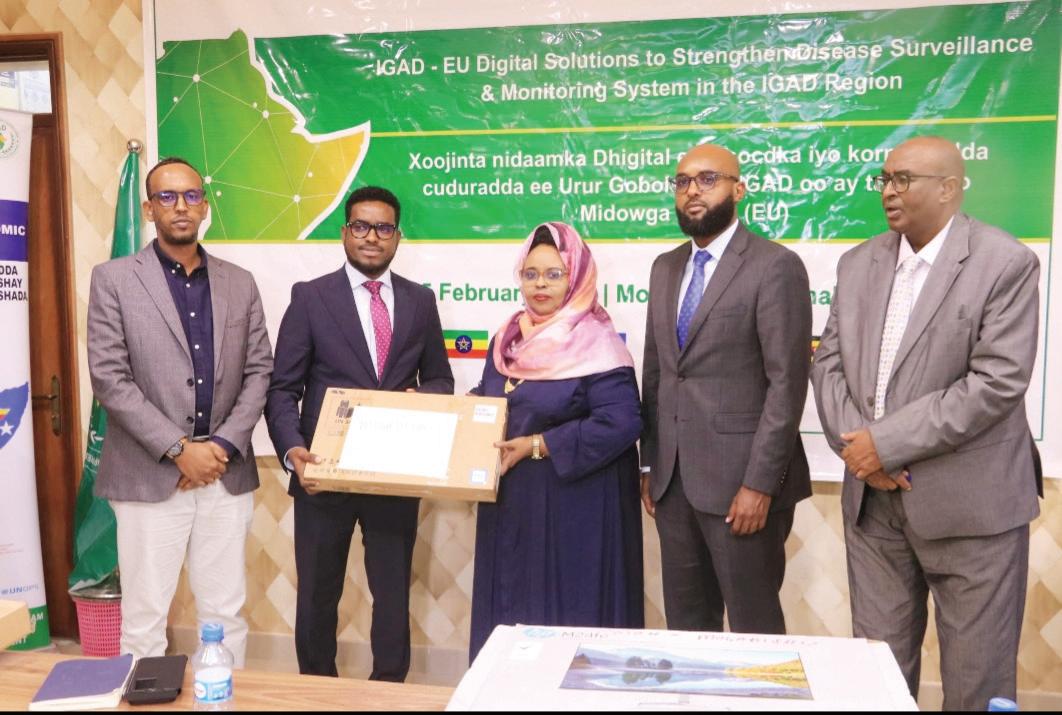
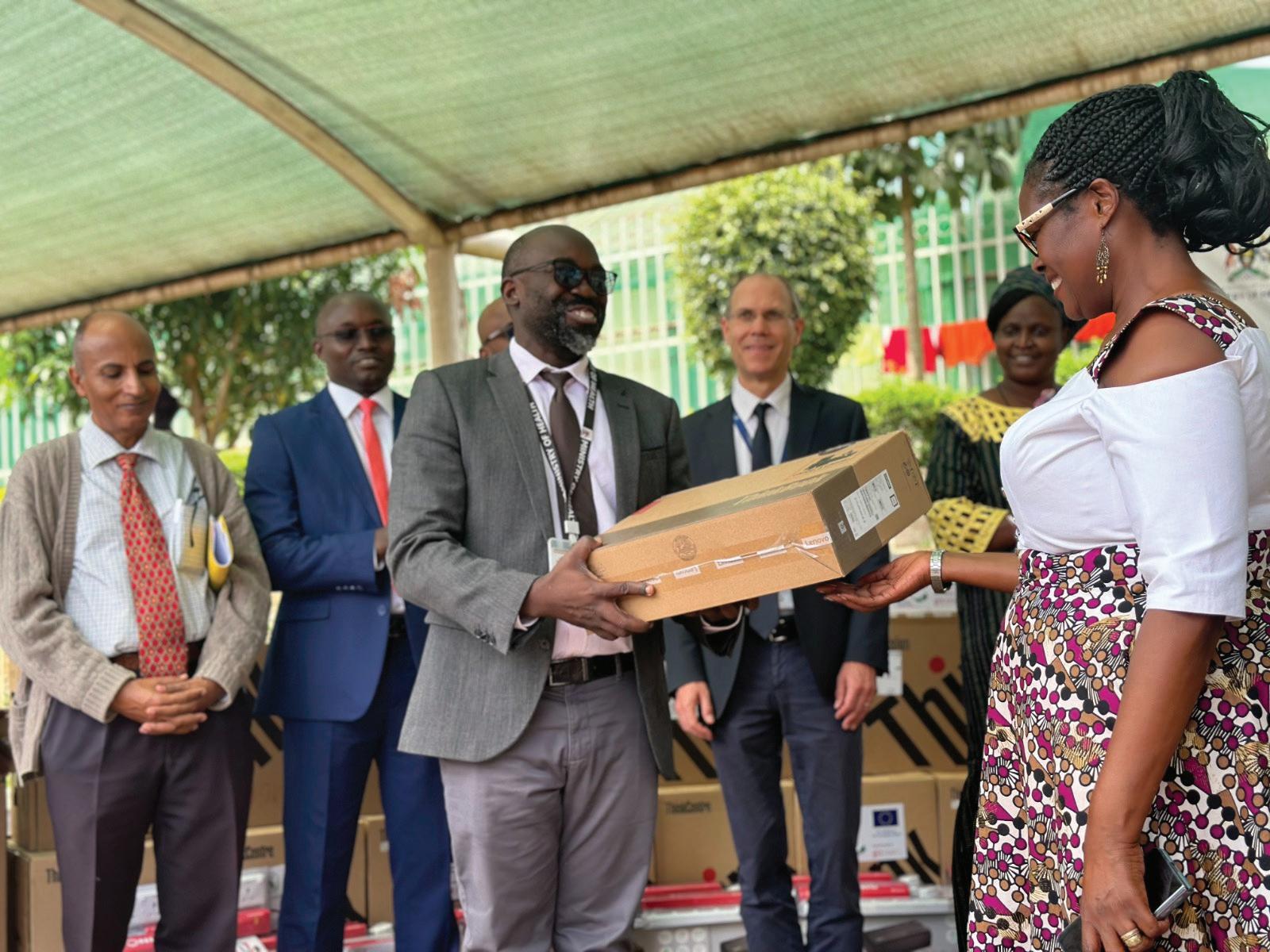
The IT equipment donations to the IGAD Member States’ Ministries of Health Headquarters and the Cross Border areas are a part of the EU's dedicated endeavor, in response to the Call of Action by the Heads of State of IGAD countries in 2020 where the total project volume of Euro 8.4M - with 80% of this from the EU and 20% from BMZ.
The handovers in Somalia and Uganda are in addition to the Federal Government of Ethiopia of August 9, 2023 and to the Republic of Kenya of September 18, 2023. The Digital Health Team and partners are currently planning for handover ceremonies for the Republic of Djibouti and the Republic of South Sudan.
This project is coordinated by IGAD and implemented by GIZ, under the project title "EU Digital Solutions to Strengthen Disease Surveillance and Monitoring Systems for COVID-19 in the IGAD Region," with the aim to underscore the collaborative e orts driving this initiative.
The initiative also aims to implement a regional, transnational and real time monitoring and analysis system (SORMAS) in the IGAD region. This platform will allow flow of health information and data between IGAD Member States towards containment and control of pandemics and prevent propagation across borders. In particular, the hardware procured will improve data management practices (collection, collation, transmission, analysis, and sharing) increasing the e ciency of disease surveillance processes.
Reference:
Inaugural Regional handover in Ethiopia: IGAD Hands over Information Technology Hardware to the Ethiopia’s Ministry of Health – IGAD
IGAD - GIZ launches interventions to support the Moyale cross border host and mobile communities’ migrations potentials.
March 19-20, 2024, (Moyale, Kenya-Ethiopia): The Intergovernmental Authority on Development (IGAD) and Deutsche Gesellschaft für Internationale Zusammenarbeit (GIZ) on behalf of the German Federal Ministry for Economic Cooperation and Development (BMZ) have commenced new interventions to support the Ethiopia - Kenya Moyale cross border communities’ socio- economic and migration potentials.
The intervention focusing on socio economic empowerment of the cross-border communities, implemented with Dorcas Aid Ethiopia, will target about 750 cross border communities including women and youth to improve their living conditions. Local authorities’ capacities working in education and health will be assessed to support about 100 of their sta to improve their service delivery capacity to the host and mobile population in the Moyale area.
35
To address the migration challenges and opportunities of Moyale, IGAD supported Moyale authorities and communities to formally endorse to establish the cross border Local Migration Network as a local dialogue platform.
The local migration network aims to understand the dynamics and trends of migration in Moyale, which is one of the three major migratory routes in the Horn of Africa.
The network could identify and support the needs of mobile population in cross border area including abused women and children in collaboration with relevant authorities, gather accurate data of migrants, and educate on legal migration pathways. The members of the network include a wide range representatives of cross border local authorities, peace committee, youth and women groups, as well as local civil society organizations.
The IGAD Cross Border Facilitation o ce in Moyale will coordinate the implementation of the interventions and house the local migration network through the joint IGAD-GIZ support of Strengthening IGAD Migration Policy Implementation (SIMPI).
Capitalising on its inhouse expertise, IGAD will further support the cross-border peace structure in Moyale. The consolidated cross-border peace committee has been repeatedly praised as a solid and sustainable structure that has contributed to maintaining peace in Moyale by various stakeholders. The committee is widely recognised and is the first responder in times of crisis.
In her remarks Ms. Yemisrach Benalfew, Coordinator for Strengthening IGAD Migration Policy Implementation (SIMPI) project explained that the new initiatives will build on previous projects on Cash for Community Cohesion, promoting cross-border livelihood cooperation and milk value chain development as well as strengthening the cross-border peace committee thereby strengthening the resilience of the cross border communities and enhancing social cohesion.
These interventions further build the evidence base for IGAD’s vison of including the voices of its citizens in the cross-border areas.
Mrs. Kokebe Haile Gabriel, Team Leader of GIZ/SIMPI Project noted the interventions focus to build the capacity of local administration in basic services delivery for mobile and host communities and promote women and youth focused livelihood development and strengthen cross border business linkages.
IGAD through its Moyale cross border o ce, opened on September 2023, will serve as a secretariat, and ensure a coordinated approach of IGAD interventions in the area key.
These interventions of IGAD is financed by the Government of Germany implemented through GIZ as part of the joint IGAD-GIZ collaboration to strengthen cross border local authorities' capacities, cross border collaboration and joint implementation thereby improving the well-being of people in Moyale.
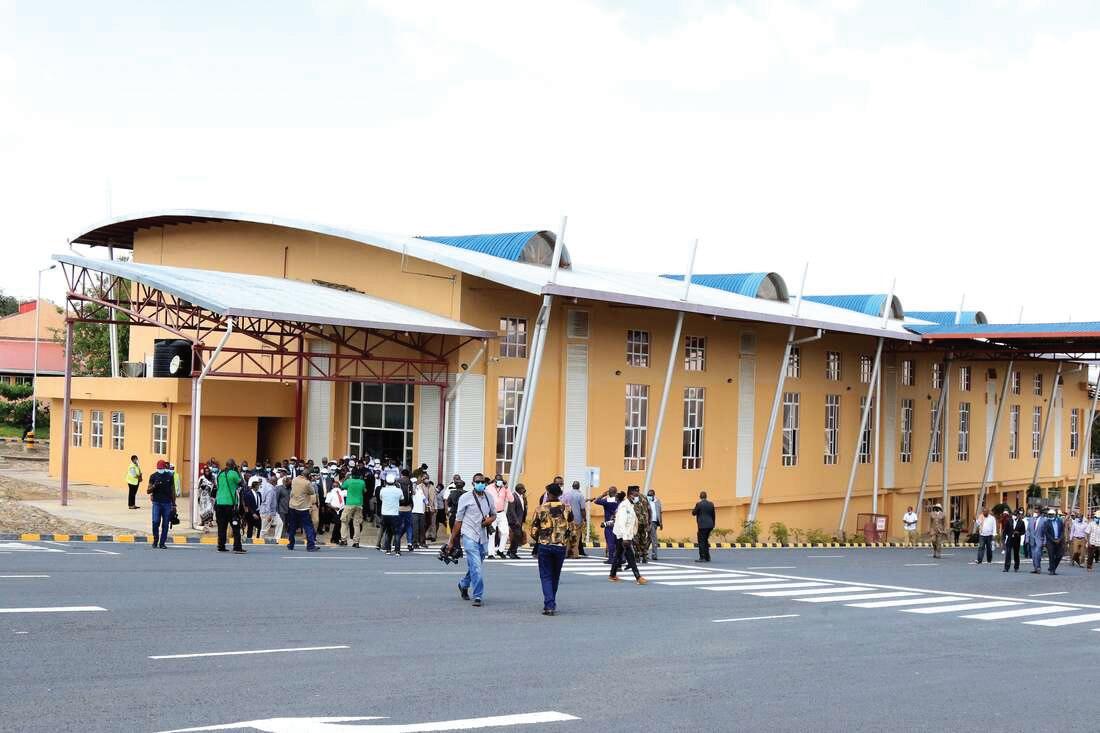
36
IGAD and Cities Alliance organise Learning Event on Solutions Migration and Displaced Persons in Secondary Cities
(12 March 2024, Tadjoura, Djibouti) The Intergovernmental Authority on Development (IGAD) and Cities Alliance have conducted a peer learning event on the role of Secondary cities in promoting and providing durable solutions to Migration and forced displacement in Tadjoura, Republic of Djibouti.
The main objective of the three days peer learning event was to highlight the needs and the gaps that secondary cities are facing and how they can promote the inclusion of migrants and displaced populations to support the delivery of the Comprehensive Refugee Response Framework (CRRF) and international agendas in the Horn of Africa.
Speaking on behalf of IGAD Executive Secretary Dr. Workneh Gebeyehu, Madam Fathia Alwan, the Director for Health and Social Development
Division, highlighted that secondary cities while often overlooked in discussions on urbanisation and migration, possess untapped potential as engines of sustainable development and inclusion. She further emphasised that the Secondary cities’ geographical locations, infrastructure, and community networks position them as critical hubs for accommodating and integrating displaced populations. “Throughout this event, we will delve into various aspects of secondary cities' involvement in providing durable solutions to forced displacement and migration.”
The Learning event follows a series of events dedicated to exchanging experiences with representatives of partner cities and community stakeholders to strengthen policy development for greater social cohesion.

Political and technical leaders from urban authorities and cities of Arua, Koboko, Kakuma, Asosa, Jigjiga, Addis Ababa, Gabiley, Borama, Galmudug, Hargeisa, Dushamared and refugee representatives from South Sudan attended the engagement.
This event was jointly organised by the IGAD Support Platform on Forced Displacement and Cities Alliance under the theme of Forced Displacement and Rapid Urbanisation: Better Planning for Better Integration.
The Prefect of Tadjoura region, the host city, Mr. Mohamed Houmed Abass, underscored the need for constant exchange of experiences and learning between peers as it was key enhancing regional integration.
“I would like to express my sincere congratulations to IGAD for its constant e orts aimed at achieving regional integration of IGAD member states through promoting and providing lasting solutions to migration, the movement of persons and goods,” he stressed.
Data Collection Tool Launched
In sessions facilitated by Cities Alliance’s Julian Baskin and Florence Lozet, a new rapid assessment tool that enables cities to systematically collect data needed for comprehensive, inclusive and sustainable city planning was introduced and evaluated by participants.
37
The Coordinator of the IGAD Support Platform on Forced Displacement, Mr. Charles Obila, explained that a significant number of refugees and Internally Displaced Persons are settling in urban or semi-urban areas.
According to Mr. Charles, the shift has put considerable pressure on cities, especially fast-growing secondary cities in developing countries that are already struggling to meet the needs of their populations.
Participant Feedback
Participants shared experiences and feedback in di erent aspects including strengthened policy and enhanced inclusion of migrants and displaced populations.
Ms. Hodan Omer Ismail, the Head of the Protection Department of National Displacement and Refugee Agency (NDRA) Hargeisa, Somaliland, said the event was timely to learn how leaders from other cities were deploying inclusive strategies for both migrants and forced displaced in their urban development plans.
The Mayor of Koboko Municipal Council in Uganda, Dr. Wilson Sanya called on fellow leaders to use their platforms to advocate for an inclusive agenda both in the city councils and in community forums, noting that migrants and displaced persons positively a ect development of secondary cities.
About the IGAD Support Platform and Cities Alliance
The IGAD Support Platform for the Global Compact on Refugees was launched in December 2019 during the first Global Refugee Forum. The Platform aims to sustain the momentum and galvanise additional support for implementing the CRRF in the IGAD region.
Cities Alliance is a global partnership that supports cities in delivering sustainable development. Through its Global Programme on Cities and Migration, Cities Alliance has committed to supporting secondary cities in low-income countries, managing large inflows of migrants and refugees
IGAD to assess Skills and Opportunities for Migrants and Displaced Persons in Urban Cities of the Region
(10 March 2024, Djibouti) The Intergovernmental Authority on Development (IGAD) in partnership with Deutsche Gesellschaft für Internationale Zusammenarbeit (GIZ) is assessing skillsets, qualifications and labor market needs for migrants and displaced populations in three urban centers of the IGAD region - Nairobi, Mogadishu, and Juba cities. The assessment intends to contribute to strengthening of the capacity of IGAD and its Member States to implement the Free Movement of Persons Protocol once its adopted and ratified by all the countries. At the launch of the exercise, the IGAD Director Health and Social Development, Mme Fathia Alwan said that the study is in line with the policy frameworks and initiatives aimed at improving the governance and management of migration and refugee a airs in the IGAD Region. She highlighted that the project aims at evaluating and establishing a baseline for the prevalent skillsets, the extent of recognition of foreign qualifica-
tions, and labour market demands in three capitals of the IGAD region.
“Findings from this assessment will help inform subsequent interventions aimed at promoting the recognition of qualifications and labour market integration for migrants, refugees, and returnees,” said Mme Fathia.
The project will be undertaken by a consultant firm, Frontieri which brought on board local experts in the identified cities. The team will employ a comprehensive methodology to engage government ministries, local, regional and international organisations as well as migrant workers, refugees and returnees.
Mrs. Kokebe Hailegabriel, the GIZ Team Leader for the Strengthening IGAD Migration Policy Implementation (SIMPI) Project said the assessment study will help identify the challenges and opportunities that marginalised groups face in accessing the labour market.
38
“The assessment will identify the skills and qualifi cations that are in high demand in the labour market, as well as any gaps or mismatches between the skills and qualifications of the workforce and the needs of employers,” emphasised Mrs. Kokebe.
About SIMPI
The SIMPI project supports the Intergovernmental Authority on Development (IGAD) and its member states in developing and implementing migration and displacement policies in the Horn of Africa. The regional project focuses on three areas of action: migration and displacement policies, cross-border cooperation to improve basic services delivery for migrants, refugees and host communi ties, learning and data. It is implemented by the Deutsche Gesellschaft für Internationale Zusam menarbeit (GIZ) on behalf of the German Federal Ministry for Economic Cooperation and Develop ment (BMZ).
For more details on the project, contact; Yemisrach Benalfew Coordinator, Strengthening IGAD Migration Policy Implementation (SIMPI) Project Email: yemisrach.benalfew@igad.int
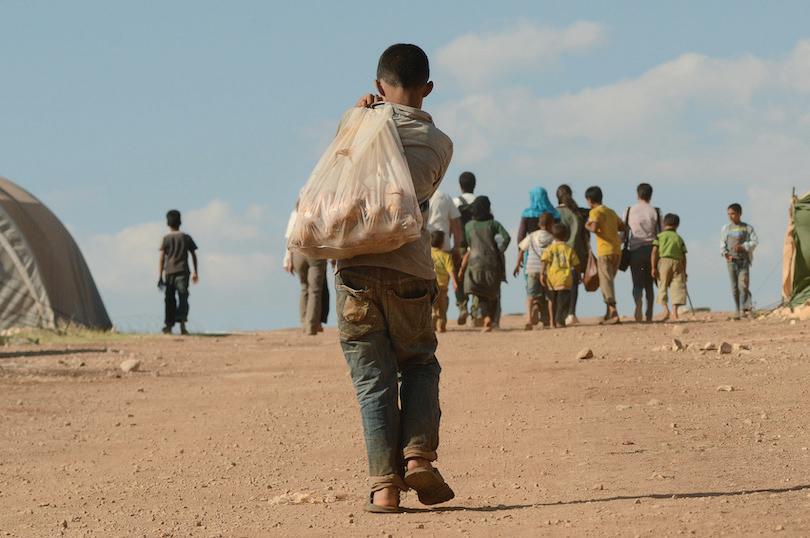
Harmonisation and Improvement of Production and Utilisation of Displacement Statistics in the IGAD Region - Technical working sub-group on Displacement Statistics.
IGAD convened the second regional Technical Workshop on the Harmonisation of Refugee Statistics in the IGAD Region. The four-day meeting brought together members of the Technical Sub-working Group on Refugee Statistics. The purpose of this meeting was to facilitate collaboration and knowledge sharing among participants with expertise in migration and displacement statistics. The delegation participating in the Workshop consisted of migration statistics focal points, o cers responsible for Refugee and Internally Displaced Persons (IDP) statistics from national statistical organisations, and representatives from National Refugee Management Departments or Agencies, including Senior Registration O cers, Data Management O cers, and /or Monitoring and Evaluation (M&E) O cers.
The meeting served as a platform for the IGAD Secretariat, Member States, and partners to actively engage in e orts to enhance the comparability and quality of migration and displacement statistics. Recognising the importance of accurate and reliable data in understanding the dynamics of forced displacement, the participants focused on addressing data and statistical challenges specifically related to forcibly displaced persons. A sub-working group dedicated to refugee statistics was established within the broader Technical Working Group on Migration and Displacement Statistics to facilitate targeted discussions and problem-solving.
39
Throughout the meeting, participants exchanged experiences, methodologies, and best practices in collecting, analysing, and reporting refugee statistics. The discussions aimed to identify common challenges and develop strategies to overcome them, ultimately improving the quality, reliability, and comparability of refugee statistics across IGAD Member States. By fostering collaboration and knowledge sharing among experts in the field, the meeting sought to strengthen the statistical capacity and expertise of participating countries.
During the meeting, discussions primarily revolved around the second edition of IGAD's migration and displacement statistics, with particular emphasis on Chapter 4, which focuses on forced displacement statistics. Validation of this chapter was highlighted as a crucial step, requiring input from the sub-working group's expert team before the report's finalisation. Furthermore, e orts were made to promote wider awareness of the IGAD Policy Framework on refugee protection within the sub-working group. These discussions focused on initiating discussions on the Monitoring and Evaluation Framework for the policy, which will facilitate the monitoring of the strategies recommended in the IGAD Policy Framework. Throughout the meeting, the participants stressed the importance of collaboration and coordination among national statistical agencies and national refugee management agencies towards e ective refugee protection measures. In her opening address, Madam Fathia Alwan, the Director of Health and Social Development, reaffirmed IGAD's unwavering dedication to harmonising data and improving the collection and analysis of migration and displacement statistics. She emphasised the importance of e ective coordination structures at both national and regional levels to support these e orts, aiming to establish a reliable body of evidence for informed decision-making and positive impacts on a ected individuals.
Furthermore, the Director commended member states for their continued adherence to an open-door policy for refugees and their commitment to seeking lasting solutions for displaced populations. Notably, in November 2023, IGAD Member States endorsed a regional refugee protection policy framework, signalling a significant step towards creating a progressive approach to addressing forced displacement. This framework
embodies a shared understanding among governments, promotes best practices, and encourages e ective cooperation among Member States. While o cially opening the meeting, Tayiba Hassen, Director General of Refugees and Returnee Services (RRS), emphasised Ethiopia's strategic commitment made at the 2023 Global Refugee Forum. This commitment entails integrating existing national services for refugees to ensure their socio-economic inclusion and integration into national and local development plans and programs. Additionally, the Director General outlined crucial steps for enhancing refugee statistics, including mapping institutions for refugee data inclusion, establishing a continuous refugee statistics generation platform, signing data sharing agreements, ensuring refugee participation in national censuses, surveys, and registrations, identifying indicators for o cial statistics, standardising definitions across institutions, developing training guidelines, providing ongoing training and capacity building, disaggregating data by age, gender, and diversity, integrating refugees into sector-specific surveys, o ering infrastructure support, and enhancing capacity for data collection, processing, and analysis.
At the end of the workshop, the sub-working group developed actionable recommendations for Member States, the IGAD Secretariat, and Partners that provide a unique opportunity to improve the availability and quality of migration and displacement statistics within the IGAD region. The meeting outcomes included formulating recommendations and action plans to address data and statistical issues pertaining to forcibly displaced persons. These recommendations focused on improving data collection methods, enhancing data sharing mechanisms, harmonising data standards and definitions, and strengthening institutional data management and analysis capacities. The action plans outlined specific steps and timelines for implementing these recommendations, emphasising the need for ongoing collaboration and coordination among IGAD Member States and their partners.
Overall, the meeting underscored the commitment of IGAD Member States and partners to advancing the quality and comparability of refugee statistics. While fostering collaboration among experts, IGAD aims to promote evidence-based decision-making, policy formulation, and program implementation in the context of forced displacement.
40
Peace and Security 06
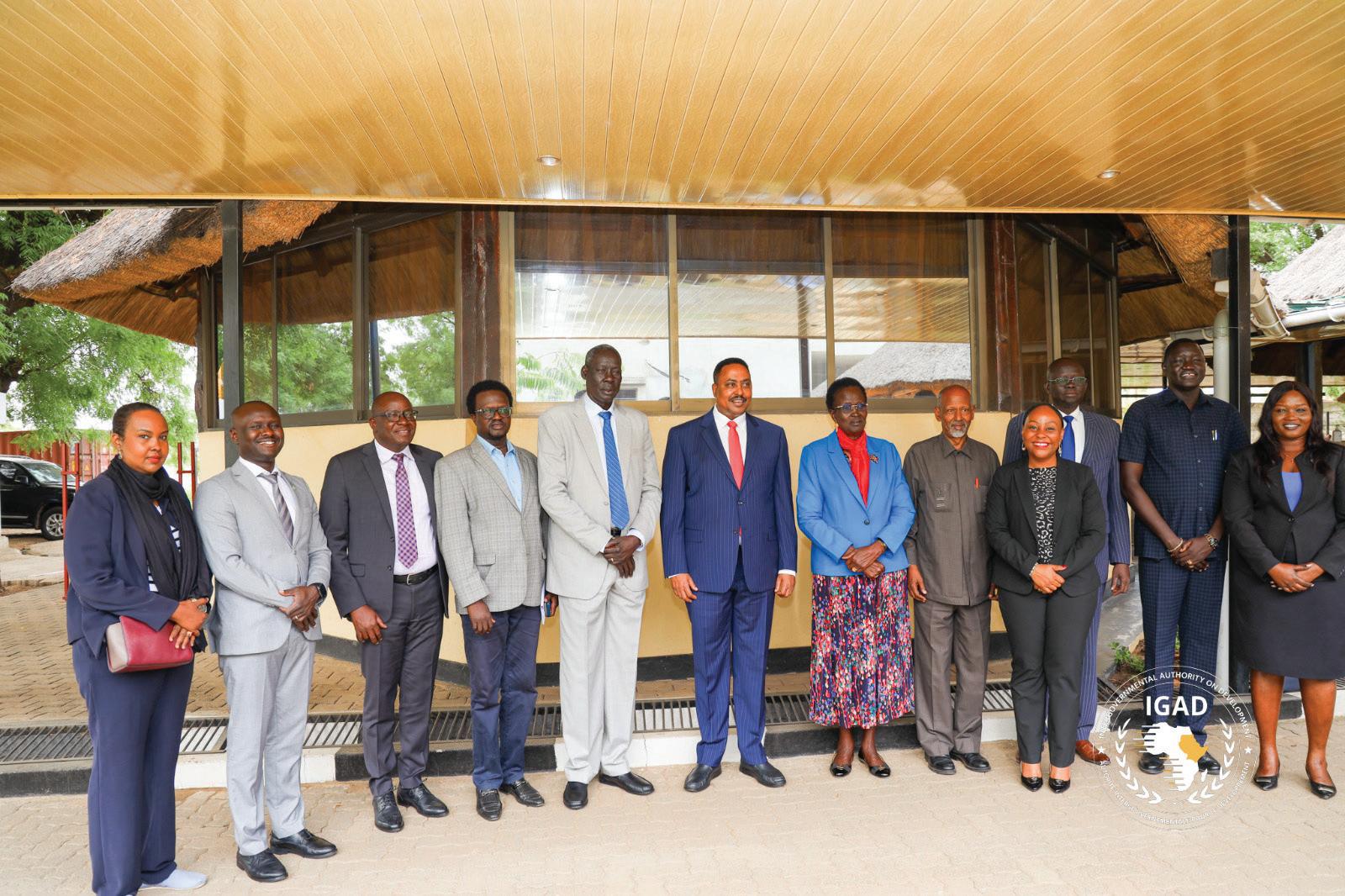
Launching and Sensitisation Workshop of the Ethiopia Peace Building Training Manual
February 07, 2024: (Adama, Ethiopia): The IGAD Peace and Security Division, in partnership with the Ministry of Peace of the Federal Democratic Republic of Ethiopia, successfully concluded a launching and sensitisation workshop of the new Peace Building Training Manual. Developed by a group of Ethiopian experts and enriched through a collaborative validation workshop, the manual aims to support peace-building processes within Ethiopia.
The workshop, was o cially opened by H.E Cherugeta Genene, the State Minister of Peace and additional remarks were made Division’s Director Hon. Siraj Fegessa who lauded this initiative as a vital step towards peacebuilding. This important event was attended by o cials and experts from various states of Ethiopia, the team of experts who developed the manual, and other stakeholders. Th an o cial launch, presentations on the manual’s main
topics, and detailed guidance on implementing the manual in di erent contexts.
The event not only highlighted the manual as a significant tool for intervention at various levels but also underscored IGAD’s commitment to peace and security through capacity building and stakeholder engagement.
This workshop was funded by the European Union through Africa Peace and Security Architecture Program (APSA) IV Program.
41
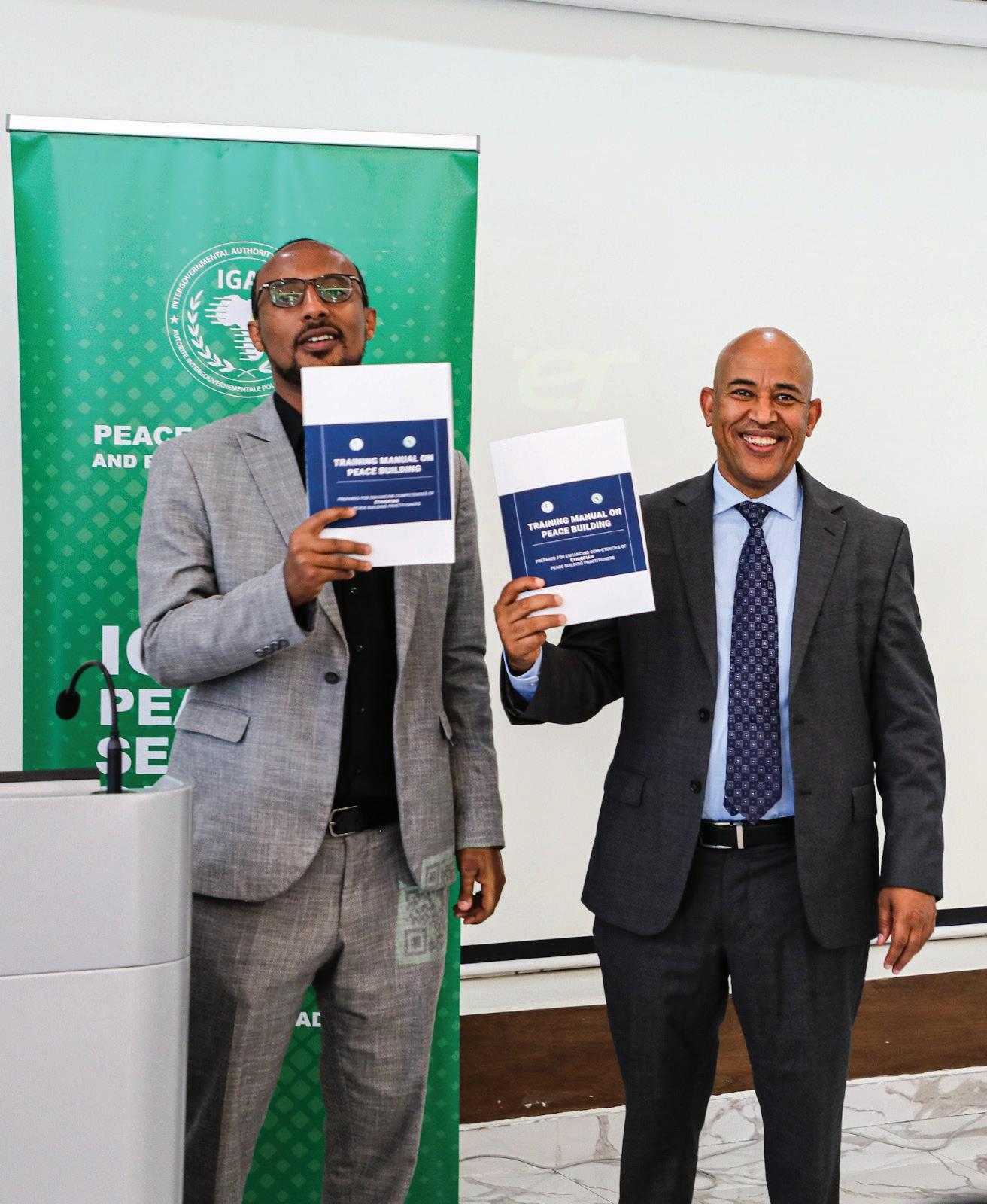
IGAD Conducts a Gender Mainstreaming Workshop for IGAD Member States’ Legislative Bodies
February 22, 2024 (NAIROBI, Kenya): The Peace and Security Division’s Political A airs Program successfully concluded a three-day workshop on Gender Mainstreaming in IGAD Member States’ Legislative Bodies. Aligned with global and regional frameworks like CEDAW, the Beijing Declaration, UN SDGs, and AU Agenda 2063, this workshop was driven by IGAD’s commitment to Gender Equality and Women Empowerment (GEWE).
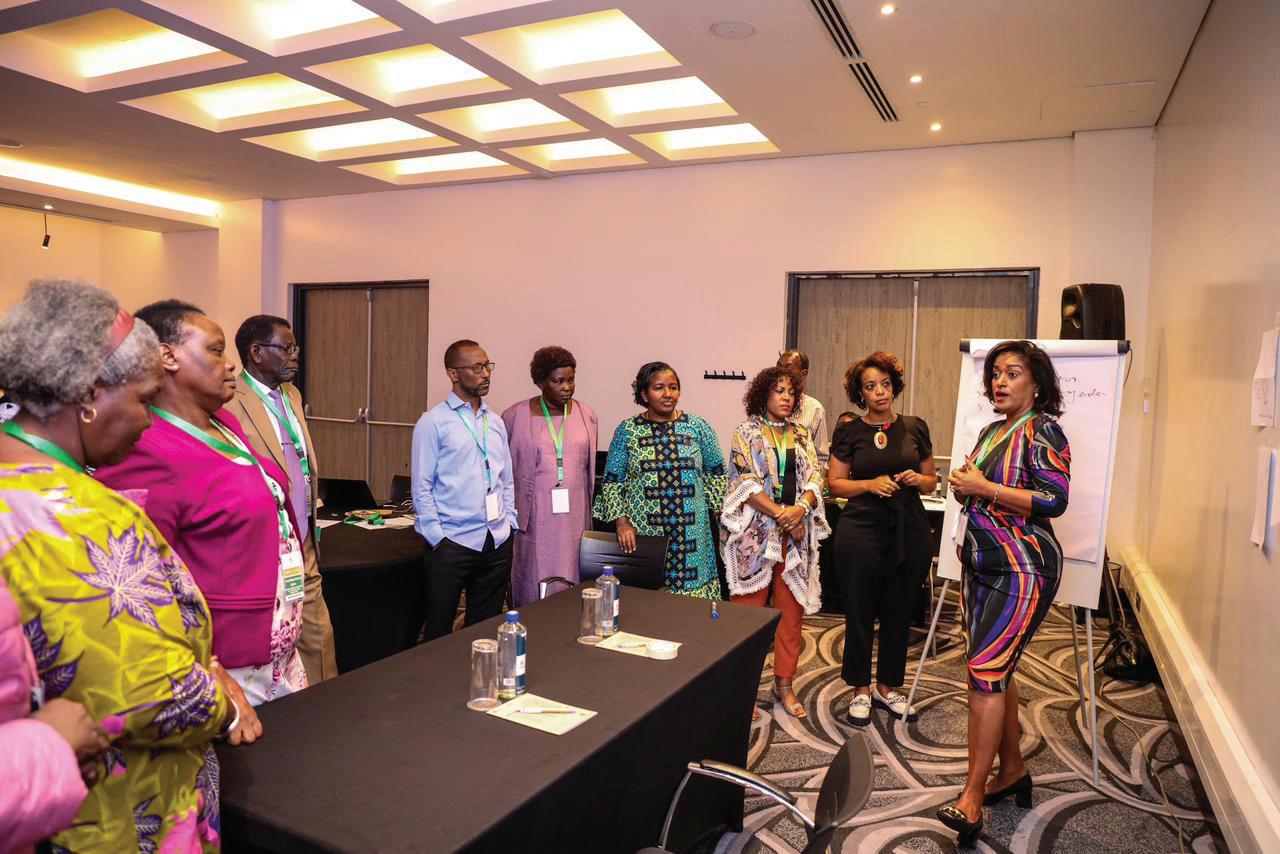
The workshop was o cially opened by the Director Hon. Siraj Fegessa who emphasised on workshop’s importance in fostering inclusive decision-making processes. He highlighted IGAD’s e orts to integrate gender activities across programs and collaborate with governments to promote democracy and gender sensitivity.
This workshop met its objectives of understanding: Gender concepts and frameworks, gender mainstreaming in legislation, combating gender-based violence, development through gender perspectives, analytical tools for legislative assessment, integration of gender mainstreaming in draft legislations, and empowering female parliamentarians.
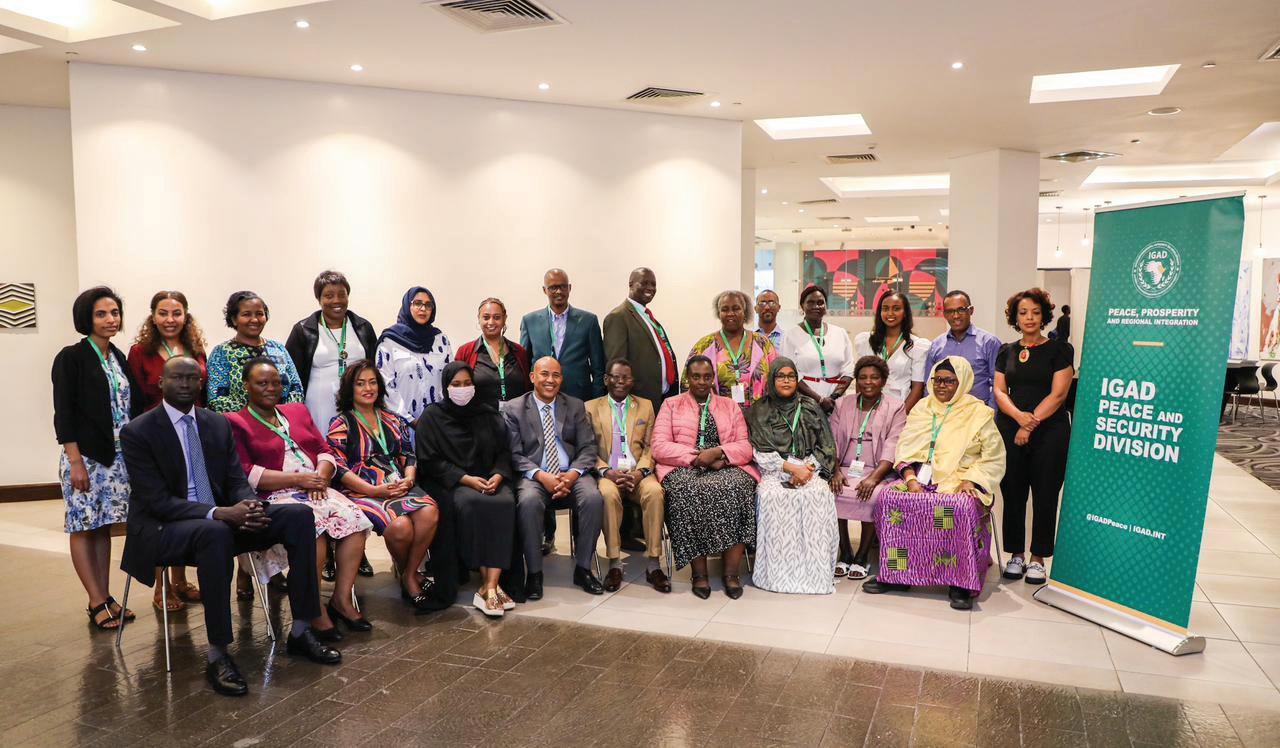
Participants lauded the initiative and proposed establishing a regional forum for knowledge exchange. The workshop not only provided comprehensive knowledge about gender dynamics, but also equipped participants with the skills to incorporate gender mainstreaming into legislative processes across IGAD Member States. The positive feedback from participants showed a promising future for collaborative e orts in fostering inclusive legislative processes in the region.
The IGAD Peace and Security Division, in partnership with the Ministry of Peace of the Federal Democratic Republic of Ethiopia, successfully concluded a launching and sensitisation workshop of the new Peace
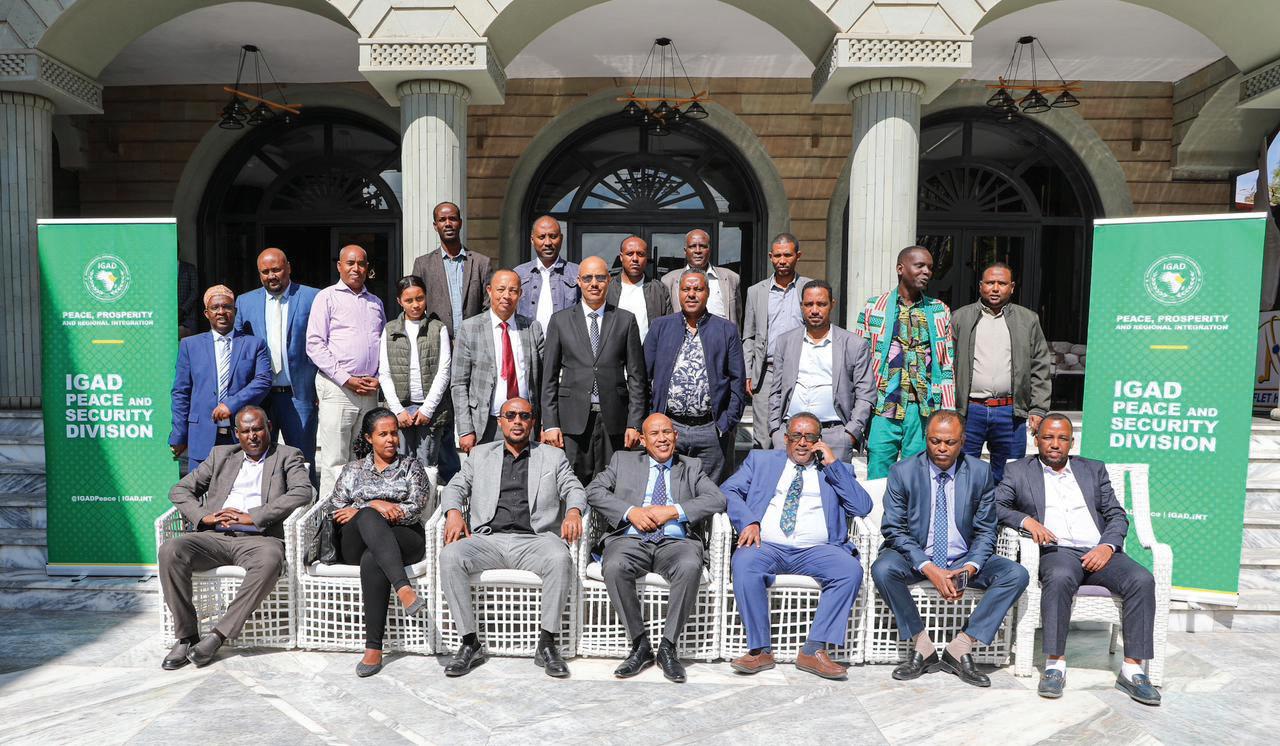
42
ICEPCVE 07
4th Annual Regional Research Conference: Integrating Gender Perspectives to Prevent and Counter Violent Extremism.
Regional Legislators Meeting: Gender Sensitive P/CVE Legislations.
High Level Regional Legislators’ Meeting: Gender Sensitive P/CVE Legislations.
About IGAD Leadership Academy.
4th Annual Regional Research Conference: Integrating Gender Perspectives to Prevent and Counter Violent Extremism
The IGAD Centre of Excellence for Preventing and Countering Violent Extremism (ICEPCVE) with support of the Goverment of Sweden through the Swedish International Development and Cooperation Agency (Sida) organised its 4th Annual Regional Research Conference themed ‘Integrating Gender Perspectives in Preventing and Countering
The regional research conference brought together researchers from East and Horn of Africa based in Djibouti, Ethiopia, Kenya, Rwanda, Somalia, Sudan, South Sudan, and Uganda who presented on varied topics on how to e ectively integrate gender perspectives in interventions related to preventing and countering violent extremism (P/CVE). Additionally, the conference provided a platform for the researchers to share experiences on the best practices including ethical considerations critical in ensuring gender perspectives are e ectively integrated in P/CVE research.
A section of the researchers making their presentations at the conference
Key Highlights: 4th Annual Regional Research Conference
The opening ceremony of the regional research conference was graced by key excellencies including the Djibouti Minister of Foreign A airs and International Cooperation, H.E Mahmoud Ali Youssouf, Ambassador of EU Delegation to Djibouti, H.E Mrs. Sylvie Tabesse, Ambassador of Germany to Djibouti, H.E Heike Fuller, Ambassador of Turkey to Djibouti, H.E Cenk Uraz and the US Embassy Djibouti Charge d’A aires, Mr. Christopher Snipes.
The IGAD Deputy Executive Secretary, Mohamed Abdi Ware graced the closing ceremony where he shared with the researchers his hands on experience in countering violent extremism in the region. The researchers also got an opportunity to interact with him and share one on one insights in relation to P/CVE in the region.
The Centre remains committed to seeing that research informs its mandate in P/CVE.
43
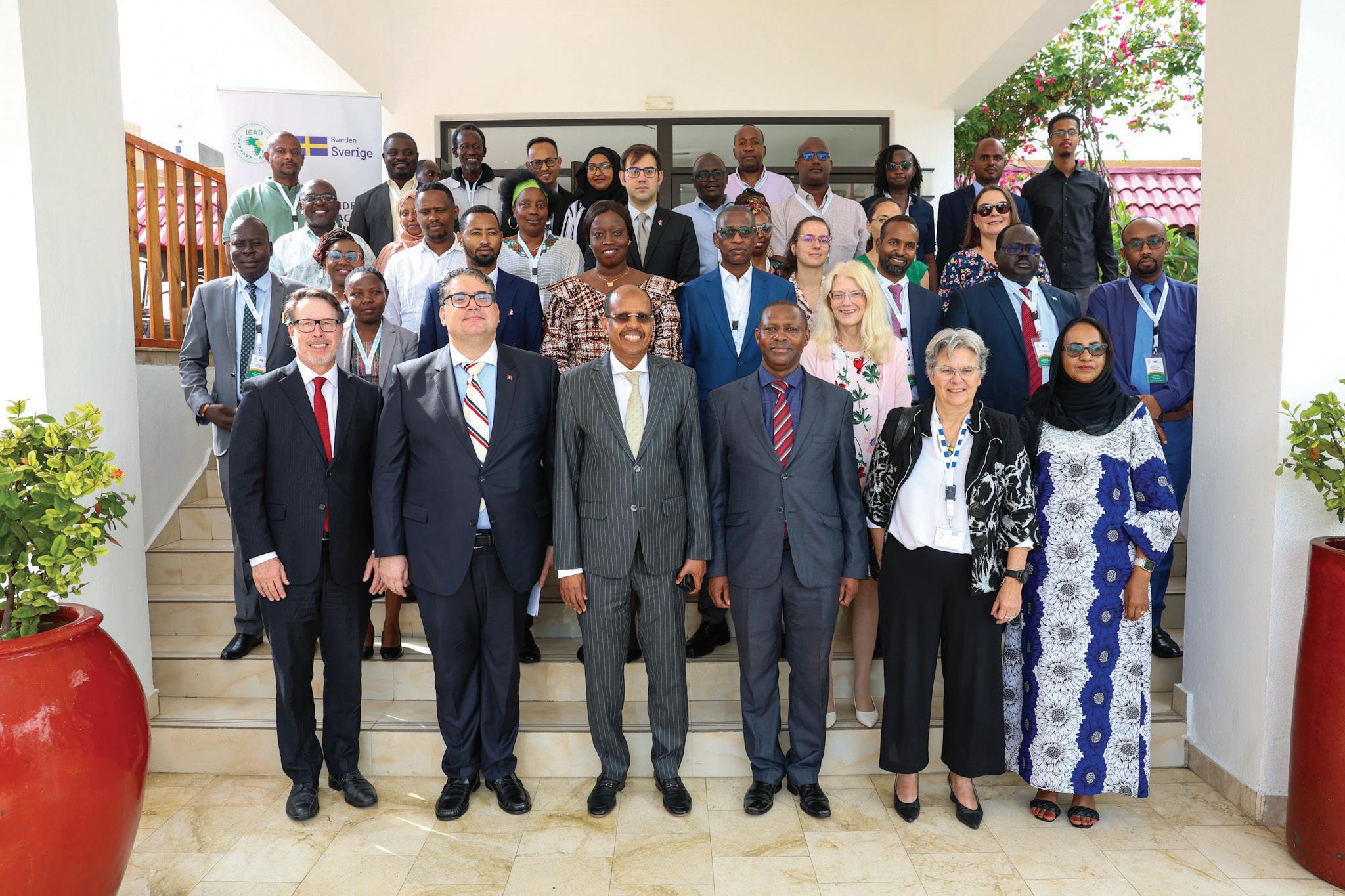
Group Photo: Opening Ceremony Violent Extremism’ which was held 29-31 January 2024 in Djibouti.
Regional
Legislators Meeting: Gender Sensitive P/CVE Legislations
The Centre with support of the Goverment of Sweden through the Swedish International Development and Cooperation Agency (Sida) organised a three day ‘Regional Legislators Meeting on Gender Sensitive P/CVE Legislations’ in Entebbe, Uganda from 7-9 February 2024. The regional meeting H.E Mohamed Ware poses for a picture with some of the resarchers
Group Photo: Participants at the the Regional Legislators Meeting brought together legislators from Djibouti, Ethiopia, Kenya, Somalia, South Sudan and Uganda drawn from peace and security related committees to strategise on how to successfully initiate amends and have in place inclusive and gender sensitive legislations that address violent extremism. The meeting provided an avenue to review existing P/CVE legislations and provide progress on the actioning commitments towards gender sensitive P/CVE legislations at the inaugural regional legisla-
tors meeting held in Mombasa, Kenya 6-8 December 2023 Highlights of the fronted achieving. Hon. Capt. Mugabe Kahonda of Uganda Presents on their Commitments, Dr. Simon Nyambura converses with the Hon. Thomas Tayebwa.
The regional meeting was o cially opened by the Uganda Deputy Speaker of Parliament Hon. Thomas Tayebwa who pledged to follow through and ensure that the Ugandan goverment approves its P/CVE Strategy. The regional legislators meeting was held in line with the key pillar outlined in the IGAD Regional Strategy for Preventing and Countering Violent Extremism of addressing regional capacity gaps including the absence of strong and inclusive P/CVE legislations
The story was also covered on the IGAD website: https://igad.int/igad- member-states-legislators-meeting-on-gender-sensitive-p-cve-legislations/
44

High Level Regional Legislators’ Meeting: Gender Sensitive P/CVE Legislations
Introduction
The Centre with support of the Goverment of Sweden through the Swedish Development and Cooperation Agency (Sida) organised a three day ‘High Level Regional Legislators Meeting’ held 26-28 February 2024 in Addis Ababa, Ethiopia which brought to gether legislators from Djibouti, Ethiopia, Kenya, Somalia, South Sudan and Uganda with aim of advancing conversation on how to successfully realise gender equality in P/CVE legislations. The ‘High Level Regional Legislators Meeting’ was anchored on two previously held regional meetings which enhanced capacities of the legislators to conduct gender audits on P/CVE legislations and to disseminate findings on research conducted to assess the existing P/CVE legislations in place.
International
Group Photo: Participants at the High Level Regional Legislators Meeting
Mr. Joachim Beijmo gives the Opening Remarks
The Adopted IGAD Treaty
The opening ceremony was graced with the presence of Mr. Joachim Beijmo, Head of Regional Development Cooperation in Africa, Embassy of Sweden, Addis Ababa and Hon. W/RO Lomi Bedo, Deputy Speaker, House of Peoples Representatives of the Federal Democratic Republic of Ethiopia. Additionally, the ‘High Level Regional Legislators Meeting’ provided a platform to introduce and popularise to the legislators the adopted IGAD Treaty awaiting ratification. The IGAD Head of Legal Unit, Ms. Karen Njalale oversaw this critical session. Launching the IGAD Parliamenty Caucus Network Cutting of the Cake to O cially Launch the Network
45
Group Photo: Participants at the the Regional Legislators Meeting
Visit to the FDRE Parliament
The legislators had the priviledge to visit the House of Peoples Representatives of the Federal Democratic Republic of Ethiopia which was organised through the leadership of the Deputy Speaker, Hon. W/RO Lomi Bedo.
The highlight of the High Level Regional Legislators Meeting was the o cial lauch of the IGAD Parliamentary Caucus Network. The newly launched network is expected to champion peace, security, development and integration in the region.
Group Photo: Visit to the House of People’s Representatives of FDRE
The IGAD Leadership Academy (ILA) Curriculum Development
The IGAD Leadership Academy (ILA) has in the first quarter of 2024 engaged consultants to oversee
the development of a comprehensive curriculum that adequately responds to the Africa’s leadership challenges and integrates elements of integrity in leadership, recognizes the value of democracy, good governance and human rights and is gender mainstreamed.
Representing the IGAD Executive Secretary, Dr. Simon Nyambura visited the National University of Singapore 6-8 March 2024 where he met and held discussions with Mr. Chivy Li, Head of Strategic Planning and Government Relations/Special Assistant to Dean and Prof. Kanti Prasad Bajpai, Vice Dean, Research and Development of the Lee Kuan Yew School of Public Policy. Among the issues discussed were areas that the IGAD Leadership Academy (ILA) can collaborate and cooperate on in addition to supporting ILA in developing an intellectually solid curriculum.
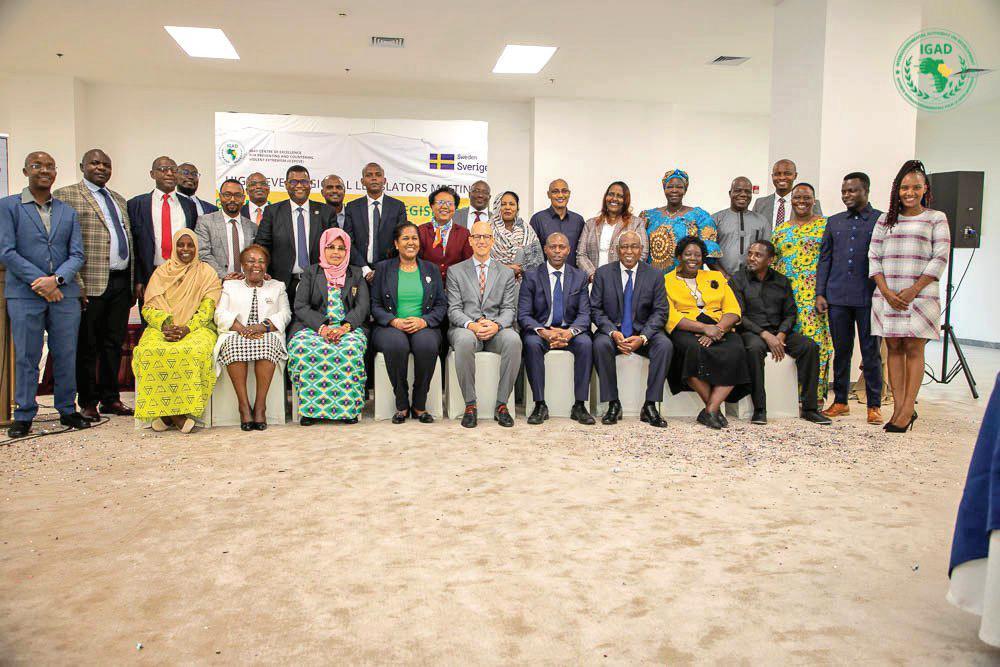
About IGAD Leadership Academy
The establishment of the IGAD Leadership Academy (ILA) seeks to facilitate the mentorship and provisioning of future leaders with the critical skill sets necessary to both chart and steer the course of a rapidly developing multi-cultural African society in the 21st century and beyond. The ILA was endorsed and approved by the IGAD Head of States and Governments Summit held in Nairobi, Kenya on 5th July 2022. The President of Kenya is the Patron of ILA and the Kenya Government has provided o ces where ILA will be located
46
Group Photo: Participants at the High-Level Regional Legislators Meeting
CEWARN 08
CEWARN: Charting the Path to Peace and Security in a Complex World.
CEWARN: Charting the Path to Peace and Security in a Complex World
Climate change as a threat multiplier has taken center stage in the global discourse, especially on its link to peace and security. Since its founding in 2002, the Conflict Early Warning and Response Mechanism (CEWARN) for the Intergovernmental Authority on Development (IGAD) Member States, has been interfacing with the phenomena of climate related conflicts in the arid and semi-arid pastoral areas of the IGAD region. While executing its Mandate of collecting, analysing and disseminating conflict early warning information, CEWARN accumulated vast amounts of data on pastoral conflicts, which overtime, it has been able to analyse as historical data. Some of the deductions from the analysis indicated that there are correlations between conflict escalations with seasonal patterns which are driven by climate variabilities. This led to CEWARN’s first ever study in 2007, published in Meier, Bond, and Bond’s “Environmental Influences on Pastoral Conflict in the Horn of Africa,” Political Geography which, though indicative, was not conclusive enough in drawing correlations between conflicts and climate variability with statistical confidence. CEWARN conducted another study in 2020 seeking to answer the question, ‘Do CEWARN’s behavioral SEP (Social, Economic, and Political) risk ratings warn on conflict?’ Following the a rmative results of the study, CEWARN then undertook another study in 2021 which sought to establish a correlation between the behavioral indicators with a set of climate and environmental
parameters. This latter study yielded a strong statistical correlation between the behavioral indicators and environmental parameters. The study was limited in scope both geograpically (covering CEWARN’s historical Areas of Reporting-AORs) and thematically (covering pastoral conflicts and environmental parameter of vegetation index).
This 2023 study, therefore, replicates the 2021 study with the broader objective of widening the scope to include other non-pastoral areas in the region with the addition of a new climate variable, rainfall estimates, for the analysis. The findings of the study provide the much sought for scientific basis of developing early warning predictive models based on the easily observable and measurable weather and environmental parameters. It is therefore my sincere hope that the findings of the study, as presented in this report, will contribute significantly to the growing wealth of knowledge and contemporary debates on the climate-conflict nexus.
In conclusion, I would like to appreciate the Government of Ireland for the financial support that it extended, through its Embassy in Addis Ababa, Ethiopia, to IGAD’s CEWARN that has been instrumental in accomplishing this important study. Camlus Omogo, Director, CEWARN
47
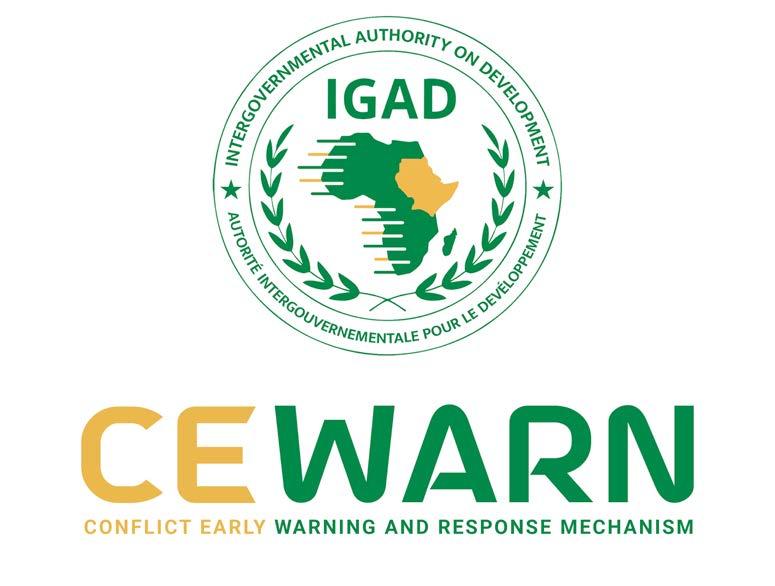
CLIMATE-CONFLICT NEXUS IN THE IGAD REGION:
A Study of CEWARN’s Behavioral & ICPAC’s Environmental Data As Predictors of
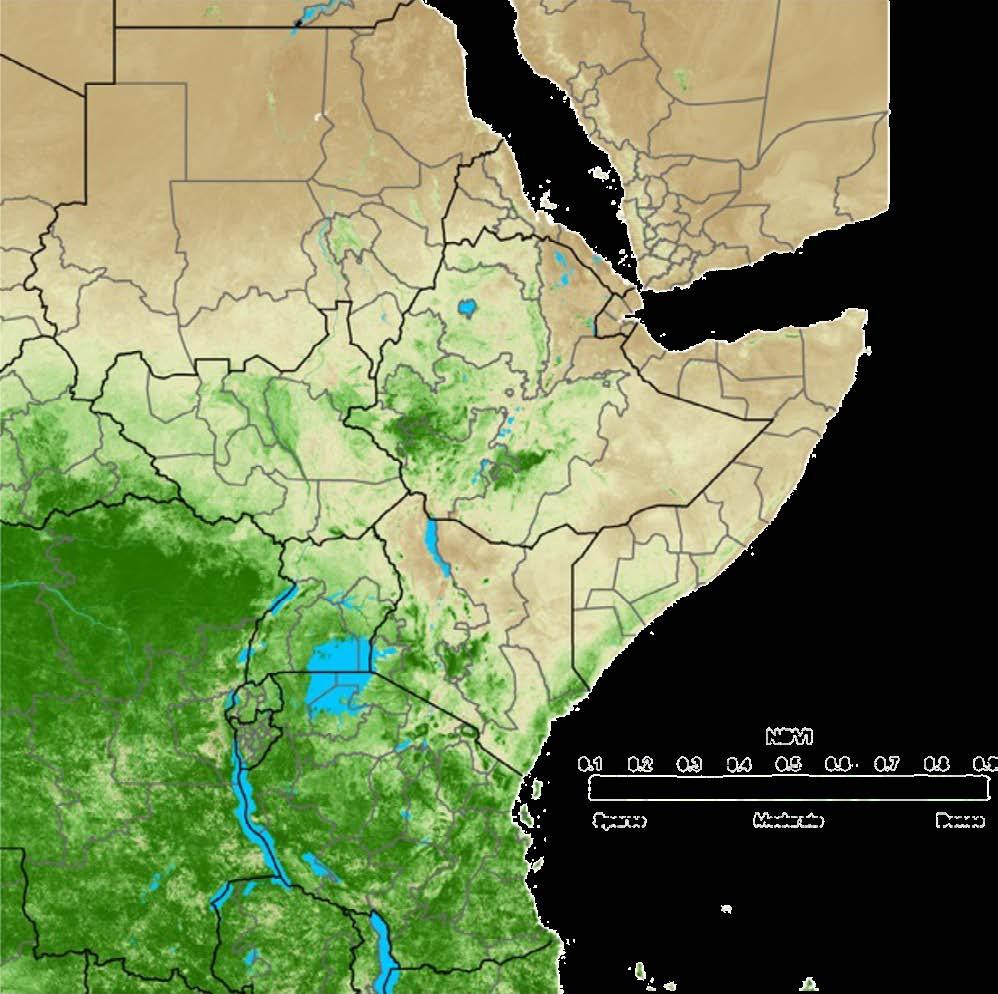
East Africa eMODIS 250m Temporally Smoothed NDVI
Period 03 / Jan 21 - 31. 2015

Image source: USGS/EROS
The above map presents a sample vegetation measure (NDVI) map of the IGAD region used in the contextualization of the results in this study. ICPAC provided the actual data used in the study, which was downscaled and customized to the region by ICPAC.
Download the document : https://cewarn.org/download/climate-conflict-nexus-in-the-igad-region/
A STUDY OF CEWARN’S BEHAVIORAL & ICPAC’S ENVIRONMENTAL DATA AS PREDICTORS OF CONFLICT INCIDENTS, 2003-2015
48
Corporate Services
M&E and Statistics Activities
IGAD to Implements an Intranet Resource Portal
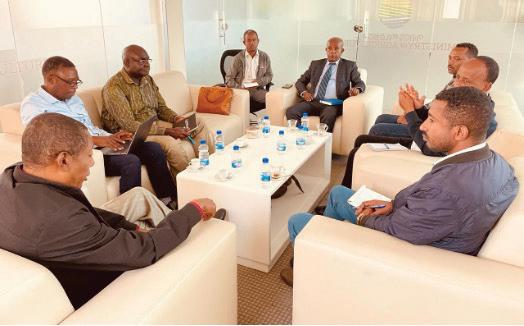
09
49
M&E and Statistics Activities
As part of its commitment to enhancing internal systems and processes, the Intergovernmental Authority on Development (IGAD) is working to improve its Monitoring and Evaluation (M&E) and Statistics system. This e ort includes operationalising the Regional Strategy for the Development of Statistics (IRSDS), which aims to ensure the avail-
ability of quality data and statistics to meet IGAD's needs.
The implementation of the IRSDS is guided by three key perspectives. First, it seeks to provide quality and reliable data to support the African Regional Integration Agenda. Second, it aims to supply data for the development of the IGAD region. Third, it strives to strengthen the
of IGAD Centralised Statistics Database
Strides have been made toward operationalising the IRSDS within the IGAD region. One important step is developing a centralised database to store data and disseminate statistics to users. During the quarter, the IGAD team worked closely with the Consultant from the Pan Africa Statistics Programme (PAS II) to articulate the needs of IGAD and its member states to implement a centralised statistics database. The team listed and validated the modules and functionalities to be incorporated into the database, determined the hosting requirements of the database, and elaborated on the
database's business model. As a result, detailed user requirements/ technical specifications of the system and the road map towards the development of the database were finalised. This database, once operational, will serve as a robust repository for statistical data collected from Member States. It will provide a central platform for data sharing, analysis, and dissemination, significantly enhancing data accessibility and promoting evidence-based decision-making within the region. The positive impact of this initiative on the IGAD region cannot be overstated.
Preparation of IGAD Statistics Yearbook, facts and figures
As a significant step towards enhancing the organisation's e ectiveness, promoting evidence-based decision-making, and supporting the socio-economic development of the IGAD region, the secretariat is working towards finalising the IGAD Statistics Yearbook, facts and figures 2022. Drafting of the publication is ongoing, covering all the statistical domains captured within the IGAD Regional Strategy for Develop-
role of the Regional Strategy for the Development of Statistics (RSDS) in the African Statistical System.
In addition to these e orts, IGAD is also working to strengthen its M&E system for robust reporting, monitoring, and evaluation of the IGAD Strategy. Key activities undertaken between January and March include:

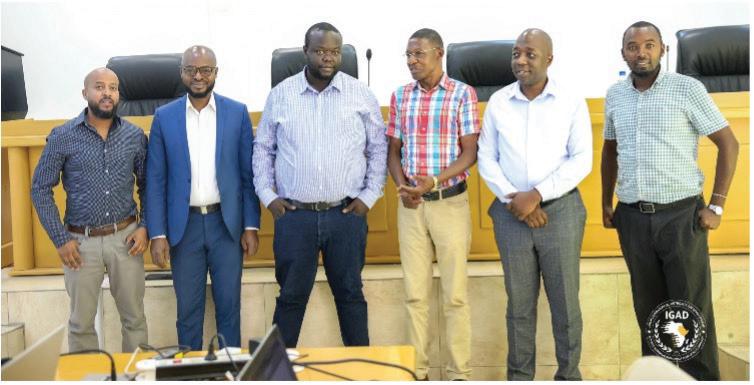
ment of Statistics. So far, the process has included the collection of data from the Member States and relevant data sources, compilation and analysis of key socio-economic indicators, demographic data, and relevant statistics for the IGAD Member States, and presentation of data and information in a clear and accessible manner, including tables, charts, graphs, and narratives. Ultimately, the IGAD Statistics Yearbook, Facts and Figures
2022, will summarise key regional statistical indicators and trends, serving as a quick reference guide for the IGAD Secretariat, Member States and other stakeholders interested in IGAD's statistical data. The publication will be made available online for easy access and dissemination. The finalisation and launching of this publication will be done in quarter two of 2024.
Development
50
Mid-Term Review of the IGAD Regional Strategy 2021-2025
The IGAD Secretariat initiated the Midterm Review of the IGAD Strategy by conducting fieldwork from March to April 2024. This review aimed to assess the progress towards achieving the IGAD Strategy's objectives. Its purpose was to evaluate the design and
e ectiveness of the Regional Strategy and assess the progress made towards achieving its objectives. The results of this review are expected to assist IGAD in identifying necessary adjustments, lessons learned and good practices for the
e cient and e ective implementation of the current strategy. Additionally, the review will inform the design of future regional strategies, ensuring that they are more responsive to the needs and challenges of the region.
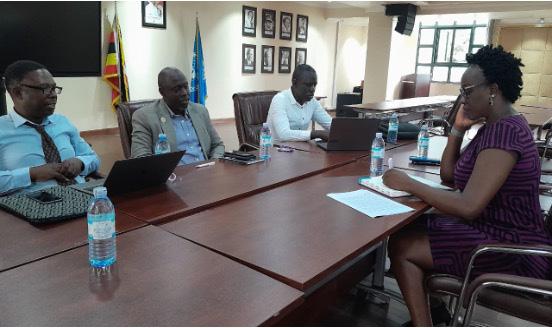

Preparation of IGAD Annual Report
In February, the IGAD M&E Working Group conducted a write shop to prepare the IGAD Annual Report for 2023. This report is a crucial undertaking, providing a comprehensive overview of the organisation's activities, achievements, challenges, and financial status over the past year. It serves as a key accountability tool, highlighting the progress made in implementing IGAD's programs and projects, as well as the utilization of resources. The report also o ers insights into the impact of IGAD's interventions in addressing regional challenges and advanc-
Preparation of IGAD Annual Report
As one of the Regional Economic Communities, IGAD continued to participate in the Specialised Technical Groups of the African Union Commission with the aim of contributing to the harmonisation of the statistics agenda driven by the Strategy for the
ing the organisation's objectives.
Before the write shop, several steps were undertaken to ensure the report's accuracy and relevance. These steps included collecting, analysing, and synthesising data and information from various sources within IGAD, such as reports from member states and technical departments. The report includes sections on the organisation's governance structure, financial performance, programmatic achievements, challenges, and future plans and priorities. Currently, the report is in its final
Harmonisation of Statistics in Africa (SHaSA2) and the IRSDS. This alignment will enable the African Statistical System (Regional Statistical System included) to generate quality and harmonised statistics that are available in a timely manner and
stages of production. The annual report is critical in enhancing transparency and accountability within IGAD. It provides stakeholders, including member states, development partners, and the public, with a clear understanding of the organisation's activities and outcomes. Additionally, the report serves as a valuable tool for advocacy and resource mobilisation, demonstrating the impact of IGAD's work and its continued relevance in the region.
accessible to users to assist in designing, planning, implementing, monitoring and evaluating integration policies for inclusive development.
Key workshops participated in are as follows.
51
Workshop Name Domain
Regional Workshop on Statistical Business Registers (SBR)
Regional Workshop on Civil Registration and Vital Statistics
Business Registers Statistics
Dates and Venue
20th -22nd March 2024, Douala, Cameroon,
Key Objectives
• Discuss Agenda 2063 Indicators on statistical business registers.
• Share the best experiences for the establishment of statistical business registers.
• Agree on the minimal list of indicators for statistical business registers.
Regional Workshop on Illicit Financial Flows Statistics
Civil Registration and Vital Statistics
13th -15th February 2024, Cairo, Egypt
Regional Workshop on Rebasing of The National Accounts
Financial Statistics
25th -27th January 2024, Nairobi, Kenya
• Discuss the Agenda 2063 indicators on civil registration and vital statistics (CRVS);
• Share the best experience of AU Member States on CRVS;
• Discuss the implementation of APAI-CRVS and
• Discuss the development of the guideline on CRVS
Regional Workshop on Industrial Statistics
National Account Industrial Statistics
22nd -24th January 2024, Nairobi Kenya
• Discuss on Agenda 2063 indicators for illicit financial flows statistics.
• Share the best experiences with the AU Member States on illicit financial flows statistics; and
• Discuss on the production of African yearbook on illicit financial flows statistics.
19th -20th January 2024, Nairobi, Kenya
• Discuss Agenda 2063 indicators for rebasing of national accounts.
• Share the best experiences with AU Member States on rebasing of NA and
• Discuss the elaboration of African guidelines on the rebasing of national accounts.
• Develop a measurement framework for Agenda 2063 Second Ten Year Implementation Plan within the context of SHaSA II on industrial statistics.
• Share the best experiences among AU Member States on industrial statistics.
• Learn from internationally agreed standards and methodologies; and
• Discuss a roadmap for the production of African guidelines on industrial statistics.
52
IGAD to Implement an Intranet Resource Portal
December 11-14, 2023 (Naivasha, Kenya): The Intergovernmental Authority on Development (IGAD) through its Administration and Finance Division initiated a four-day Implementation of Intranet Resource Portal Workshop in Naivasha, #Kenya. The workshop brought together Information and Communications Technology (ICT), Information and Documentation, Knowledge Management, and Communications experts from the Secretariat and our specialised institutions, with the aim of increasing teamwork and collaboration at divisional and specialised institution level.
During the four-day event, participants from the headquarters and specialised institutions engaged in practical sessions focused on using an intranet platform. They received an introduction to the intranet platform, practiced building an intranet portal (hub sites), and worked on creating sites the organisation.
Speaking at the opening of the workshop, IGAD Head of ICT, Mr. Simon Mbuguwa representing the IGAD Director of Administration and Finance, Mr. Josephat Onyari, said: “The purpose of implementing the intranet resource portal is to create a
The workshop concluded with the following outcomes:
• Development of the fully-fledged SharePoint Intranet Hub.
• Establishment of the Divisional/Specialised Institutions sub-sites, and
• Uploading of the essential policy documents to the Intranet Hub.
centralised repository of documents, classify them and provide a user-friendly mechanism to access and collaborate on them. The repository will be structured according to divisions and specialised institutions as well as specific thematic areas.”
He also added that: “The intranet will also foster collaboration among IGAD's sta , providing tools for team communication and project management. Sta will be able to create and manage shared workspaces, exchange files, and track project progress, ensuring that everyone is on the same track and working towards common goals.”
The Training was held with financial support from ISAP IV (JFA-funded component)
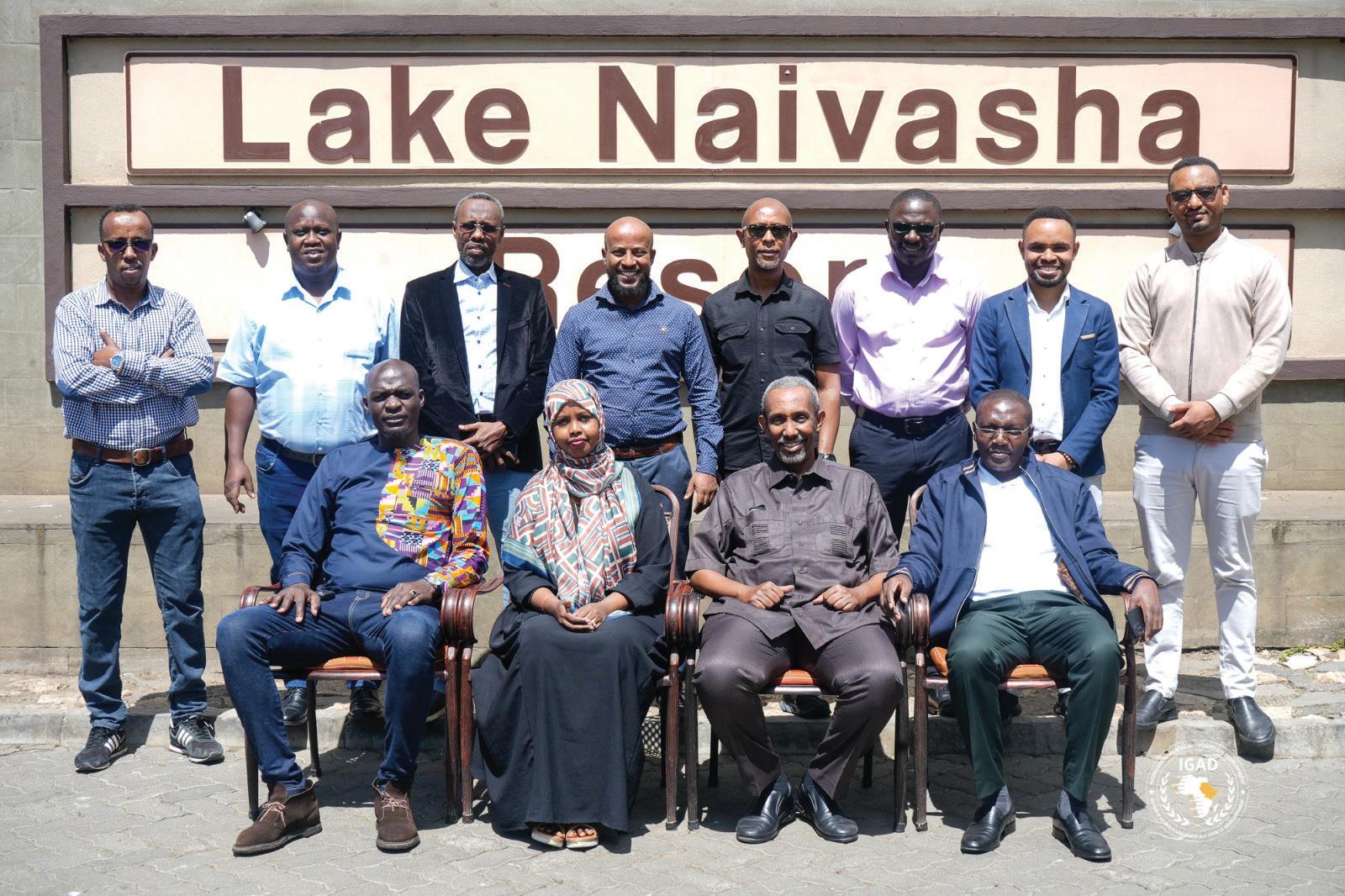
53

IGAD Media Awards 2024
IGAD Media Awards 2024: Celebrating Excellence in Journalism
IGAD Media Awards 2024: Celebrating Excellence in Journalism
The Intergovernmental Authority on Development (IGAD) proudly announces the launch of the 2nd edition of the IGAD Media Awards 2024. Recognising the indispensable role of the media in fostering peace, stability, and development across the region, this initiative aims to honour outstanding journalism that sheds light on issues vital to our communities.
The IGAD Media Awards 2024 seeks to celebrate and reward excellence in reporting within the IGAD region, spanning eight member states including Djibouti, Eritrea, Ethiopia, Kenya, Somalia, South Sudan, Sudan, and Uganda. From investigative journalism to compelling storytelling, these awards aim to inspire and elevate the voices of journalists who are committed to accuracy and promoting accountability.
“At IGAD, we understand the power of the media as a force for positive change,” remarked Patience Nyange, Spokesperson of the IGAD Executive Secretary. “Through the IGAD Media Awards, we aim to recognise and honour the tireless e orts of journalists who work tirelessly to inform, educate, and empower our communities. By shining a spotlight on their work, we hope to encourage the pursuit of excellence in journalism and foster a culture of integrity, transparency, and accountability.”
The IGAD Media Awards 2024 spotlight shines on peace and security with the overarching theme, “Narratives of Hope: Inspiring Peaceful, Secure, and Inclusive Futures.”
The awards will encompass the following categories:
• Print
• Radio
• TV
• Photography
• Digital Media
• Gender Responsive Media
• Influencers
• National Languages
• Lifetime Achievement Award
All journalists within the IGAD region are invited to submit their entries for consideration. Submissions will be evaluated by a panel of distinguished judges comprised of media experts, academics, and civil society representatives.
“We call upon all journalists in the IGAD region to seize this opportunity to showcase their talent and dedication to the noble profession of journalism,” urged Austin Opata, Ag. Head of Communications at IGAD. “By participating in the IGAD Media Awards, you contribute not only to the advancement of your career but also to the collective goal of promoting press freedom, accountability, and transparency in our region.”
For more information about the IGAD Media Awards 2024, including submission guidelines and deadlines, please visit https://mediaawards.igad.int/ or contact mediaawards@igad.int.
Together, let us continue to champion the cause of press freedom and work towards a brighter future for our region.
54 10
www.mediaawards.igad.int Submission deadline: June 30, 2024 CALL FOR Join us for the 2nd IGAD Media Awards, honouring excellence in Horn of Africa journalism! Submit your narratives on peace & security under the theme, 'Narratives of Hope: Inspiring Peaceful, Secure, and Inclusive Futures.' for more details: 55
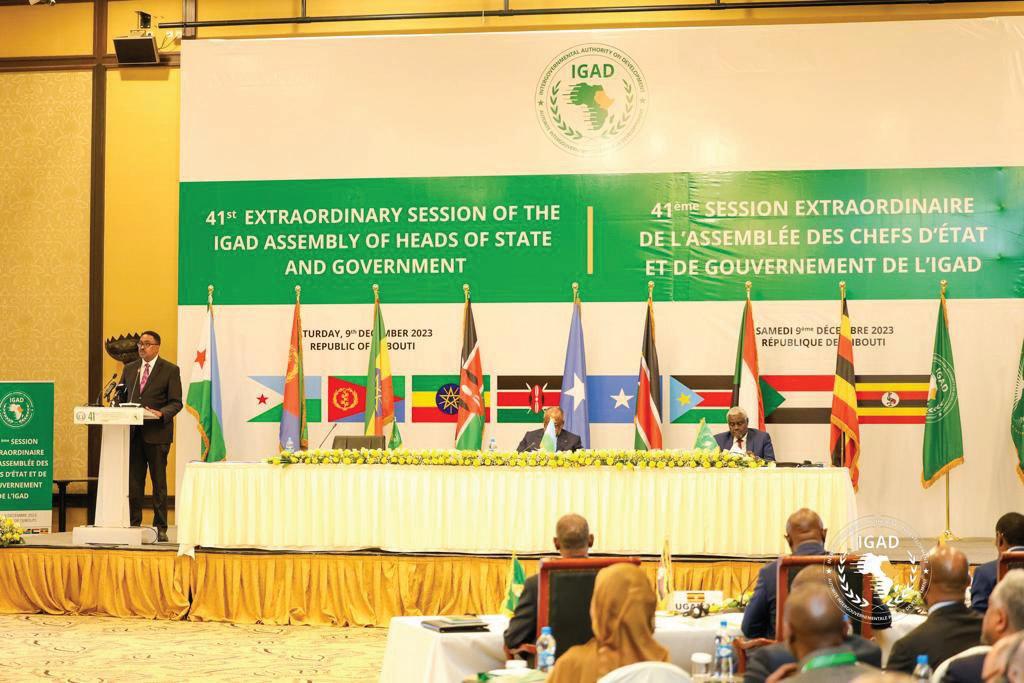
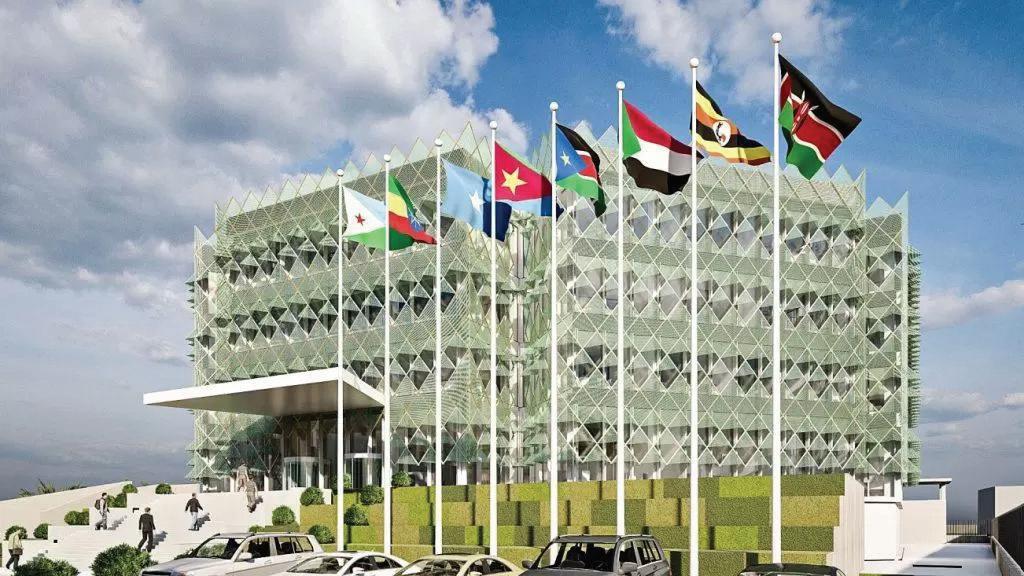
Contact Information
IGAD Secretariat Ave Georges Clemenceau, Djibouti City
P.O. Box 2653, Republic of Djibouti
Email: info@igad.int | Website: https://igad.int
https://www.facebook.com/igadsecretariat/ https://www.instagram.com/igad_secretariat/ https://twitter.com/igadsecretariat


























































































